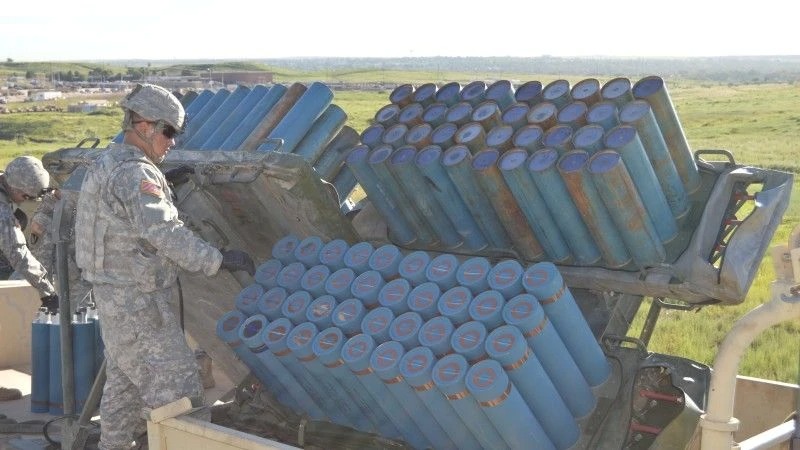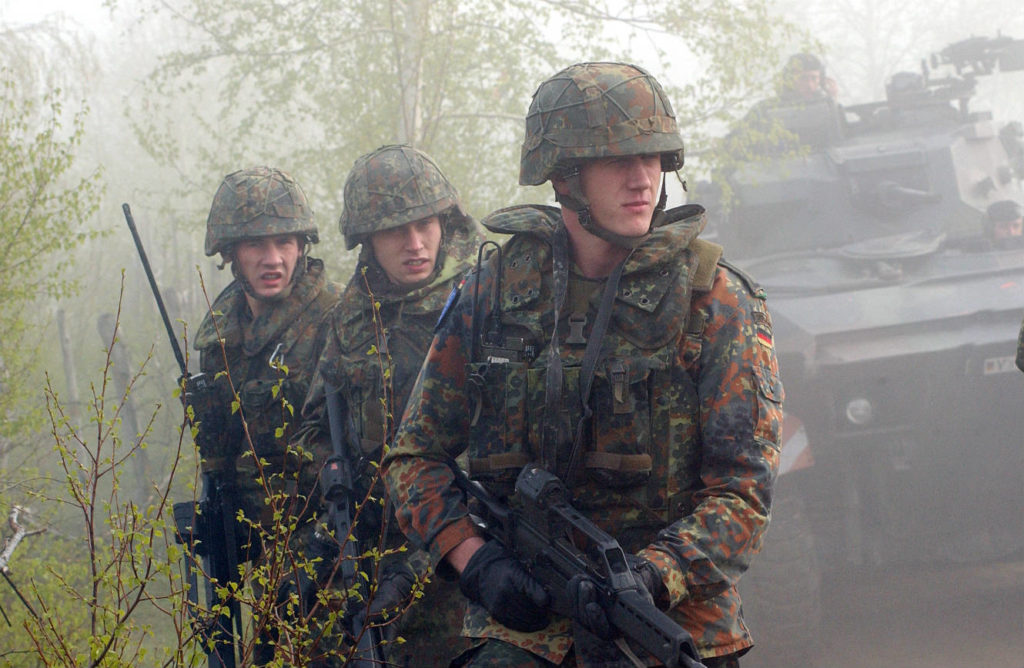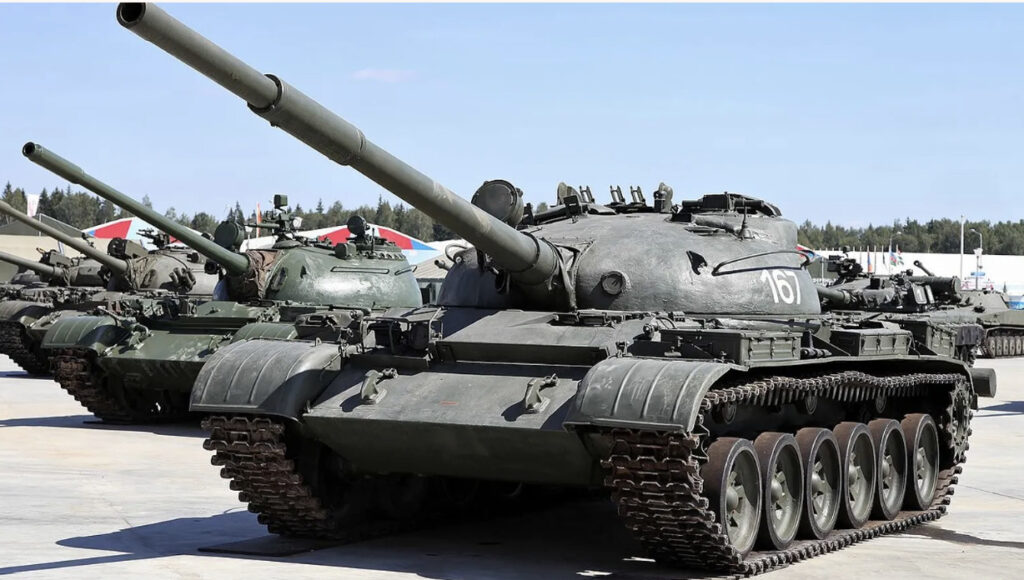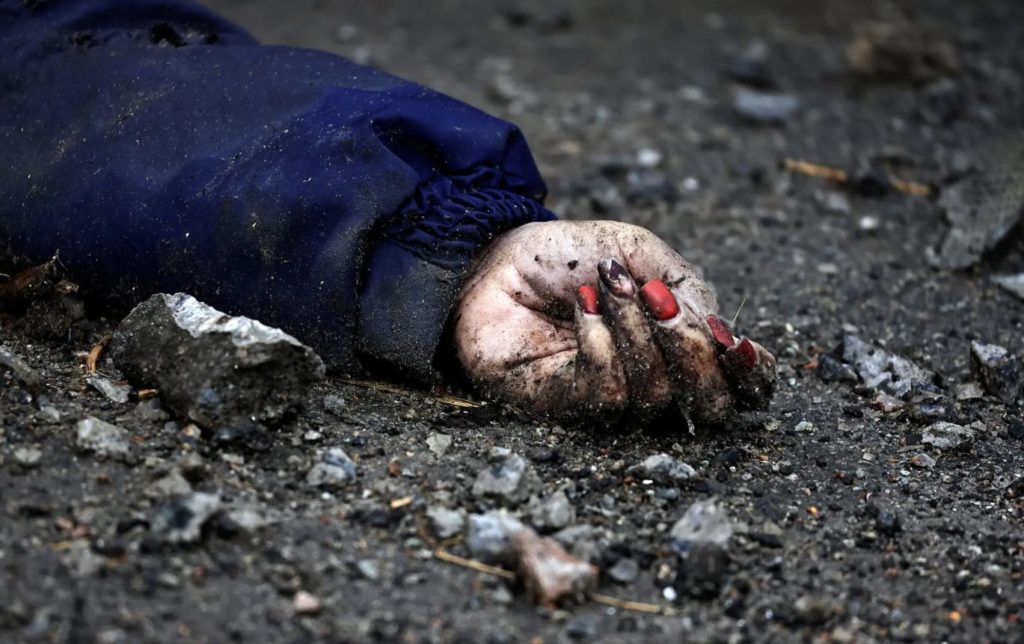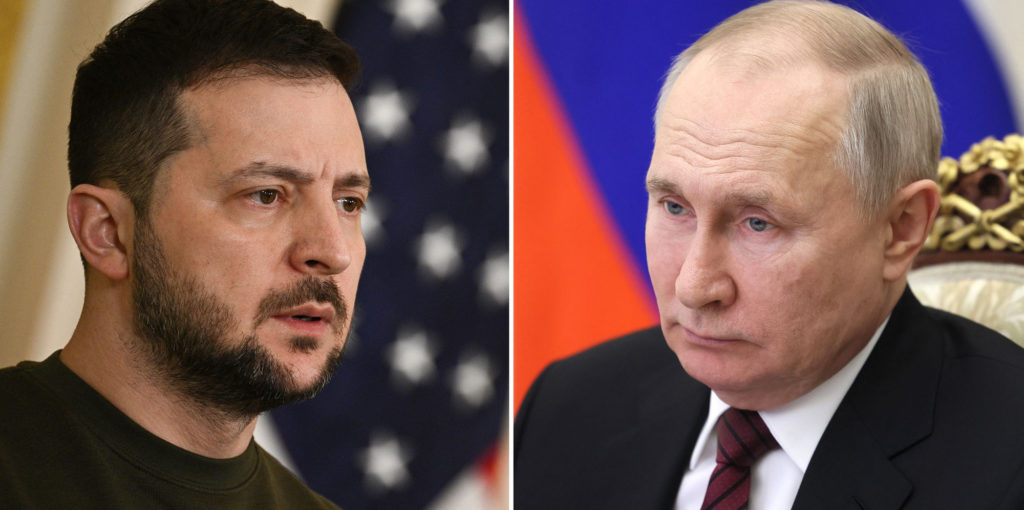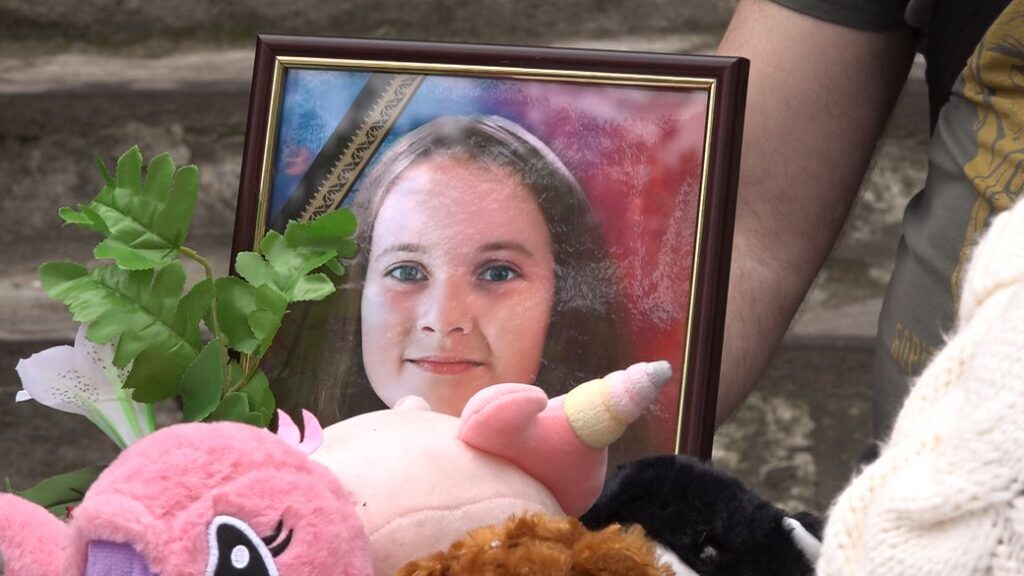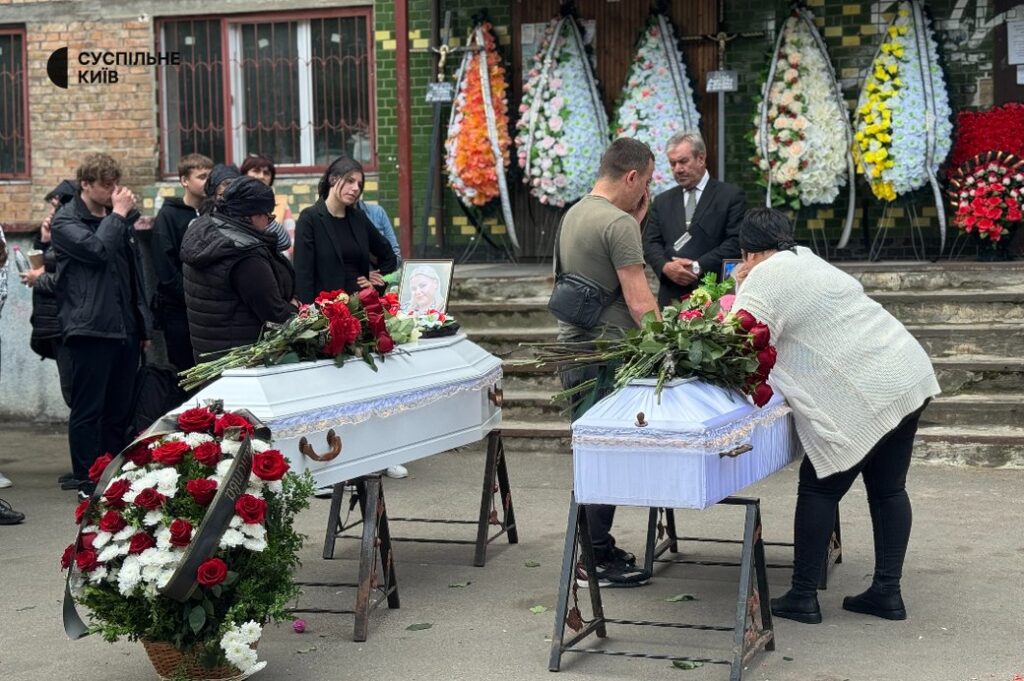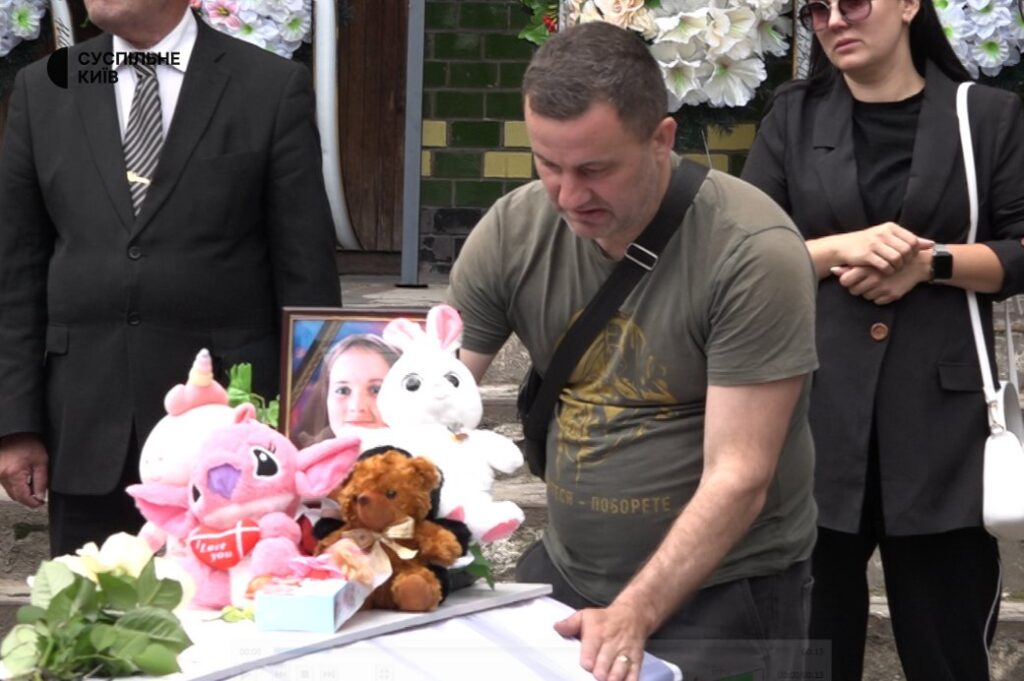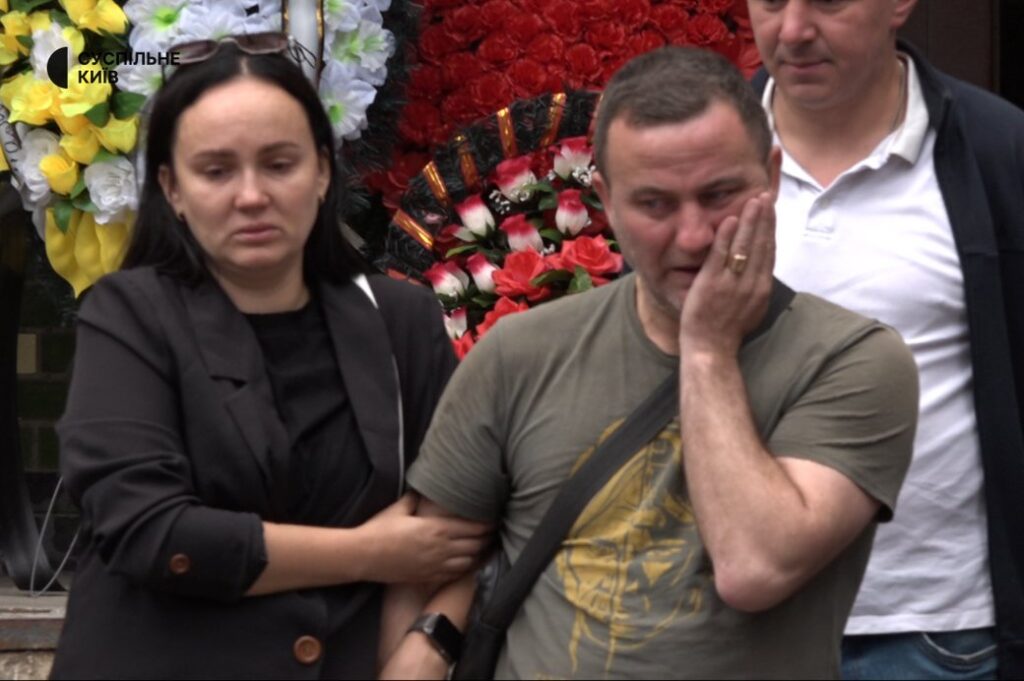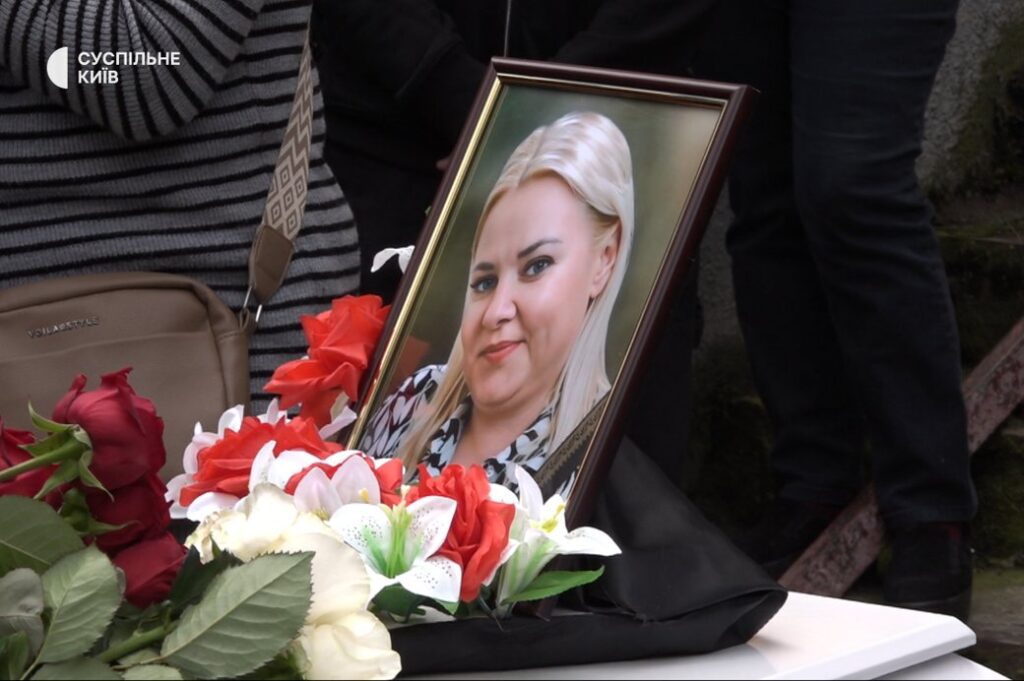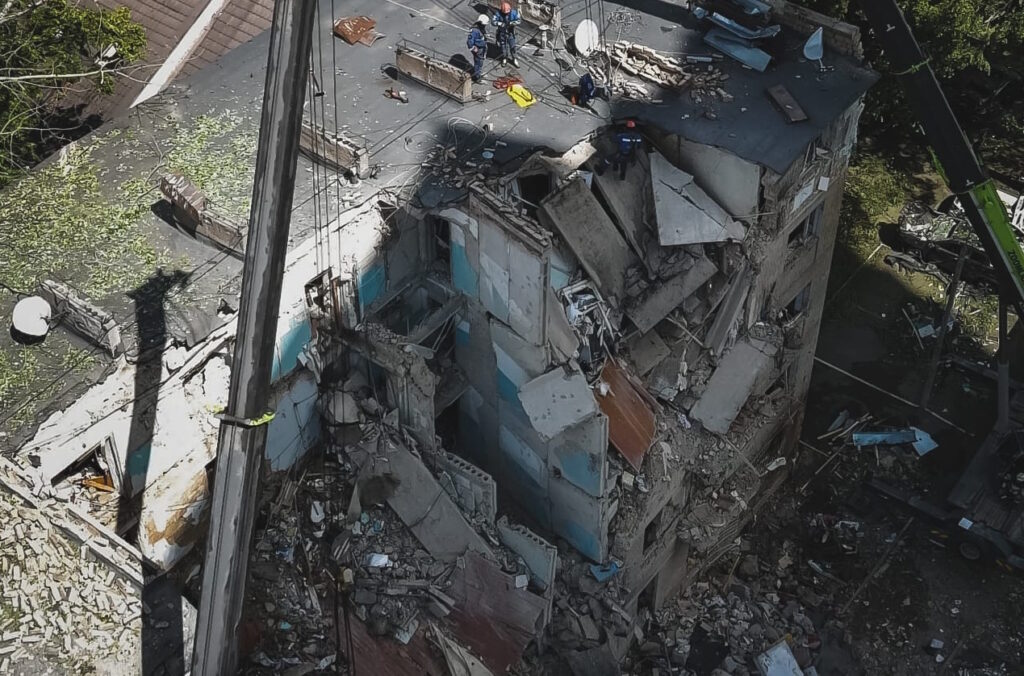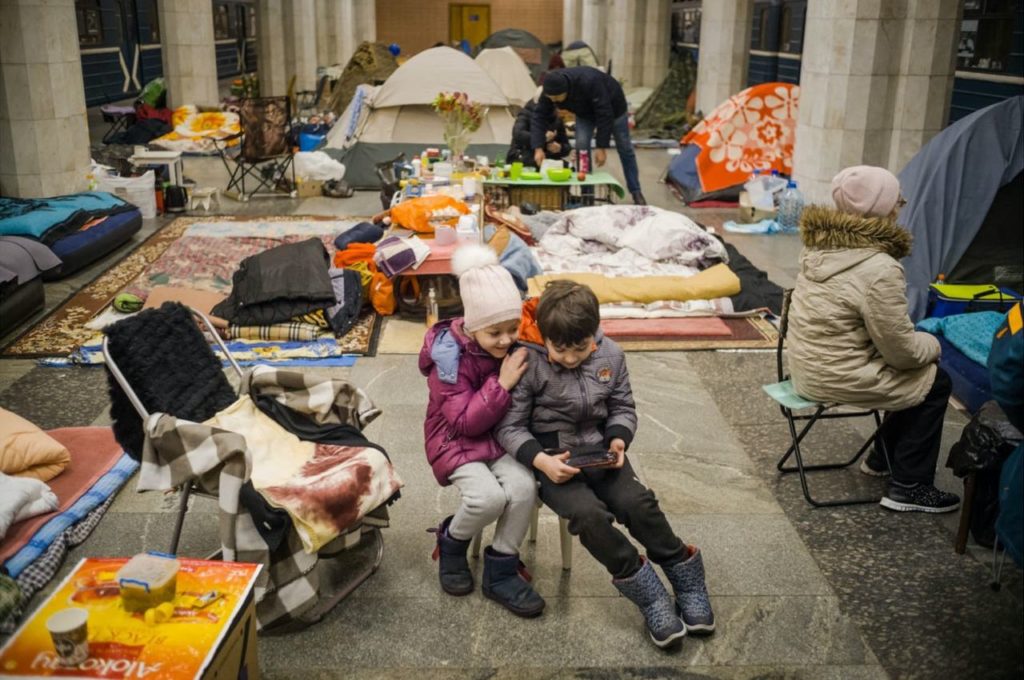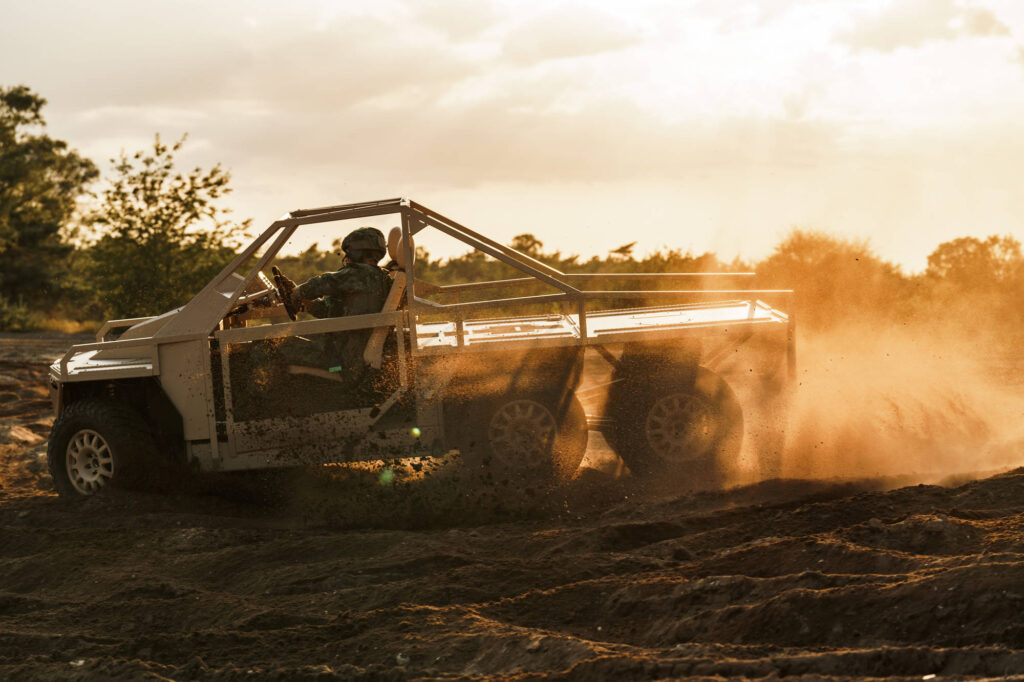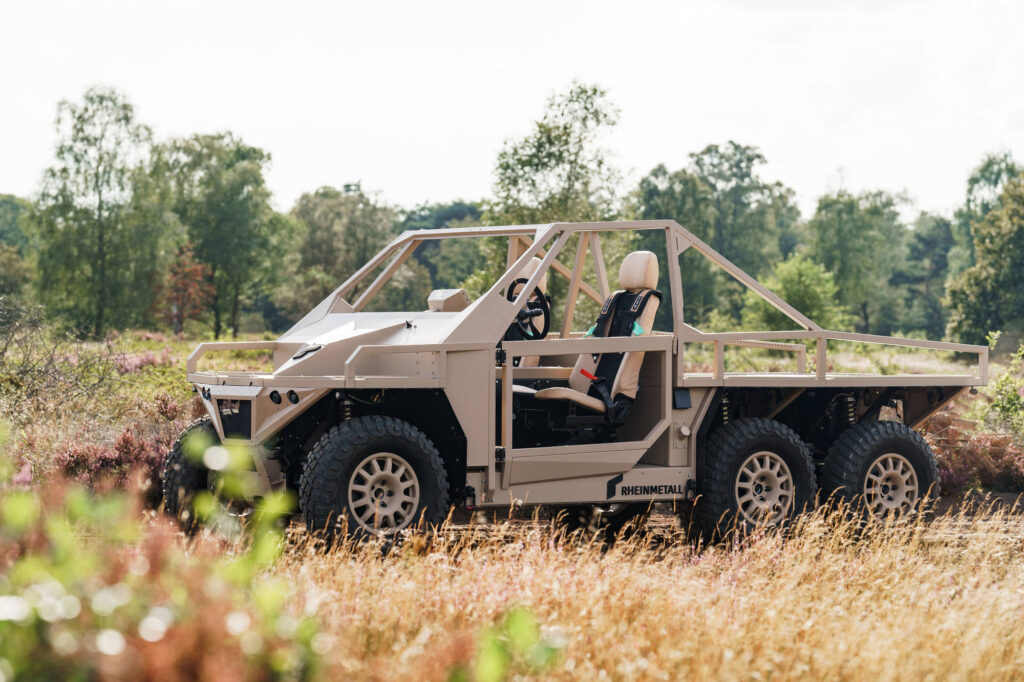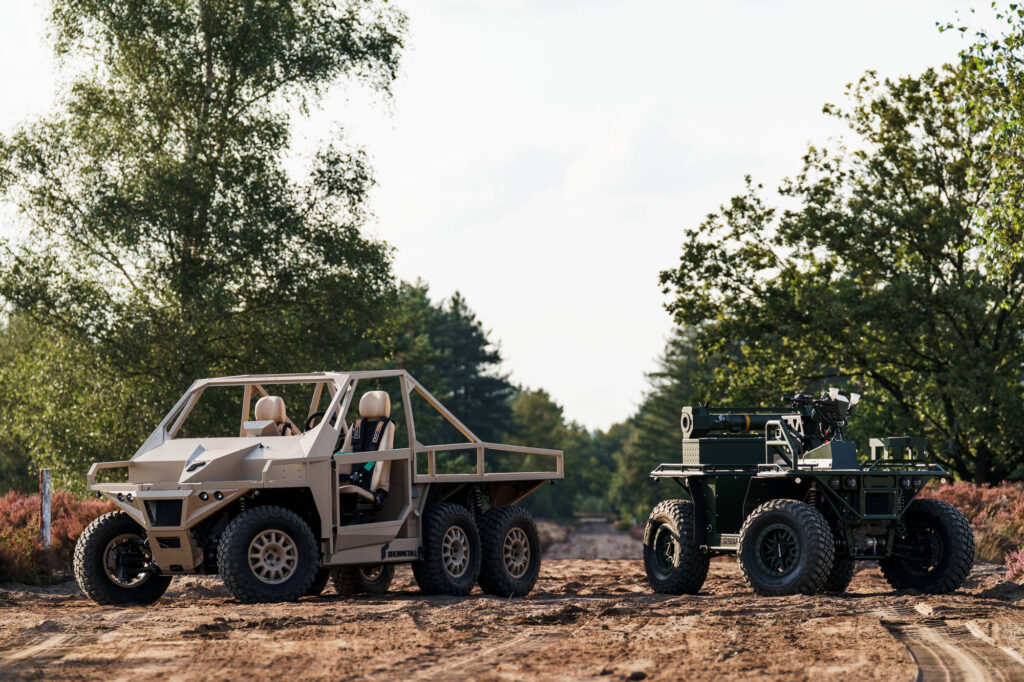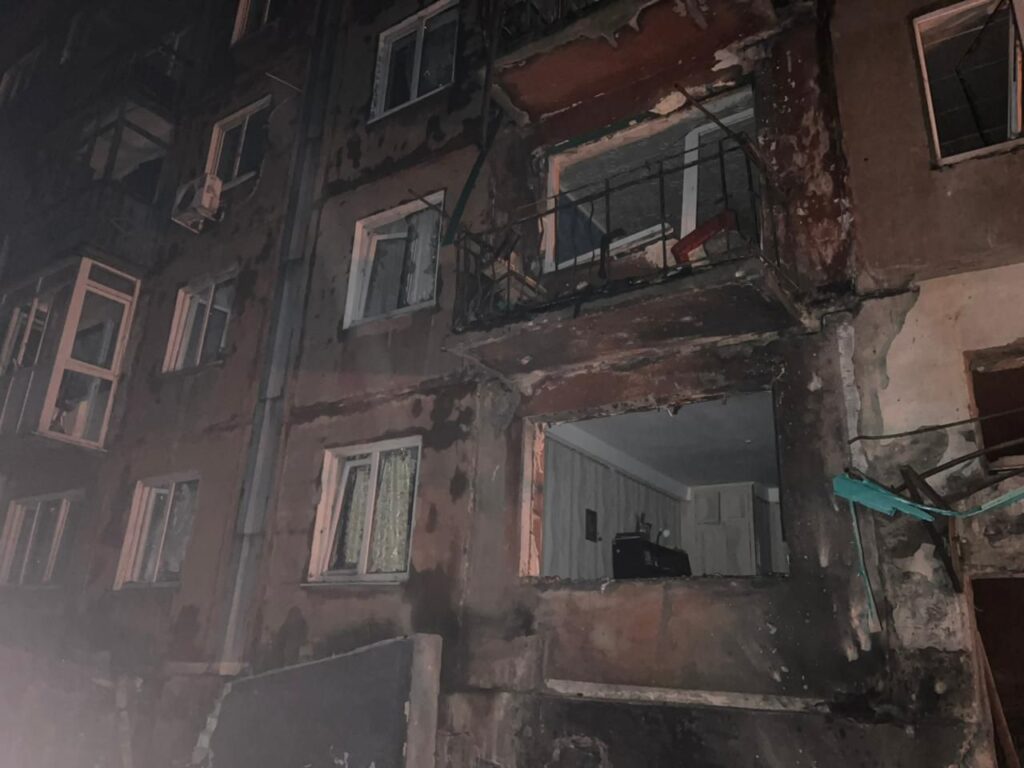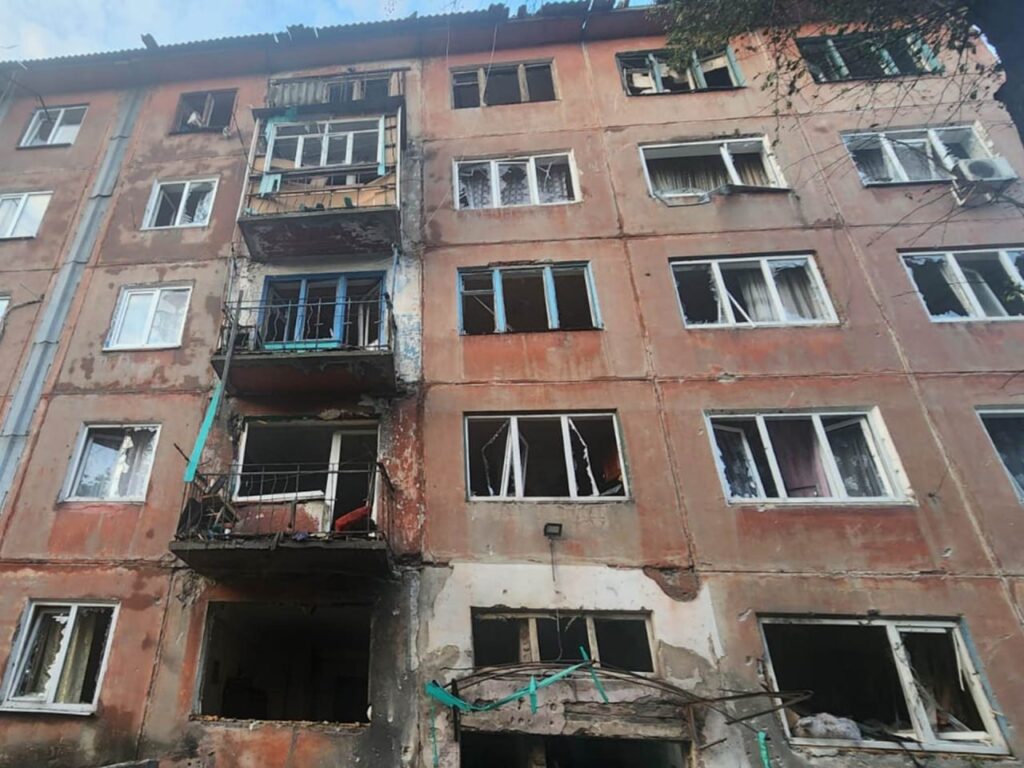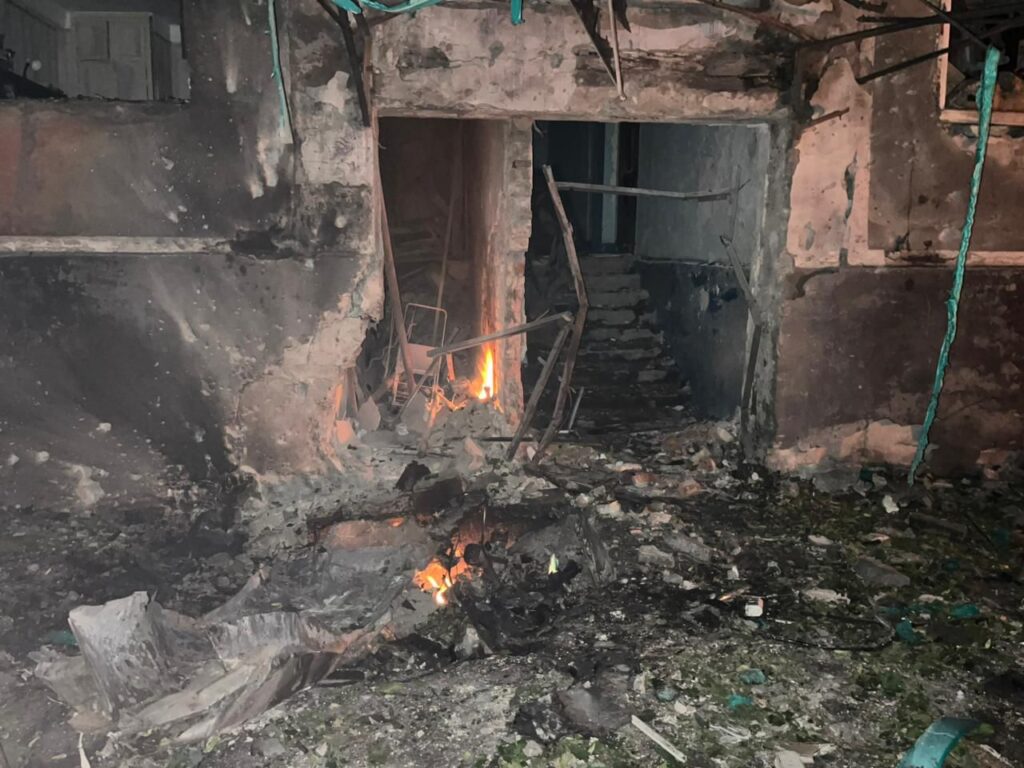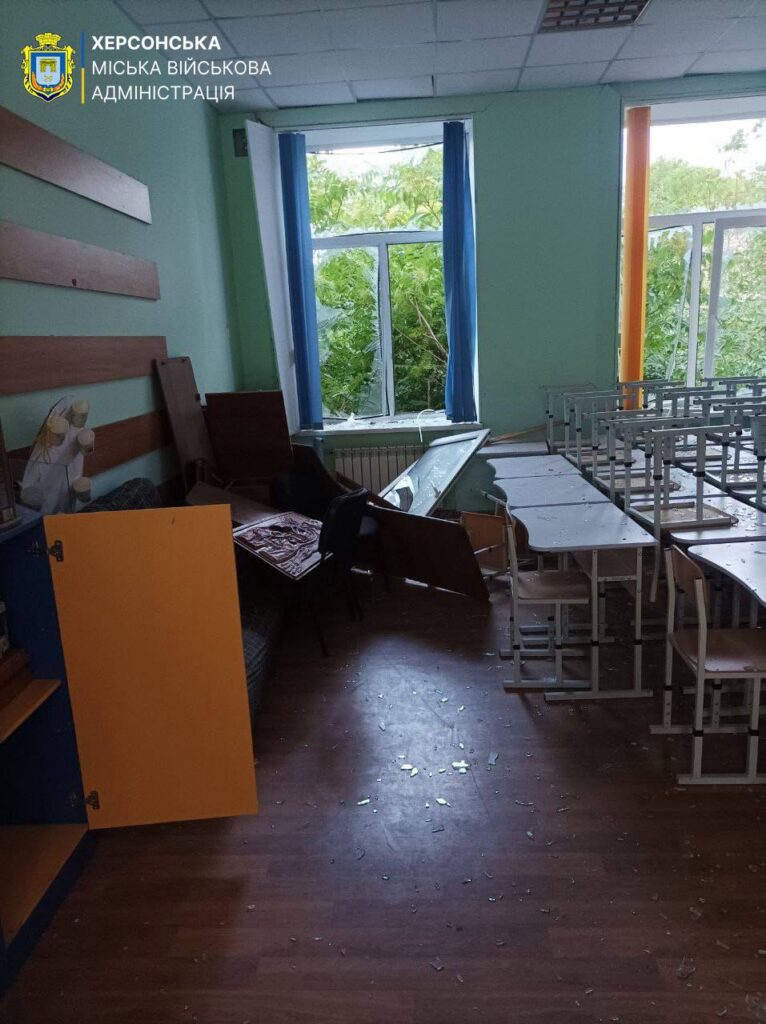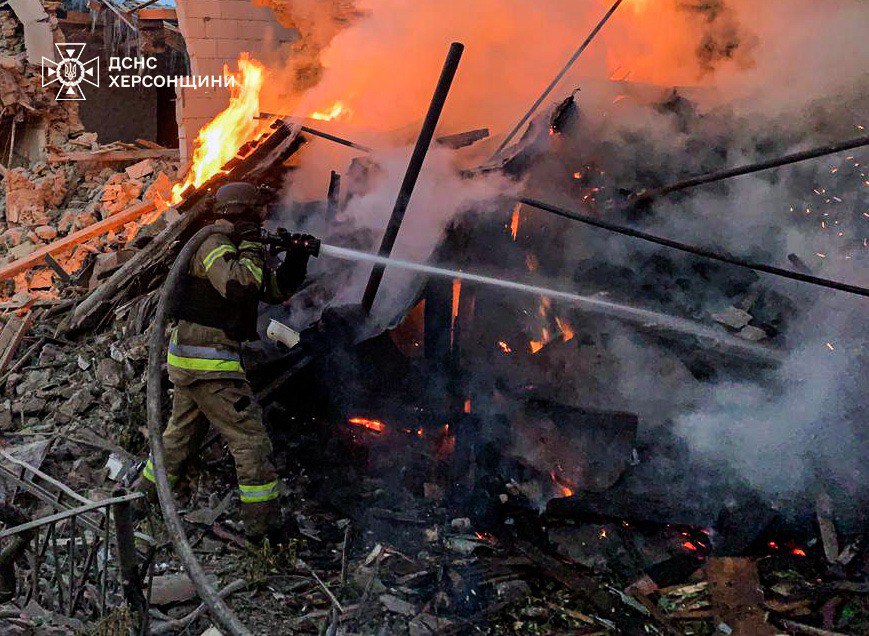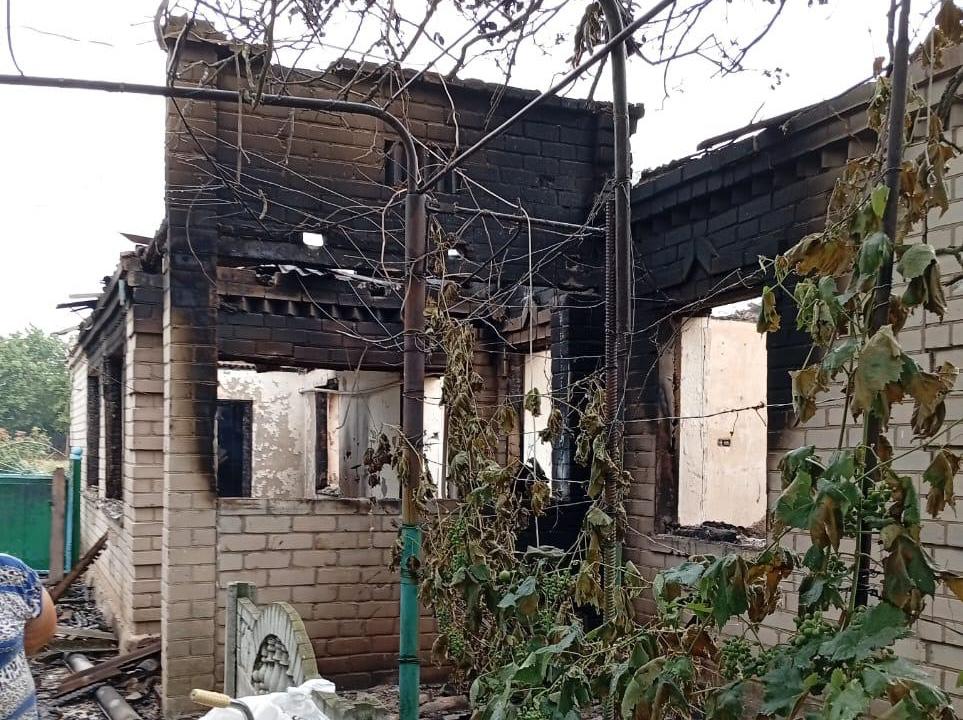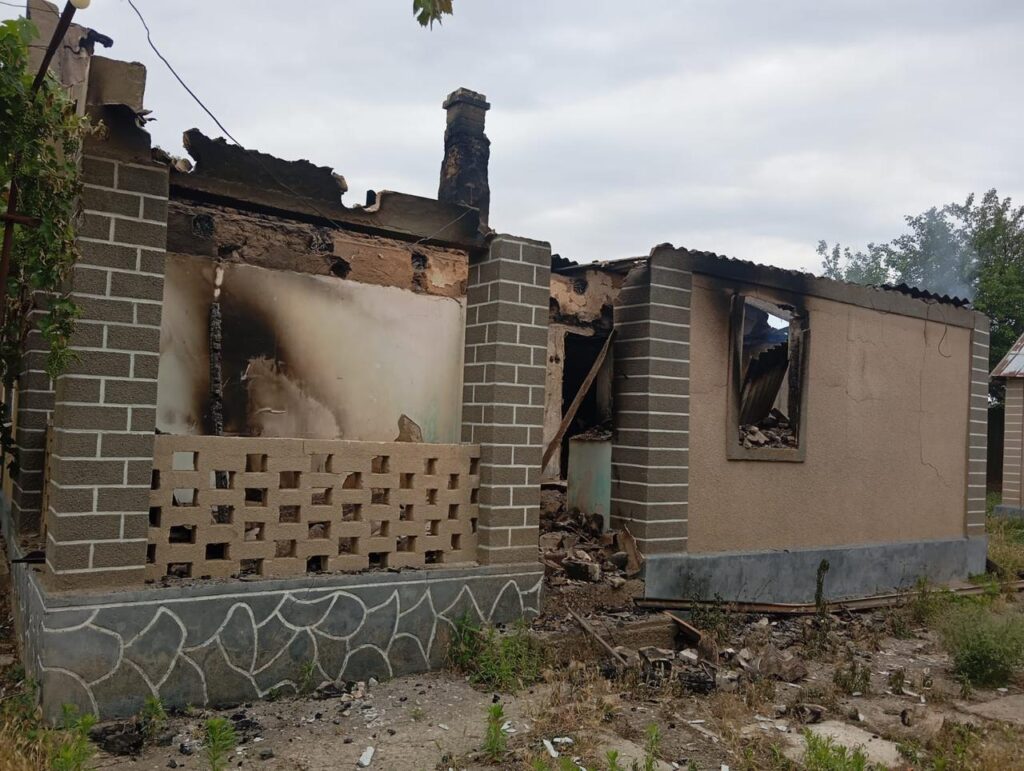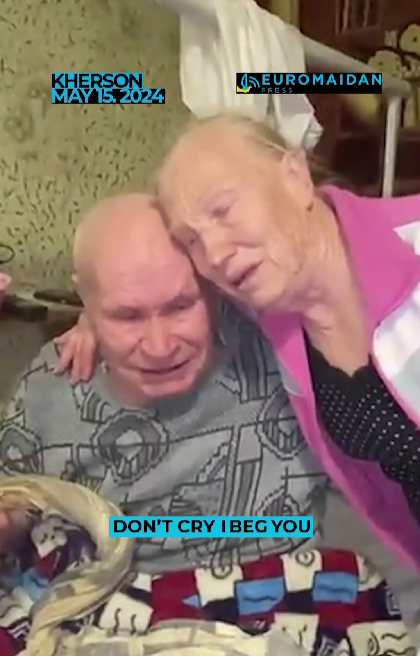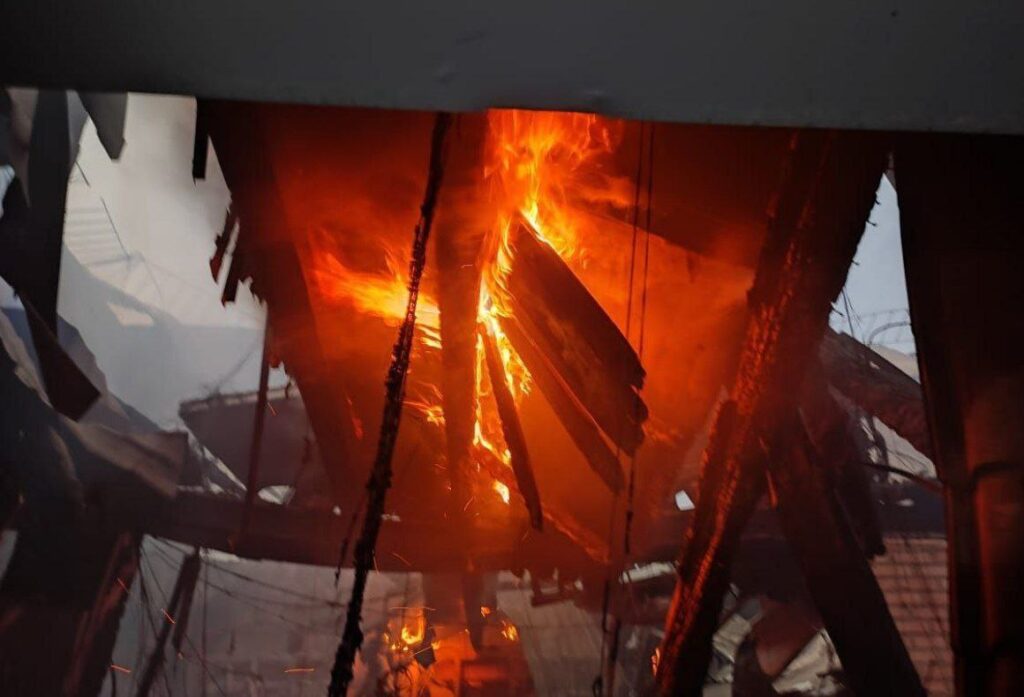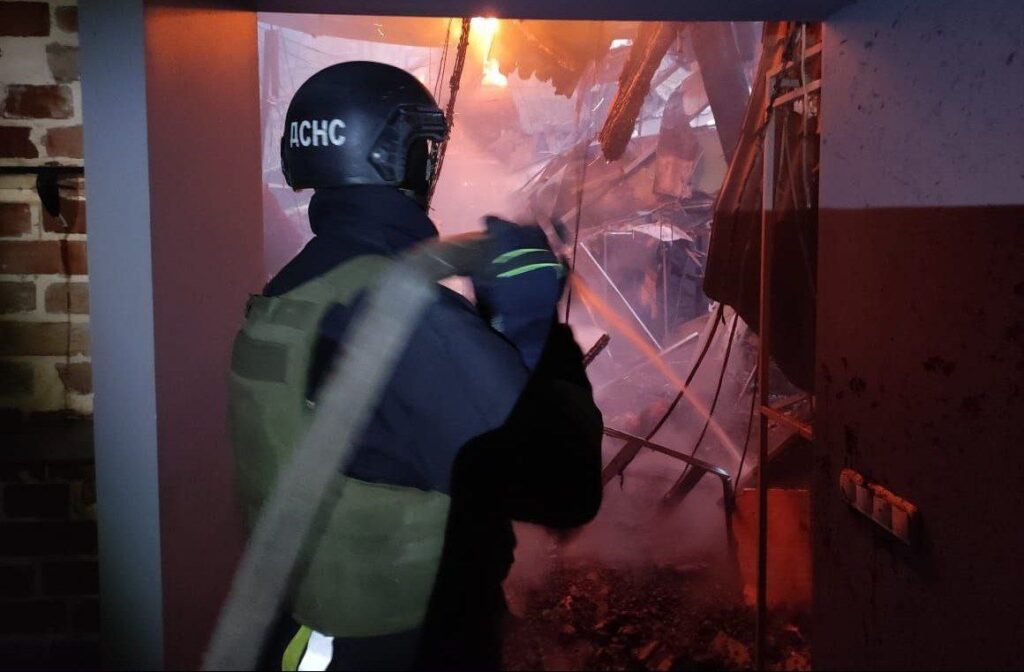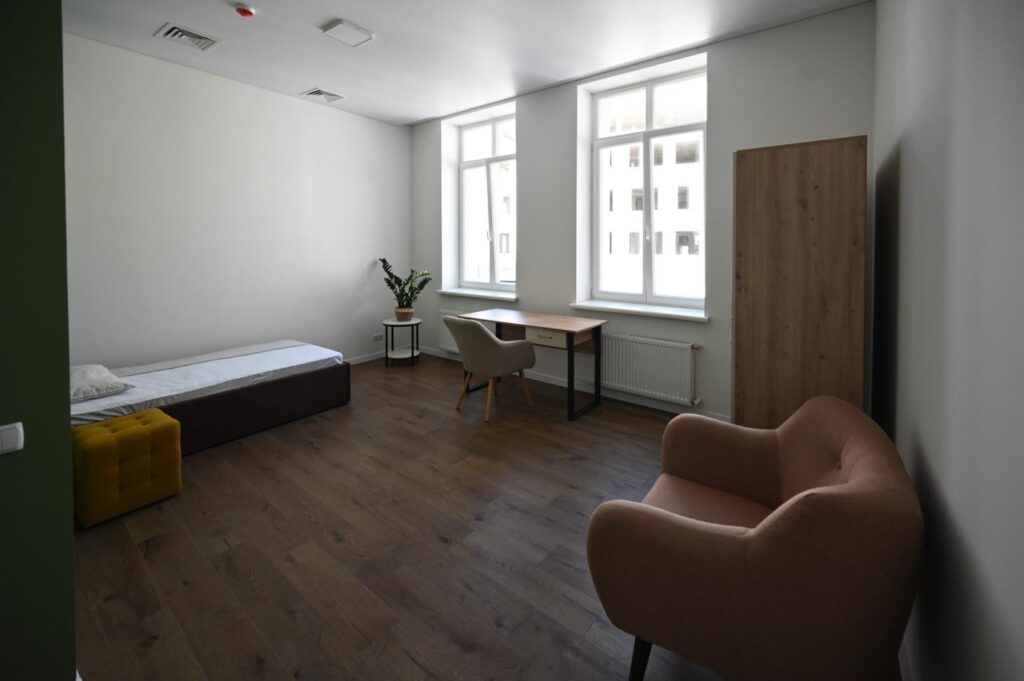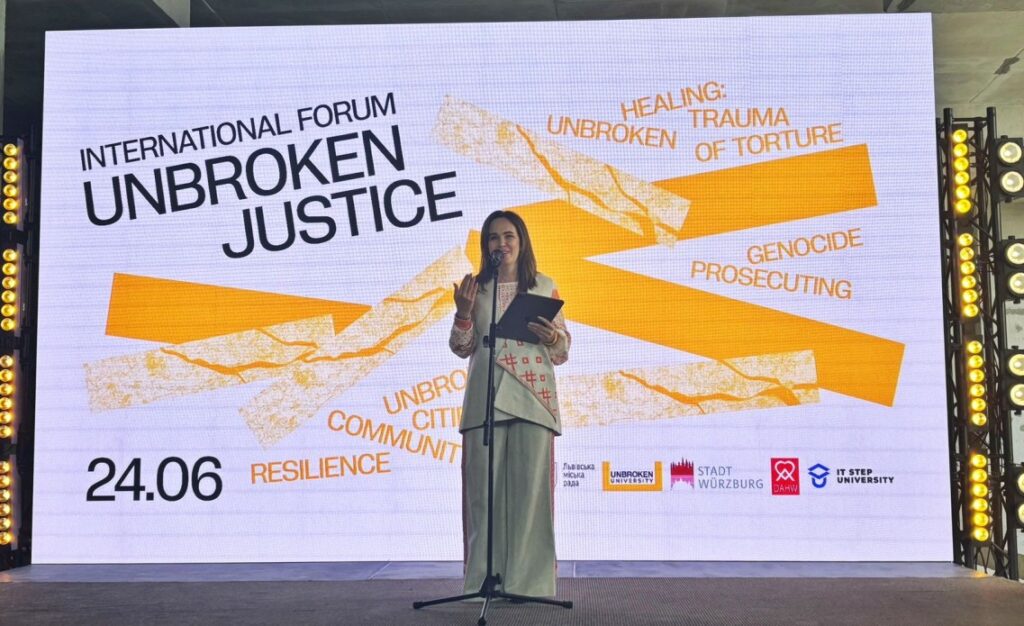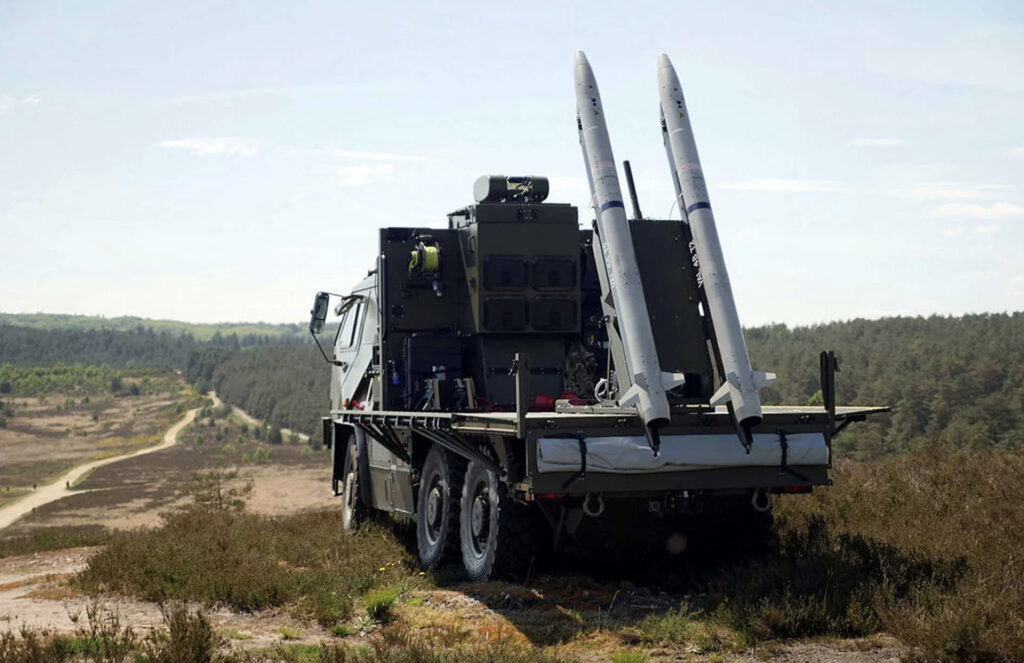No sleep til Kyiv—and no rest until Putin’s empire falls, says Florida man delivering trucks, drones and Belgian chocolates to Ukraine
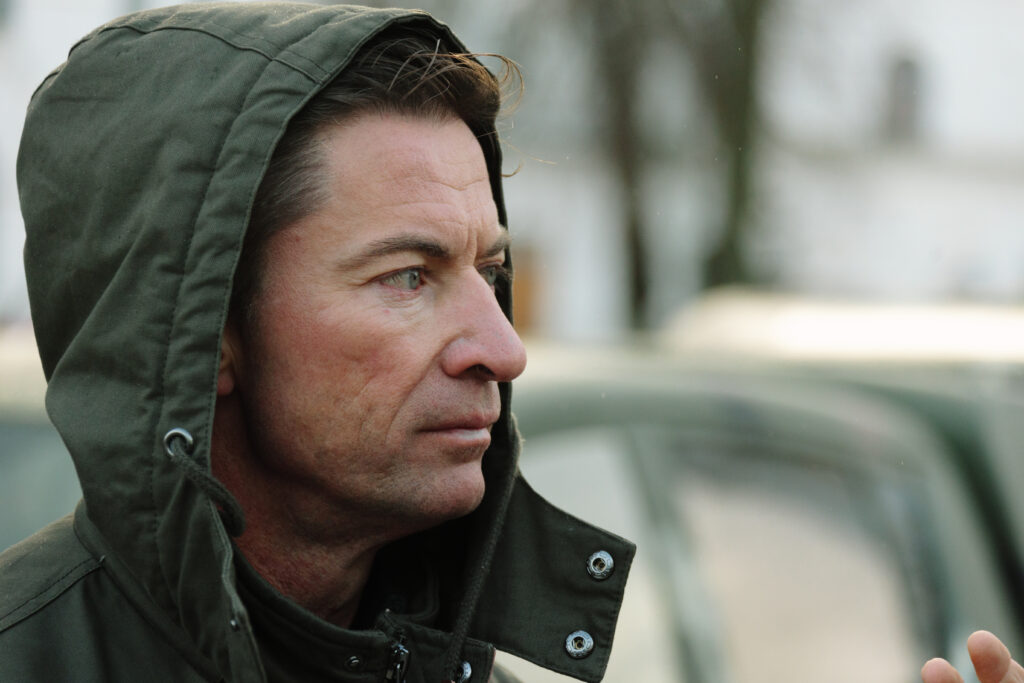
What drives an ordinary American to cross the Atlantic repeatedly, not for vacation, but to deliver military trucks to Ukrainian soldiers defending their homeland thousands of miles from his Orlando home?
“Every one of these Ukrainians that’s out there sacrificing and fighting and defending is doing it for us,” Peter Duke explains. “All of us in Western democracies that hope for peace and security need Ukraine to succeed.”
His reasoning goes beyond Ukraine’s borders. If Russia succeeds here, he argues, countries like Taiwan and South Korea face similar threats as authoritarianism spreads globally.
Duke and hundreds of international volunteers don’t just deliver any vehicles. They take second-hand pickup trucks and turn them into frontline lifesavers—installing night vision cameras, drone jammers, and specialized equipment.
Along with essential gear like medical kits and mud tires for brutal off-road conditions, drivers pack personal touches: Belgian chocolates, tourniquets, and care packages that remind Ukrainian defenders the world stands with them.
Peter Duke became one of the creators and a producer of the film No Sleep Til Kyiv that documents this journey of delivering military trucks to Ukraine and shows how ordinary citizens can get involved in helping to fight Russian aggression without a uniform.
They navigate exhaustion from marathon drives, sleep through air raid sirens, and witness both the heartbreaking destruction caused by Russia and the incredible unity and resilience of Ukrainians.
When people see the reality on the ground, Duke argues, they can’t imagine supporting Russia.
No Sleep Til Kyiv premiered in Washington this April during a gathering of US organizations supporting Ukraine. Since 15 July, anyone can watch it online here. As Euromaidan Press’s official media partner, we spoke with Duke about his motivation for helping Ukraine through concrete action while living thousands of miles from the war zone.
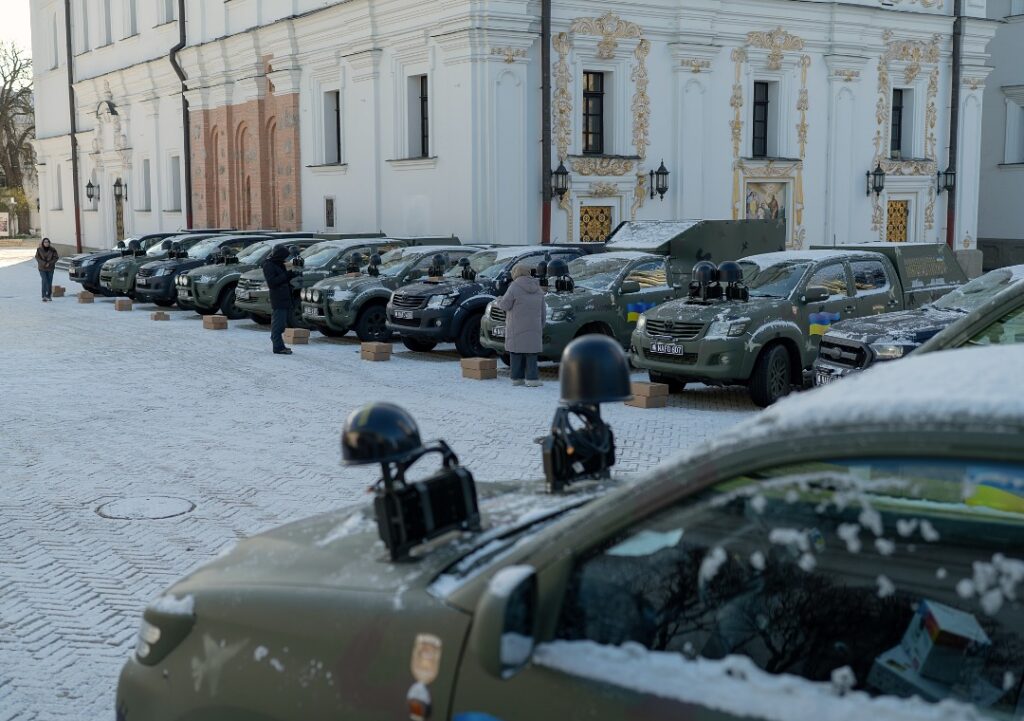
Euromaidan Press: Hello, Peter. Can you tell what the film is about shortly?
Peter Duke: The film basically tells the story of what we do with the convoy effort, and some of the people—just a few of the people—that are participating, and of course, some of the heroes that we go and help there in Ukraine.
I first joined the convoy in February of 2023. That was my first time. As an American, I was one of the first two that had gone on convoy. So it was a very new thing to myself. I didn’t know what to expect, but the connections that I made there and the people that I met were just heroes through and through. I was so impressed with the abilities of the people who both were organizing the convoy and participating in it, and the ones who were helping get that supply of vehicles and supplies to the troops there in Kyiv.
This has been going on since March of 2022. In April 2025, we’re delivering our 40th convoy to Kyiv. That’s almost 670 trucks full of supplies that we brought.
Euromaidan Press: So it’s not only trucks that you deliver, it’s also some other aid for Ukrainian soldiers. What is it usually?
Peter Duke: The trucks themselves are pretty standardized. They are second-hand but very mechanically sound trucks, and they’re all like a civilian pickup truck—they’re a four-door, four-by-four, diesel pickup truck. Then it’s been outfitted with a night vision camera, a drone jammer, and other things. Some of them are specialized as medevac vehicles as well.
These vehicles go there and they come with a set of street tires that we drive them there on, but also a set of mud tires for each truck because that can be very important in the off-road conditions. But then we fill the trucks up with any other things we’ve got, and that may be everything from medical kits to sleeping bags. We provide a lot of drones—we fundraise and send a lot of FPV and Mavics, things like that. Also, if there’s something special that a unit’s requested, we’ll do our best to fill that request as well.
And then many of the drivers just bring along their own sort of care package. Whether it’s chocolates from Belgium or supplies—I’ve brought a bunch of stuff from the US. Some people will get other donations of everything from trench candles to tourniquets and provide those just to let the troops know that we’re looking out for them. We’re doing everything we can on the home side to provide them with the tools and kit that they need.
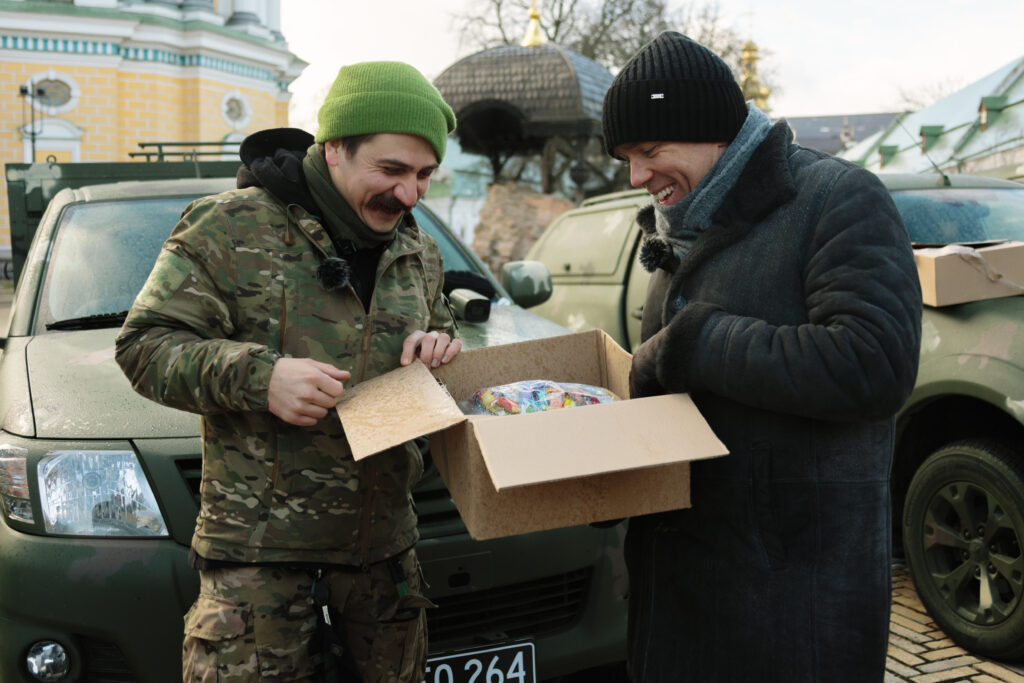
Euromaidan Press: And how is it all funded?
Peter Duke: We’ll get the stuff however we can get it. But yeah, we’re a fully volunteer and donation-funded group. We fundraise, we make the social media appeals. I know everyone is very exhausted from giving, frankly. I mean, like this war—people were generous in 2022, they did what they could to give to support the Ukrainians. And then it went into 2023, and some donors got tired or their resources became short through 2024. Here we are in 2025.
Some people will get other donations of everything from trench candles to tourniquets and provide those just to let the troops know that we’re looking out for them.
That’s both been a marathon of endurance for the donors, but also it’s enabled us to build a pipeline of experience. A track record, so people know, “Hey, these guys are delivering the vehicles. They’re continuing to deliver the supplies. They’ve got proof they’ve been doing it successfully.” And this all continues to build confidence in the donors that their money is going to a good cause. So we’ve been lucky enough to be able to keep up the pace. And yeah, there is definitely fatigue among people who read the news.
Euromaidan Press: Do you also feel this fatigue personally? How do you cope with it? Why should people still care and help Ukraine?
Peter Duke: Yeah, we all get tired. I get tired. We’ve got a busy life. We have families. We have jobs. We have stuff to do. But I remember that every one of these Ukrainians that’s out there sacrificing and fighting and defending is doing it for us. Make no mistake—if Russia is allowed to take Ukraine, they are not going to be satisfied. That will not be the end of it. So this effort is for all of us. All of us in the Western democracies that hope for peace and security need Ukraine to succeed.
And the effort also affects people in the East. Because if this is allowed to continue unopposed, people in Taiwan will pay the price. Maybe Korea’s neighbors to the South will pay the price. Because if it’s not stopped, if people like Putin are not put in their place and stopped, this kind of authoritarianism and this kind of evil will spread.
There have been times of peace in the world and there have been times of turmoil, and we should never take those times of peace for granted. So that thought keeps pushing me forward.
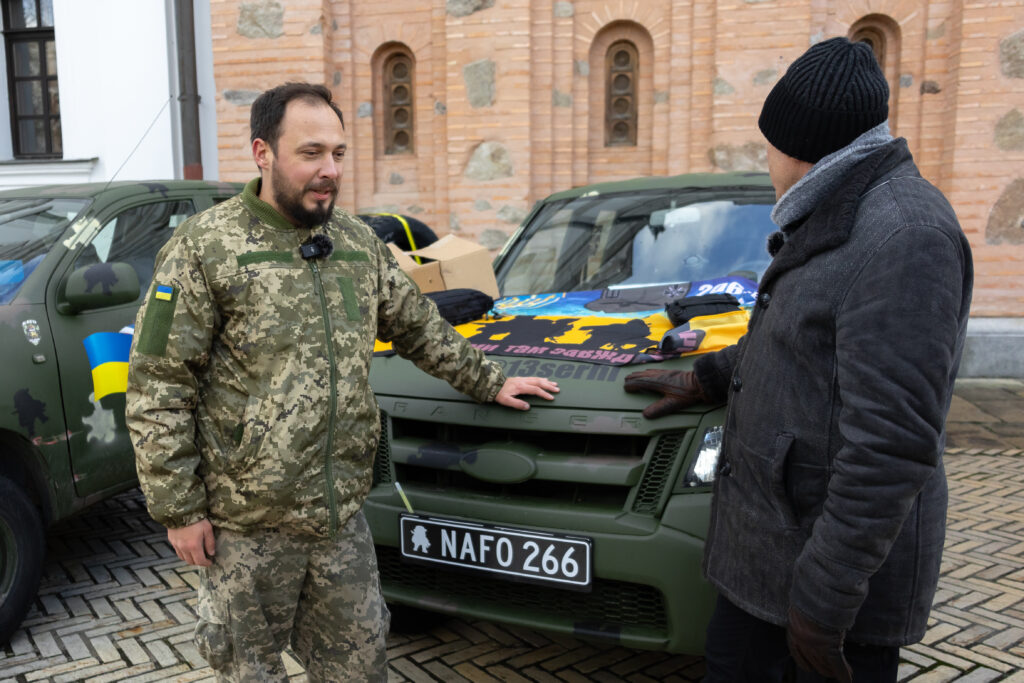
But on a more personal level, whenever I am tired, whenever I get exhausted, whenever I get a little bit overwhelmed, I just think of the people in Kyiv who have to go to sleep and hope that the buzzing sound of a drone doesn’t get louder and louder until it bursts into their apartment wall, or that when they wake up, maybe the power is on. The sacrifices that they continue to make day in and day out pick me up and push me forward.
If people like Putin are not put in their place and stopped, this kind of authoritarianism and this kind of evil will spread.
So anything I can do here in the peace of my country—and all the Europeans who likewise are pushing forward this effort from the peace of their country—should prize that peace and know that this freedom is not free. It comes at a price that the Ukrainians are paying every day.
Euromaidan Press: I read some of your statements about the film and you mentioned that you see parallels between Ukraine’s resistance now and America’s founding in 1776. Can you elaborate more on this connection?
Peter Duke: Oh, man. Yeah, that one is so clear and so obvious to me.
Thinking back to the founding of our own nation in 1776, we wanted to break free from a colonial power that was so powerful that we were not able to break free from it initially. We wanted to break from that power that had been dictating terms to us and sapping our resources for the gain of that empire. And of course, those parallels are very clear with what has been happening with Russia and Ukraine.
Russia for a long time interfered in Ukraine’s affairs. You can go back centuries and Ukraine was, unfortunately, the collision place of Russia and the Western world. Russia finally had that connection broken in the Maidan revolution, and again Ukraine tried to reinstate their own vision of how they wanted to lead their life. And Russia keeps pressing—they just cannot take the hint that this nation wants to be free and lead a future of self-determination.
This is like an ex-boyfriend or ex-husband that just can’t let go of that woman and keeps saying, “No, you belong to me. I’m going to dictate to you. You belong to me.” This is disgusting. These people in Ukraine should not have to put up with Russia constantly pressing on their affairs and trying to make them a part of a Russian empire that they don’t want to be part of.
But it’s a question of who’s going to arise at this time to support Ukraine in this battle, to finally put Russia back behind its border and have the peace that Ukraine deserves.
So in 1776, the Americans had had enough of the British empire dictating terms to us here. And we moved for our independence. And thankfully, at that time, we had the support of France, which enabled us to eventually have that victory. It wasn’t easy, and a lot of life was lost. In 1812, the British returned to try and have a round two of that, and we eventually were able to push this colonial power away. We eventually were able to succeed in that contest and we had our independence.
But it’s a question of who’s going to arise at this time to support Ukraine in this battle, to finally put Russia back behind its border and have the peace that Ukraine deserves. And I think it’s patriots from all over the world that understand that this freedom comes at a cost and they’re going to support Ukraine in this.
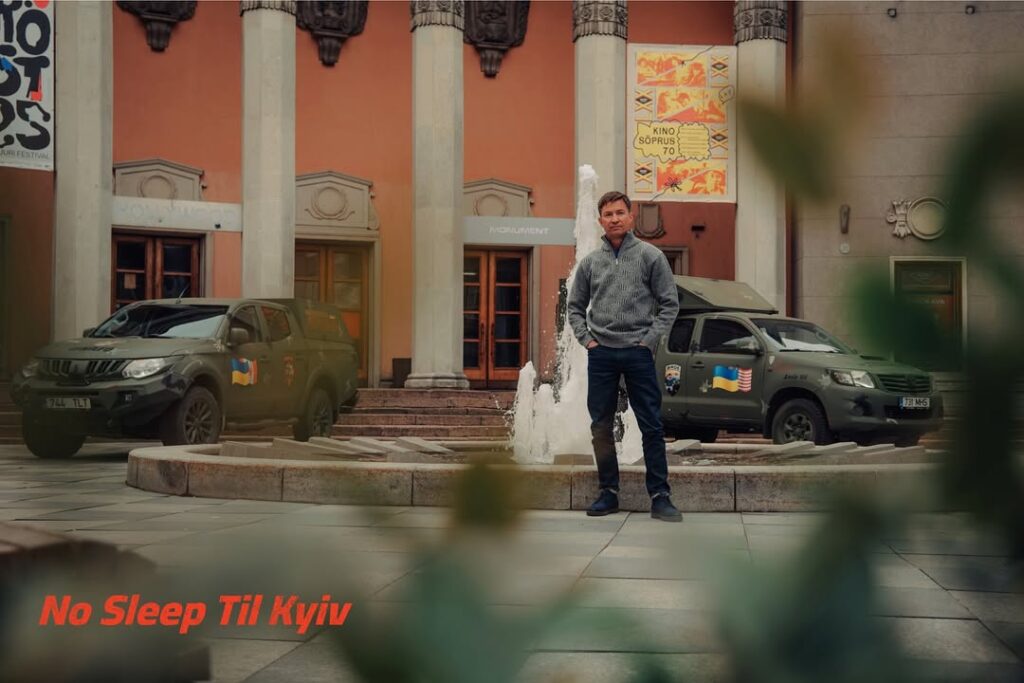
Euromaidan Press: In the film, you also show a lot of destruction that Russia brought to Ukraine and you visit memorials in Irpin and Bucha. These are places where Russian soldiers committed war crimes—they killed and tortured civilians. You also said that the film changed you and your perspective on the war. How did it change you and what was your perspective earlier?
Peter Duke: Well, reading about war and seeing the effects of war are two different things. You can look at all the books and you can look at all the newscasts, and the human mind has just a weird way of compartmentalizing things. I’ve seen videos, I’ve seen newscasts, I know the bombs are dropping, I know things are getting blown up and I know there are people dying. But being there and seeing the charred shells of these buildings, and seeing the destruction—the broken machines and the broken men walking around missing limbs and so on—that makes it real.

You have to see these things for your own eyes. I’m sure that when you get closer to this, the human empathy comes forward and pushes past the propaganda and whatever disassociation was happening in your head before, and it becomes black and white.
And that’s why I want to bring viewers a little bit closer to that by seeing it through our eyes, through eyes of average Americans, people who have gone there and seen it so they understand what is really going on.
And that’s why the convoy is important in one regard—because of the hundreds and hundreds of drivers who have participated in this, they all leave changed. Having been there with their own eyes, having visited some of the places that you mentioned and having seen both the tragedies of war and the warmth and the welcomeness and the gratitude of the Ukrainians we meet, they go back home with that in their heads and their hearts, and they know that supporting Ukraine is the right thing for them, for the Ukrainians, and for the world.
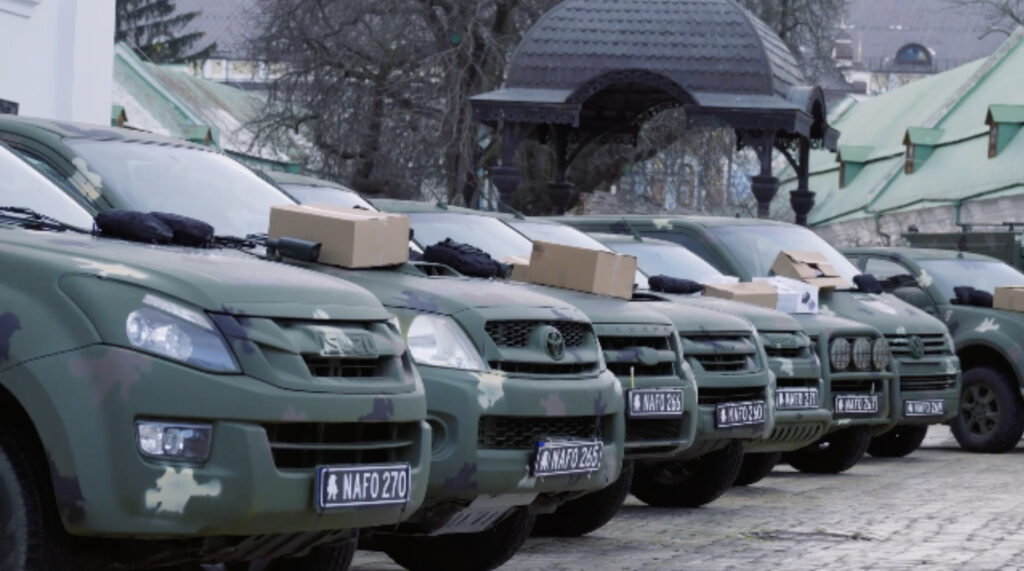
Euromaidan Press: What impact do you think your film can have on viewers?
Peter Duke: You want to affect people and make their hearts and their minds understand what’s happening and make it real for them. So I think a movie is a good medium to do that. It should be more relatable. So hopefully we achieve that goal.
I really think that being there is the best way. And of course, that opportunity is limited because not everyone can take so much time out of their life to go there in person and do it. But hopefully this vehicle will show that many people, regular people like myself, have made that choice, have gone there and have seen this. And I hope that they will take away what their eyes and their ears are telling them—that real people can make a difference in the history that we are writing together.
Euromaidan Press: So people who are who will watch this interview or will watch your film “No Sleep Till Kyiv,” how can they get involved in helping Ukraine? Is it through donations or is it even possible to join this convoy?
Peter Duke: Yes and yes. But the most important thing is that they know in their hearts that this is the right thing to do, because I believe when someone sees this and it comes to them, they’re like, “Wow, I can’t imagine supporting the other side in this—Russia. Certainly the things they are saying that I’ve read on social media or whatever don’t look at all like the situation on the ground. It would be crazy not to support the Ukrainians.”
You want to affect people and make their hearts and their minds understand what’s happening and make it real for them. So I think a movie is a good medium to do that.
And despite some of the things you read on social media that may be negative or misinformation, much of that comes from paid bot accounts that are set up by the Russians and their allies. In the real world, something like 70% of Americans support maintaining aid for Ukraine, sending more aid. And they know black from white. They know this is the right thing to do. So I just want to help reaffirm that inner empathy and let people see for themselves what’s going on so that they know this is the right thing.
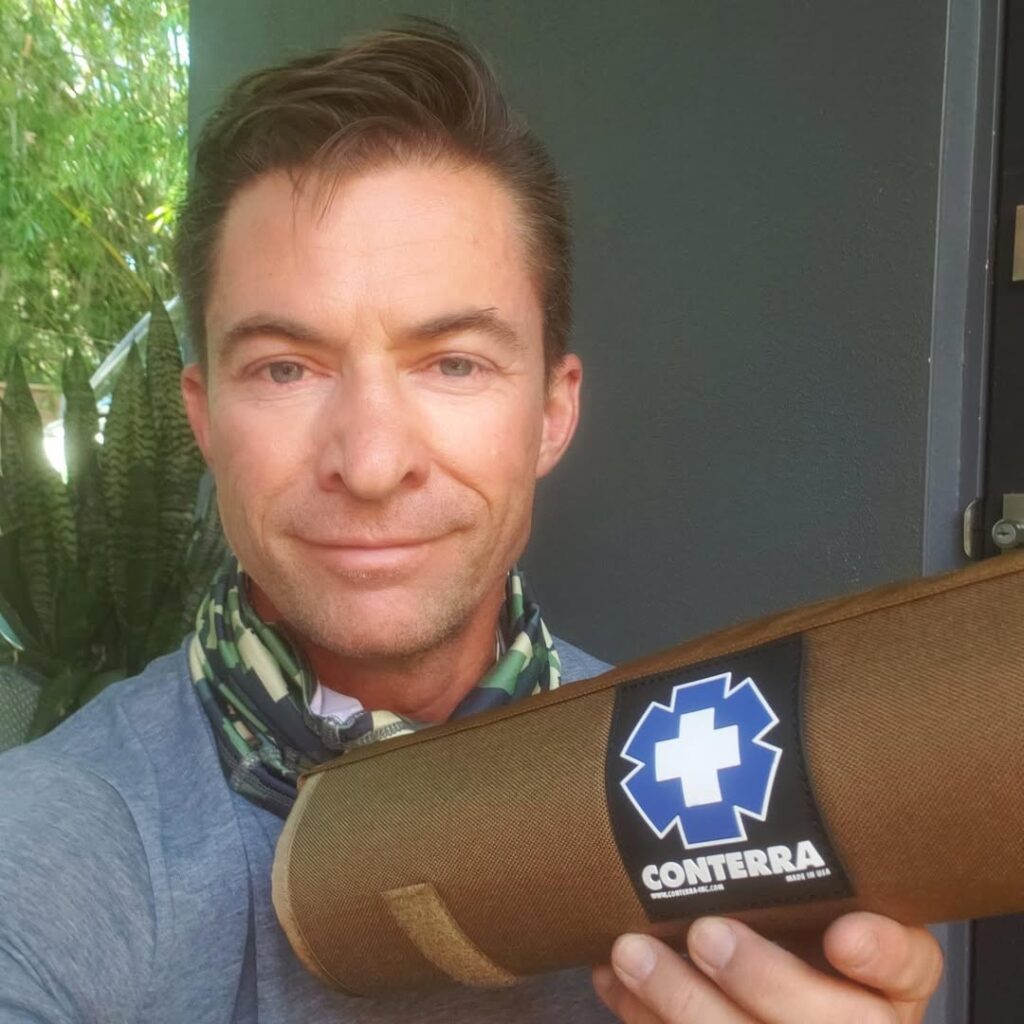
Euromaidan Press: Have you ever met Americans who are not supportive of Ukraine?
Peter Duke: Of course. I talk to some people. And usually, this is the thing—when you’re having a face-to-face conversation, it’s different. Social media is terrible in that regard because someone will just shoot some rude thing off into the internet and turn around and never think twice about it. And that rude thing can be read by tens of thousands or millions of people and it can affect them. But personal conversations, face-to-face, are much more diplomatic.
Usually what happens is they’ll say something like, “Well, I don’t speak Ukrainian,” and I’m like, “That’s no trouble. English will get you further and it’s appreciated there, but it’s okay. You can speak the tongue you’re comfortable with. That’s the same in Ukraine.”
Or they’ll say something ridiculous like, “Well, Zelenskyy is stealing all the money.” I’m like, “Well, have you seen Putin’s palaces? I mean, do you see how this guy gets around with his entourage? Do you see the huge yachts that his oligarch friends have?” I mean, all the evidence points to them doing what they are accusing others of doing. Meanwhile, Zelenskyy is there doing his work in Kyiv and trying his best to keep his country together. Please, folks, let’s look at some facts here.
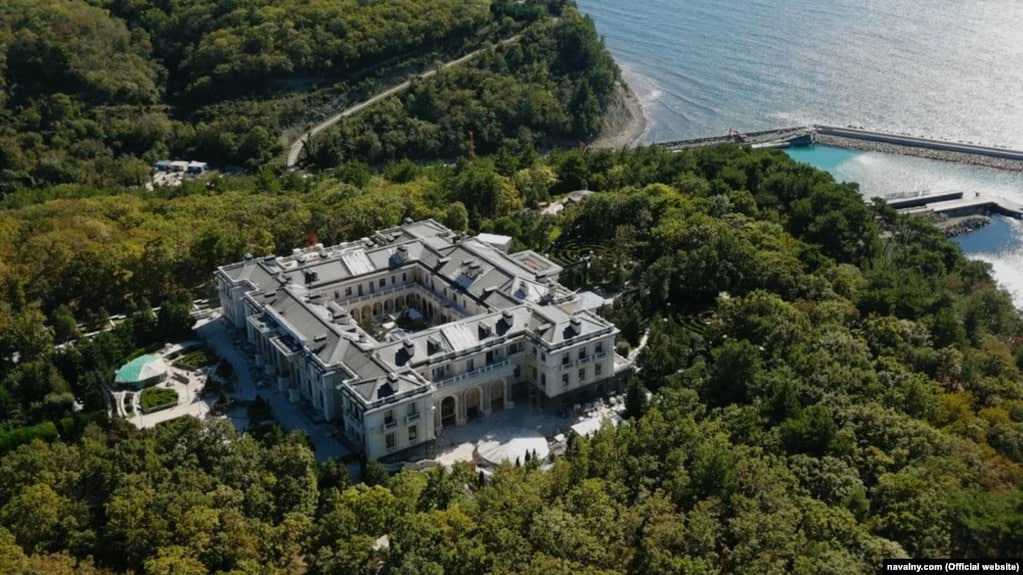
And so if I’m calm and have a few sentences with a person and I share these viewpoints, usually the reasoning comes through, and then it’s easy to make them an ally. I don’t meet too many people that are strongly pro-Russia, anti-Ukraine here in the US. And that’s why I think it’s important to share the story with the movie because so many people are either lightly in favor of Ukraine or they’re just kind of on the fence. And it doesn’t take much to make them a believer. So by sharing the message of the movie, that usually is enough to make their mind up.
Euromaidan Press: You delivered aid to Ukraine with volunteers from Estonia, some from Ukraine, some Americans also. Did you feel fully united with them in your vision and values? Or were there some differences in your perception of war and support for Ukraine? What did this international experience teach you as an American?
So it’s always interesting to speak to my Ukrainian friends and get their viewpoints. It definitely expands the mind some.
Peter Duke: It’s important to think about how Americans view the world. And I’m not really sure how to define this well, but it’s different than Europeans. Americans, we’ve normally been much more isolated. It’s normal for a European to speak several languages and have traveled through several countries just by nature of the geography. But here in America, English is all we need. And we just know our own country and the way we think and the way we’ve been told the world works.
So it’s always interesting to speak to my Ukrainian friends and get their viewpoints. It definitely expands the mind some. And also being on the convoy, being together with this common purpose, there’s a sense of camaraderie between the men and women on the convoy, what we are doing. The way we’re feeling together, the experience that we share—it’s very heartwarming. And we all leave changed for the better.
Euromaidan Press: So the movie is called “No Sleep Till Kyiv.” And you mentioned that the road from the capital of Estonia, Tallinn, to the capital of Ukraine, Kyiv, took you over 30 hours. So did you really have no sleep for this long time? Why did you decide to do it?
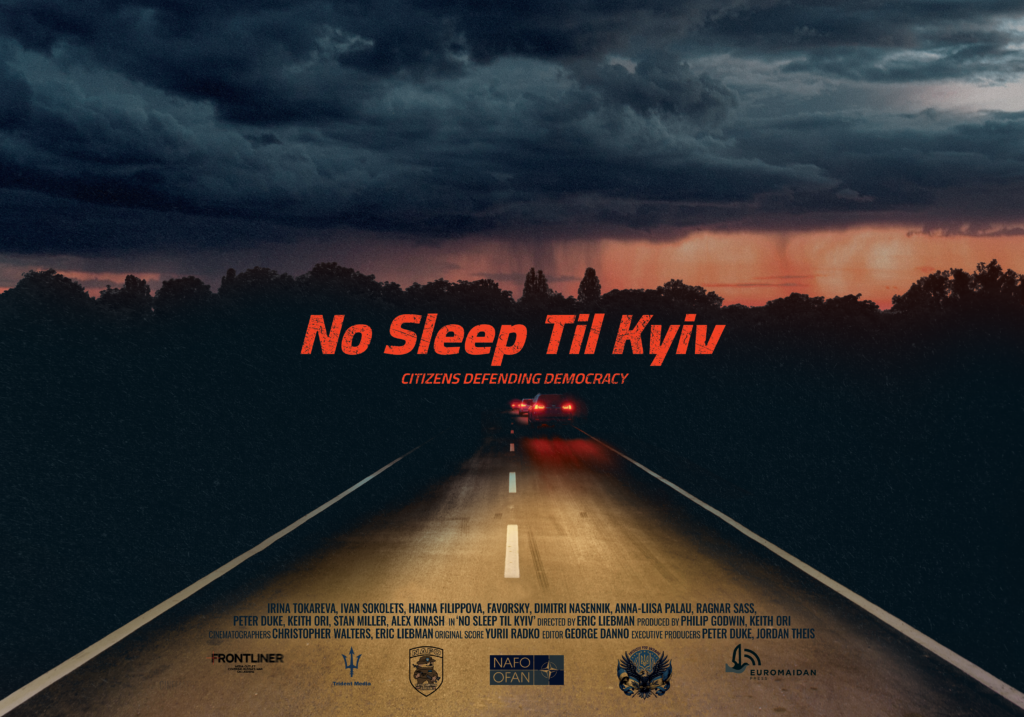
Peter Duke: Yeah, so we were trying to think of a name and we were like, “We should call the movie ‘The Convoy.'” I don’t know, it’s sort of a generic name.
So as the movie production was happening, we would sit around and talk. And I was talking with a buddy of mine, and we’re like, “Man, what should we call it? We need a better name.” And there’s a song from a group called the Beastie Boys—it’s like a hip hop group. They were popular in the 80s and 90s, early 2000s. And it was called “No Sleep Till Brooklyn.” And so that name is kind of imprinted in the memory of many people of my generation and the generation after me—”No Sleep Till Brooklyn.”
So that catchphrase, probably somewhere in our subconscious, came up. And my buddy is like, “Let’s call it ‘No Sleep Till Kyiv.'” And I was like, “Actually, it’s got a ring to it,” because that’s kind of what we do.
I mean, although no one is stopping and rolling out their bed and taking an actual rest on the convoy, we do take our turns sitting in the passenger seat and kind of dozing for a short spell. But I’ll tell you, basically, for 30-something hours, we get no good sleep. So there’s that part of it—the endurance of the drive, the marathon to Kyiv. And the fact that it has a ring to it. So “No Sleep Till Kyiv” is the name. And for us, there’s going to be no rest until there’s peace for Ukraine. So that’s the name and that’s how it is.
No sleep til Kyiv is available to watch here since 15 July.

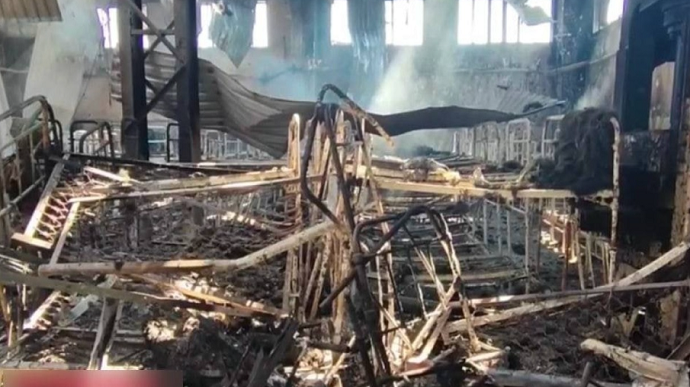

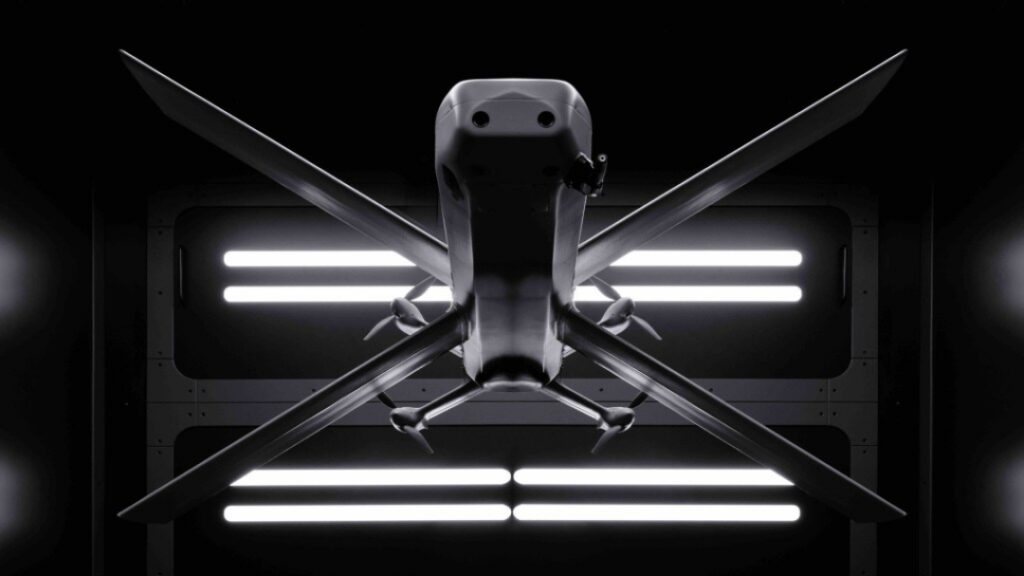

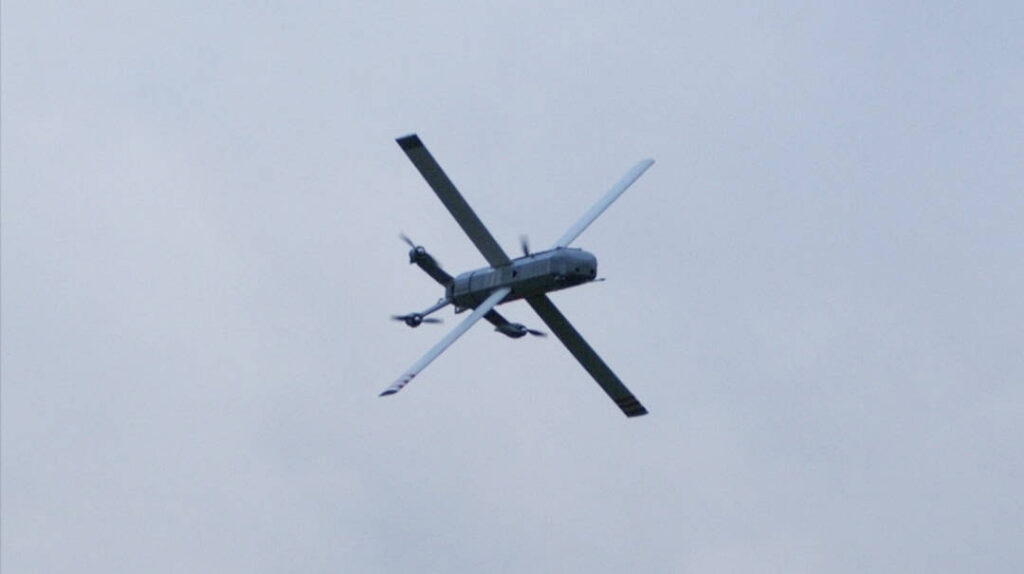
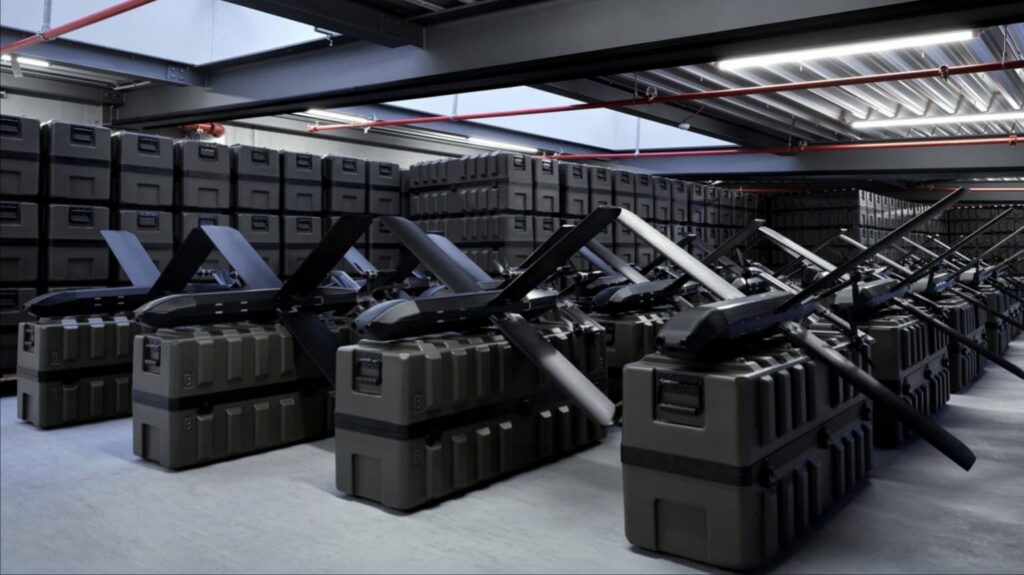
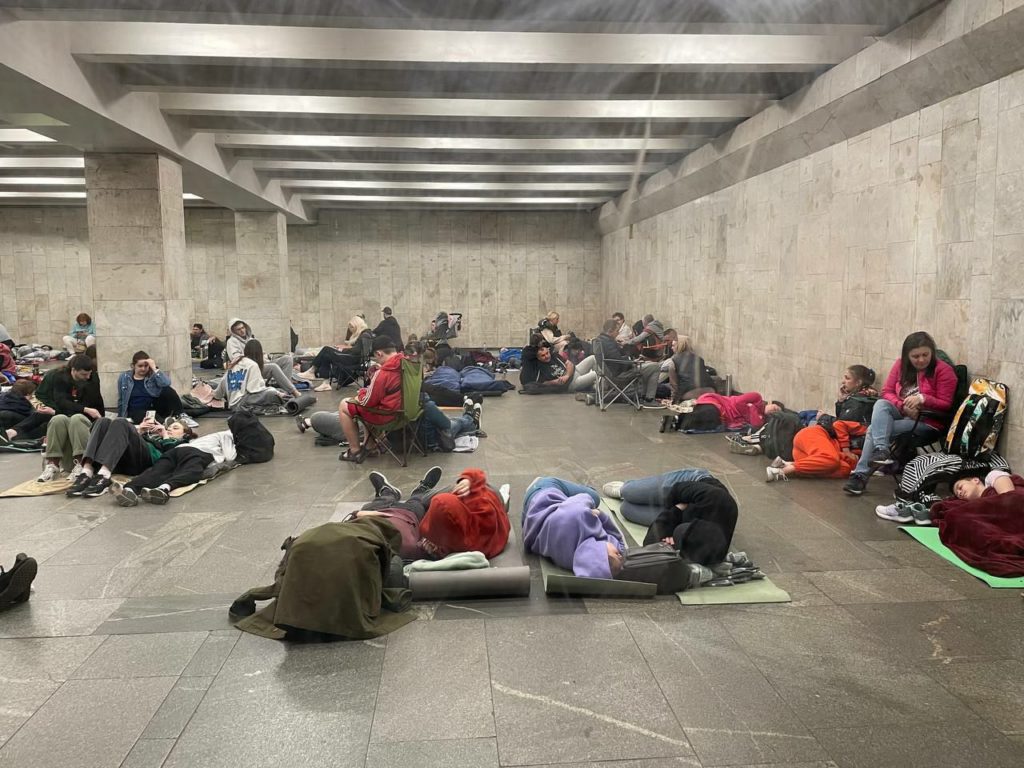

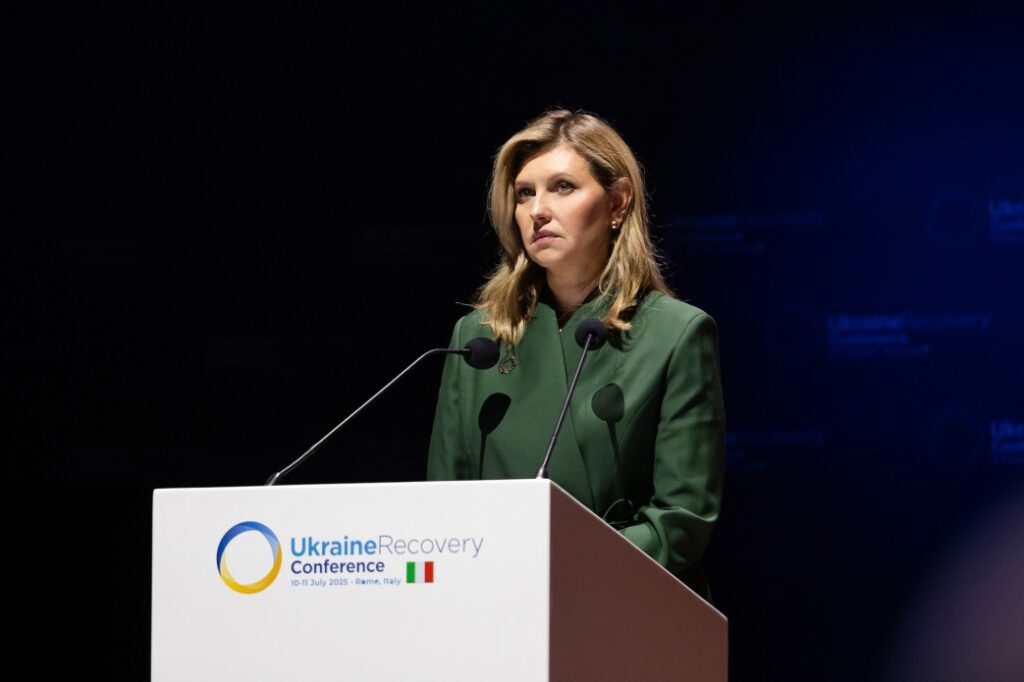
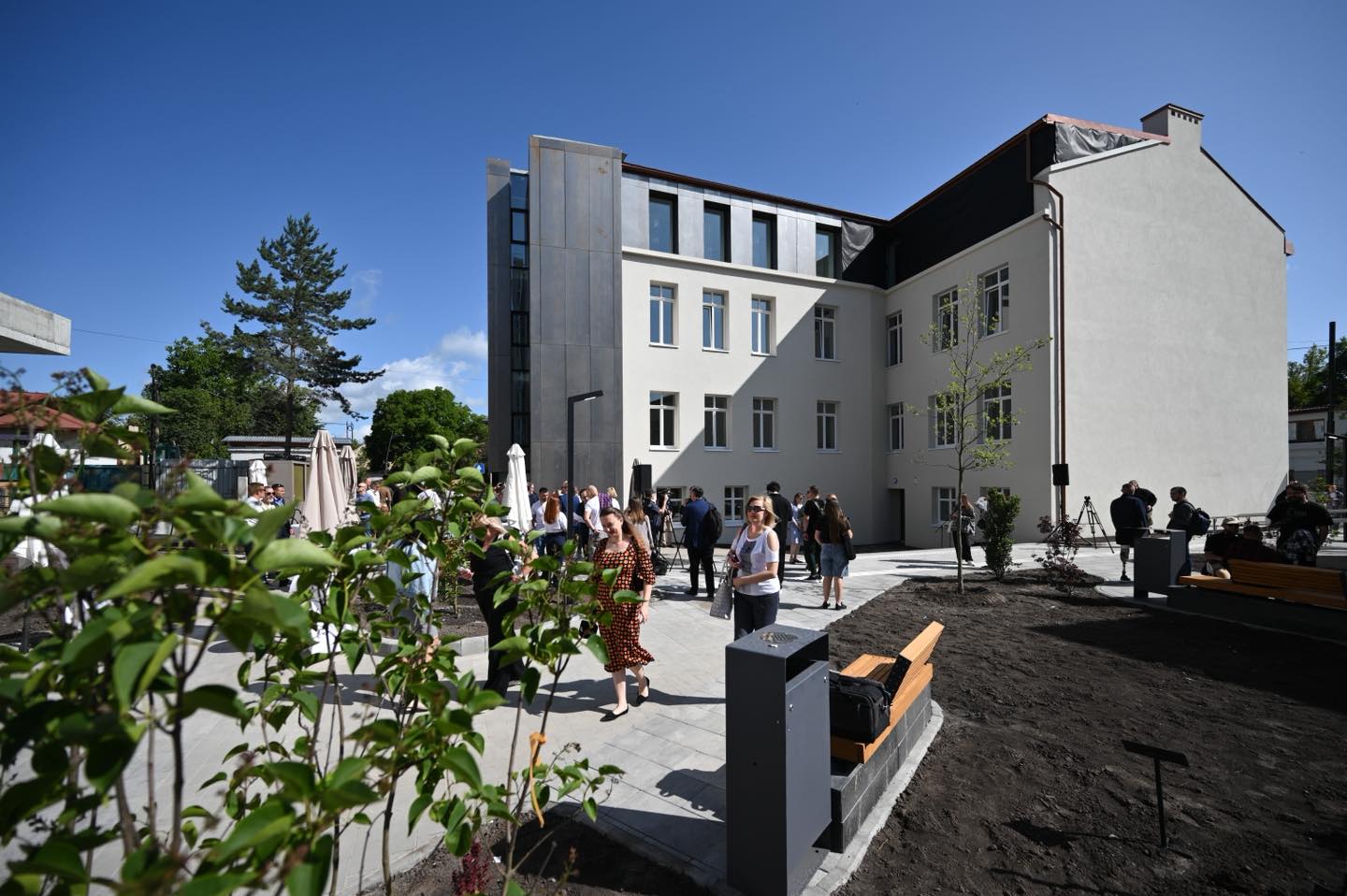
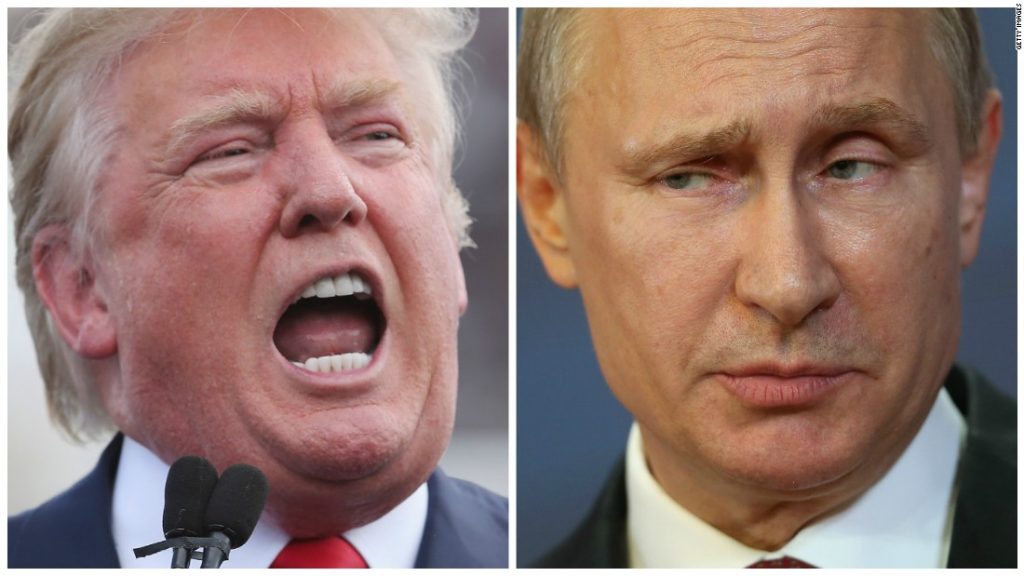

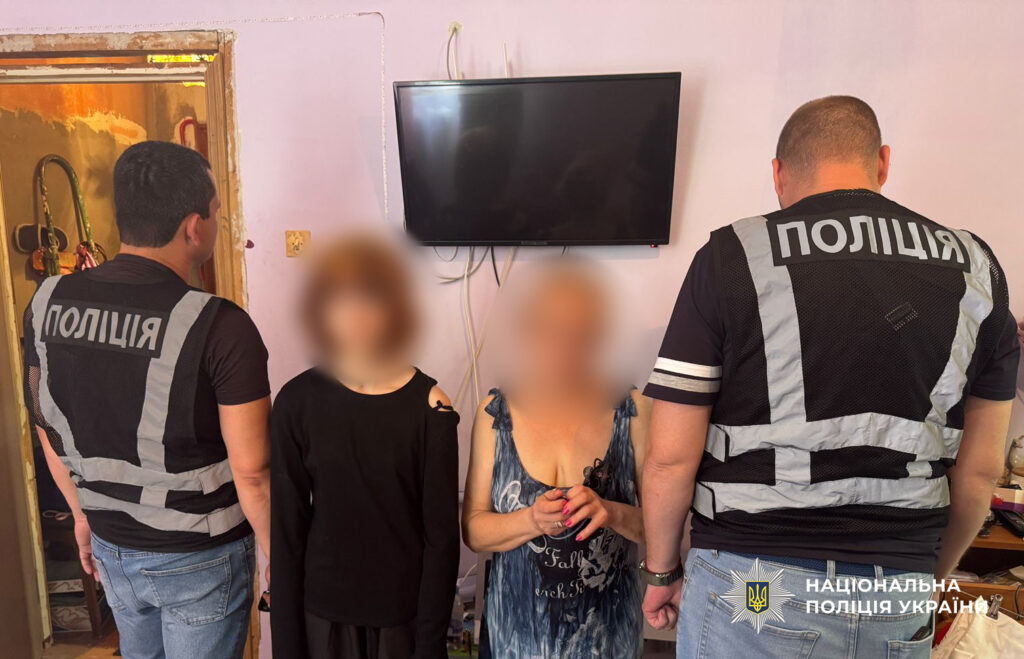
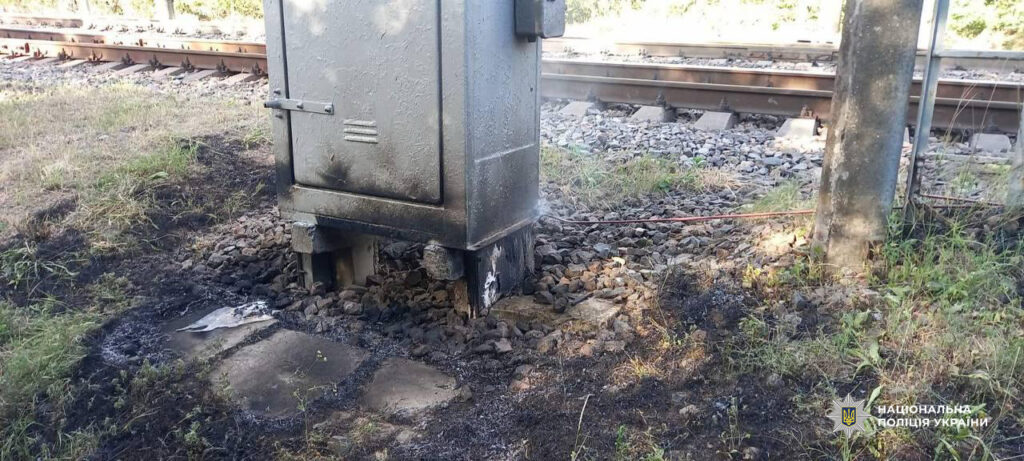
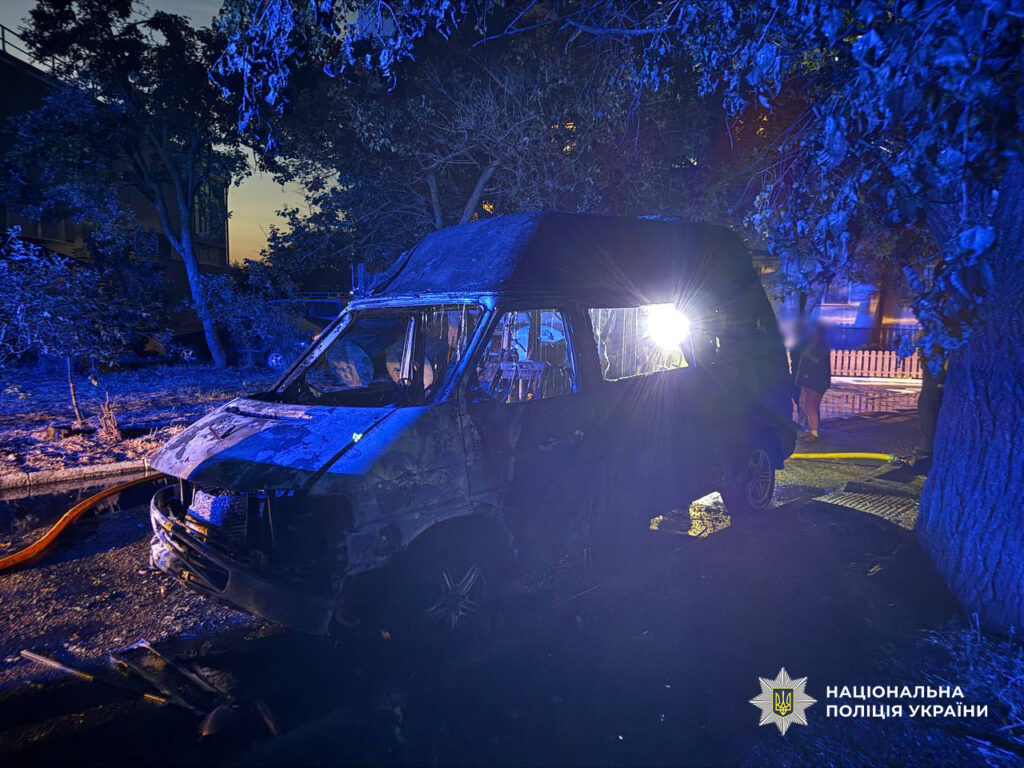
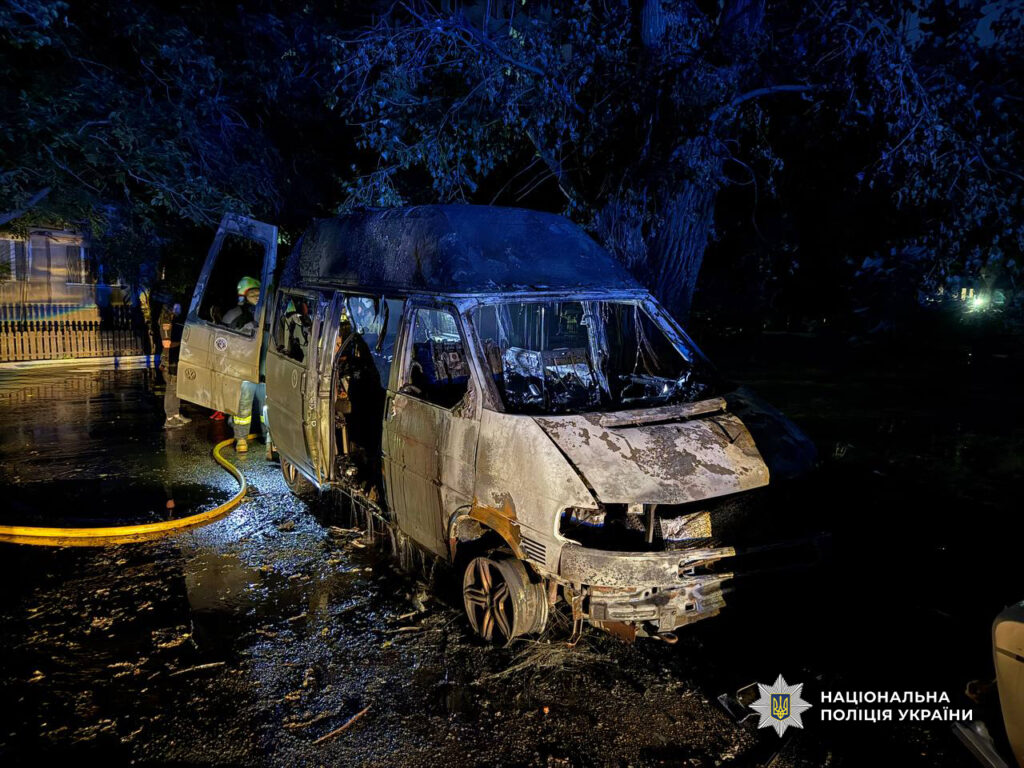
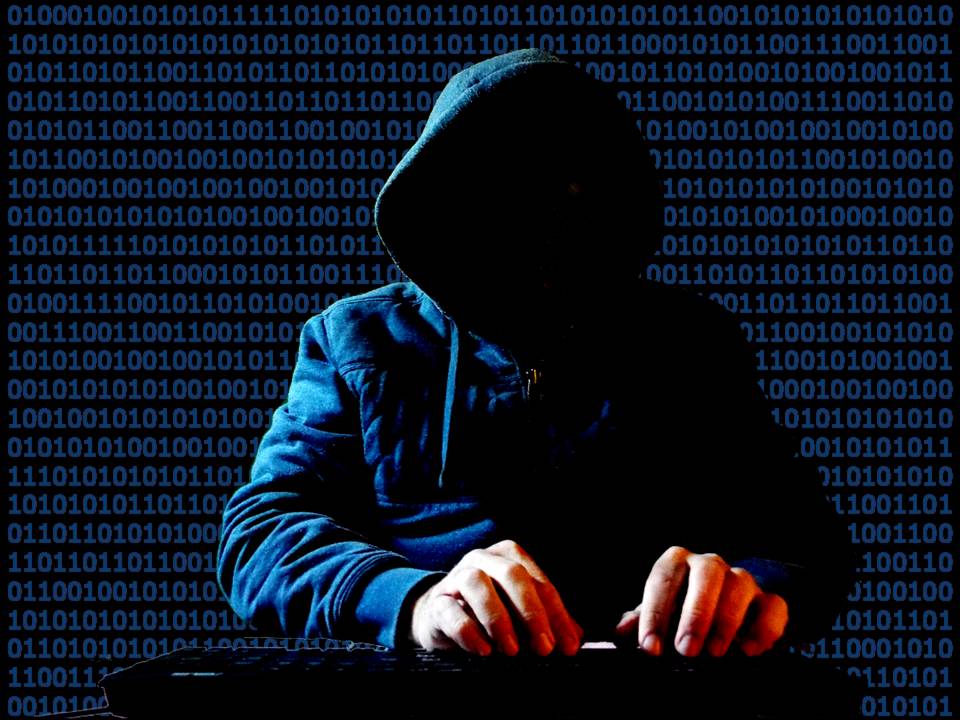
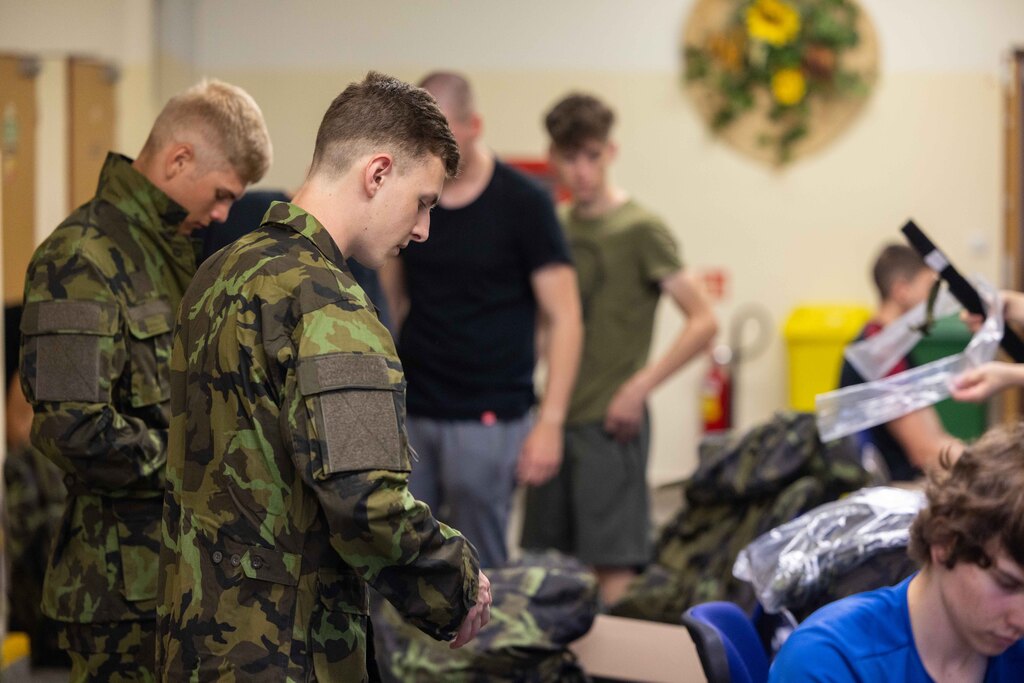
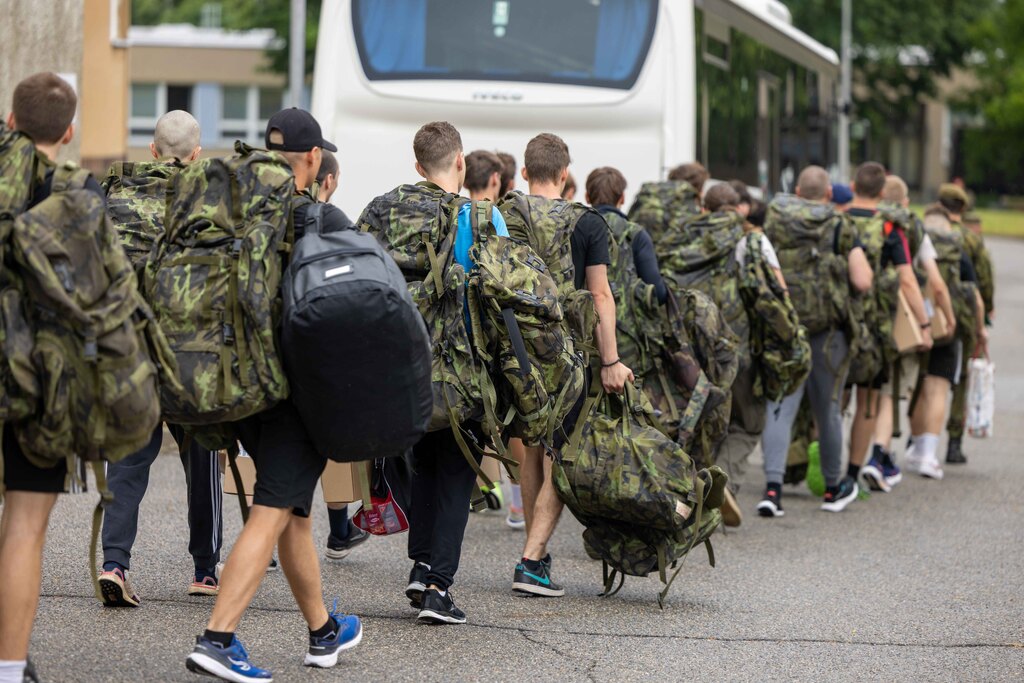

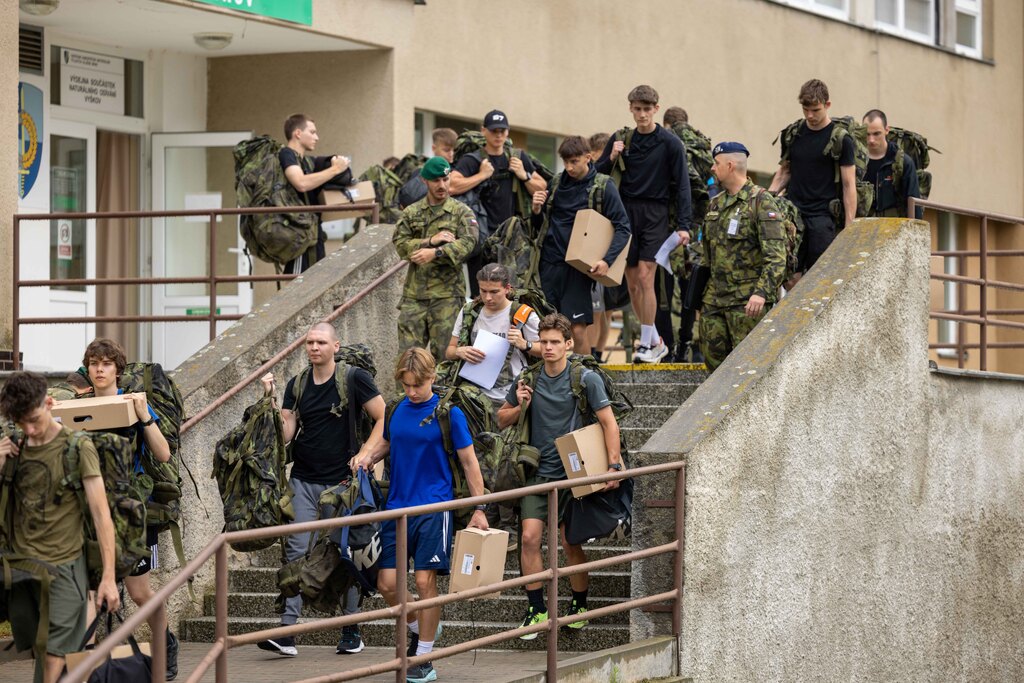
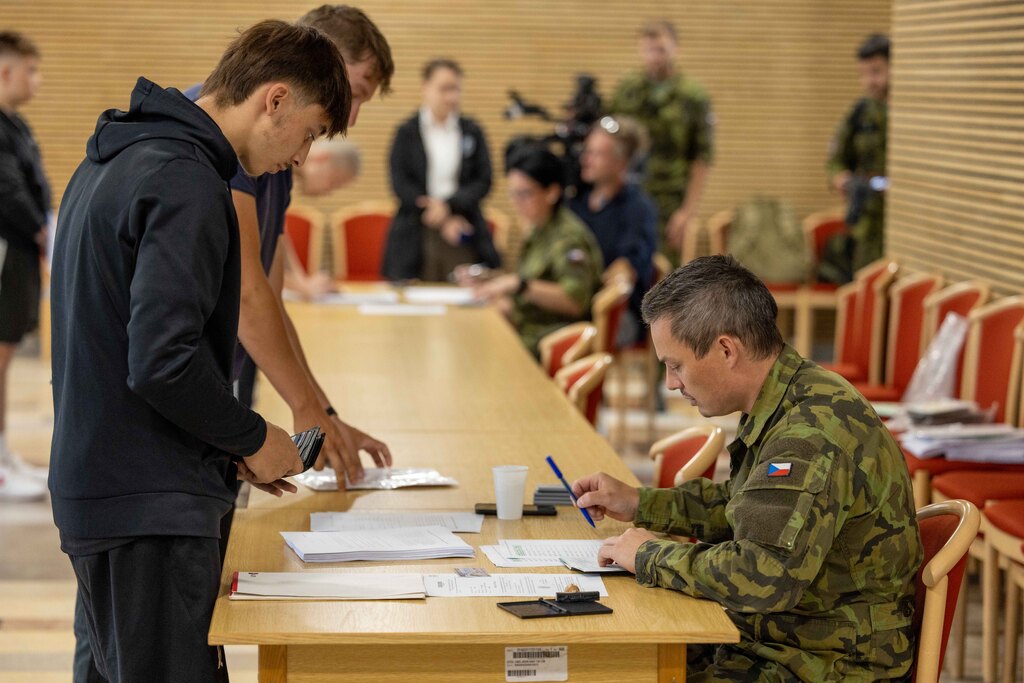
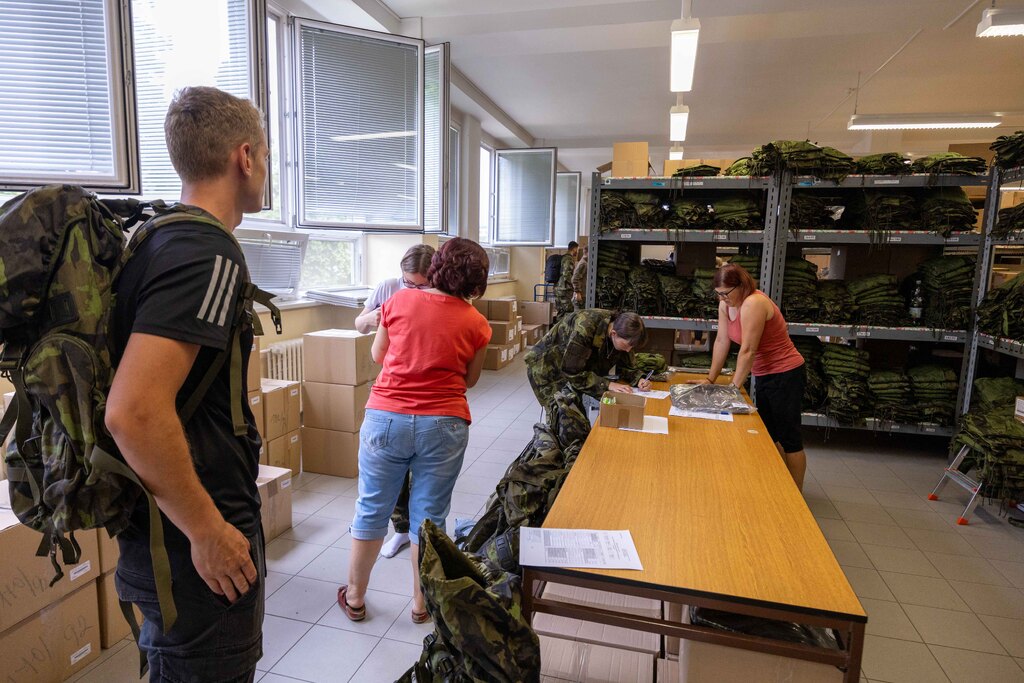
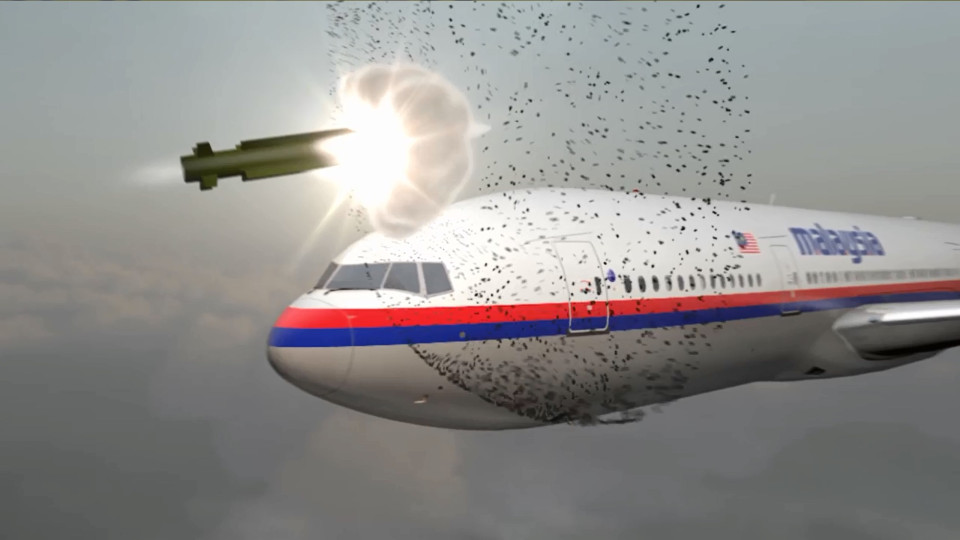
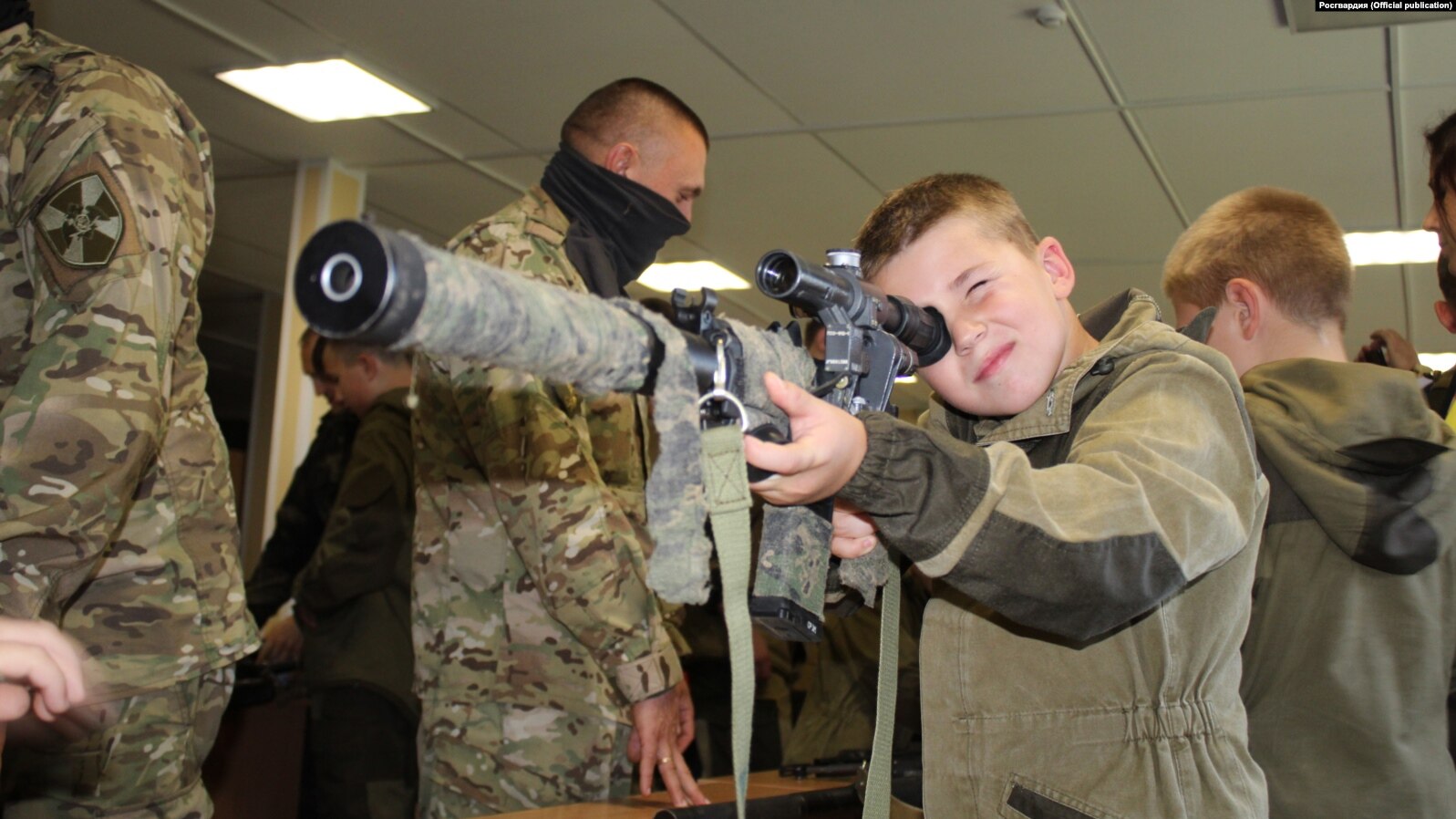
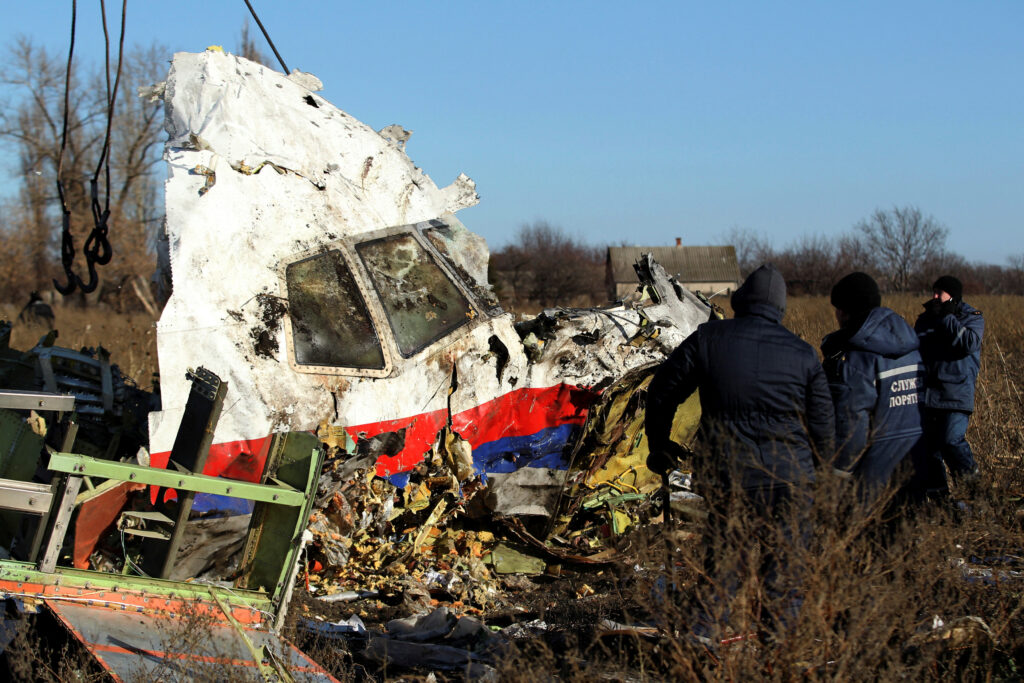

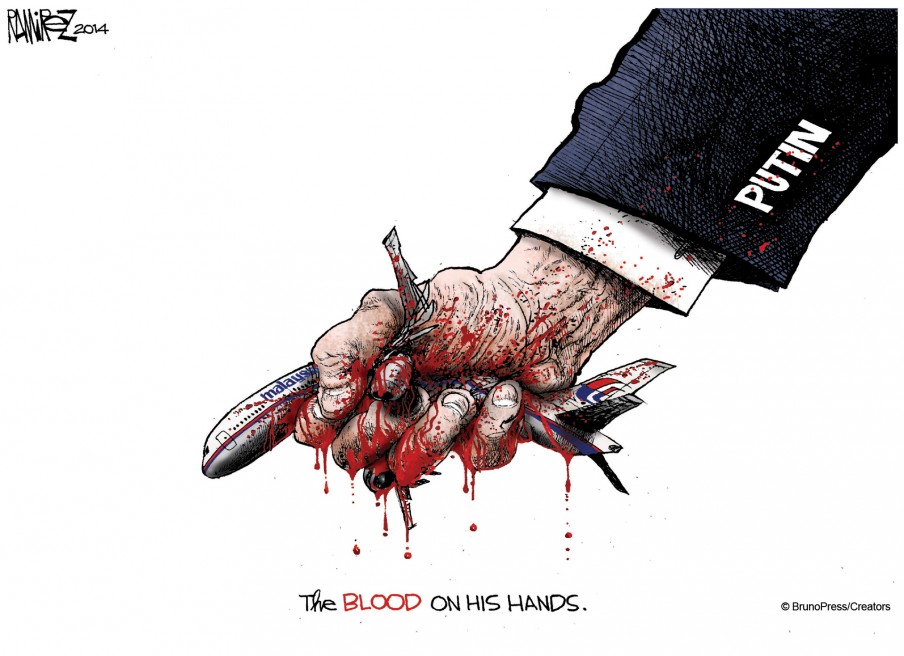


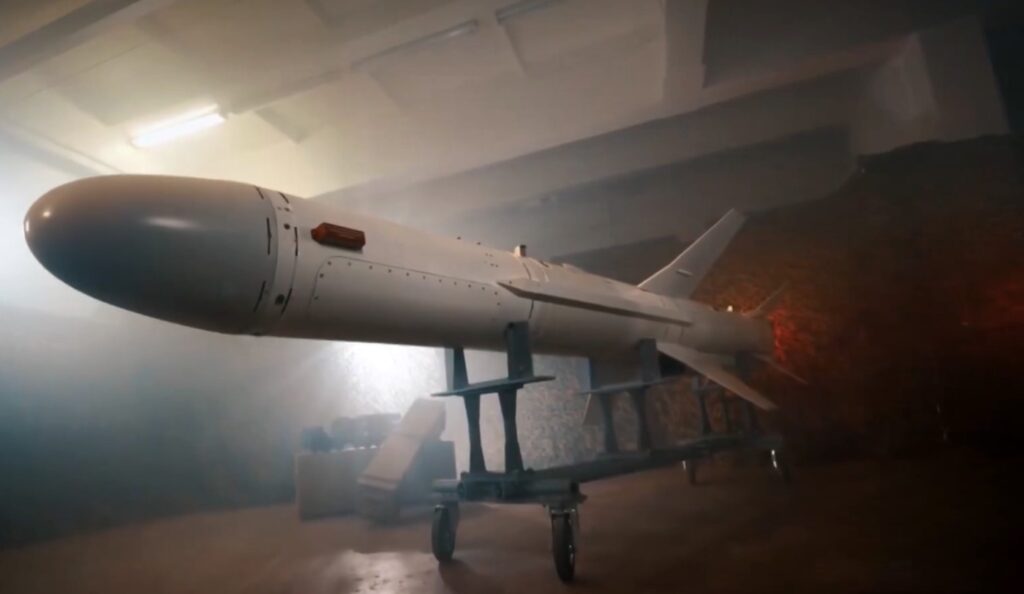
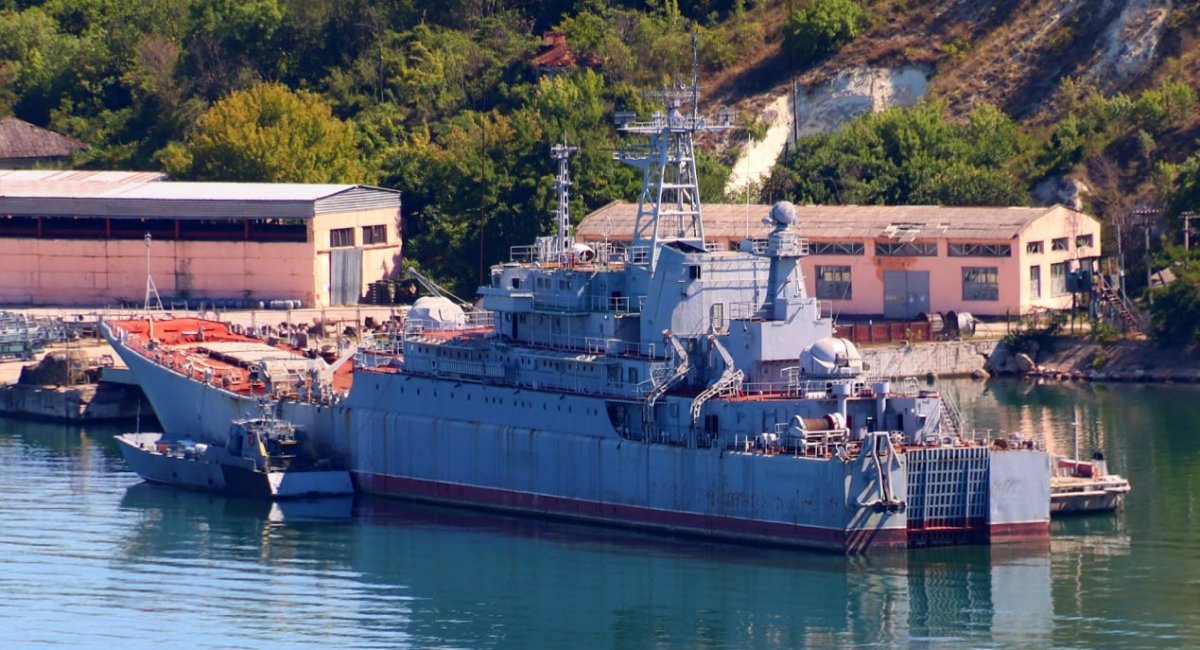
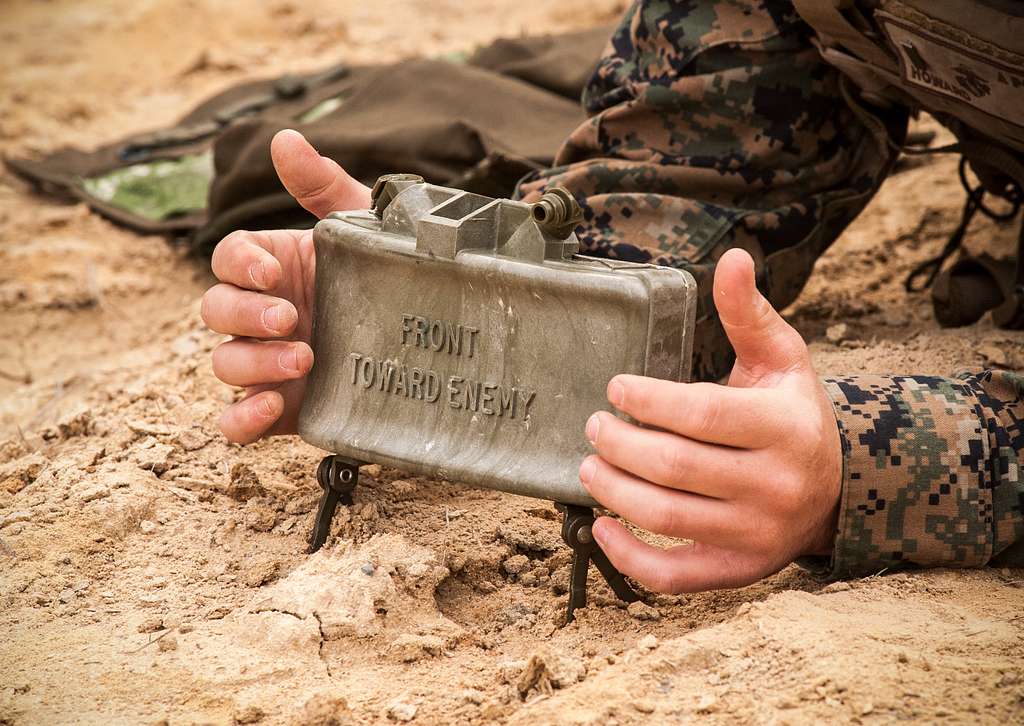
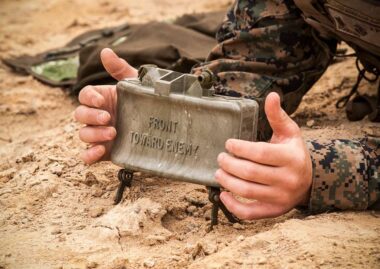
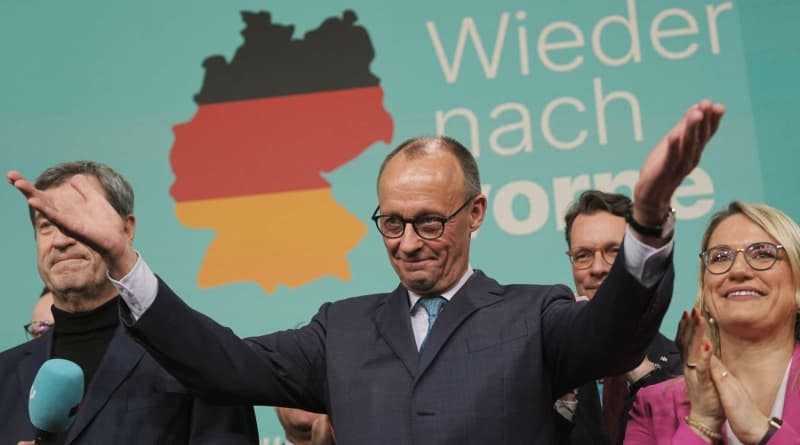
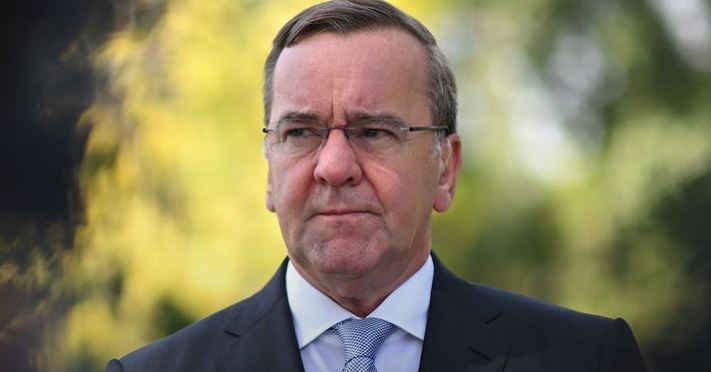
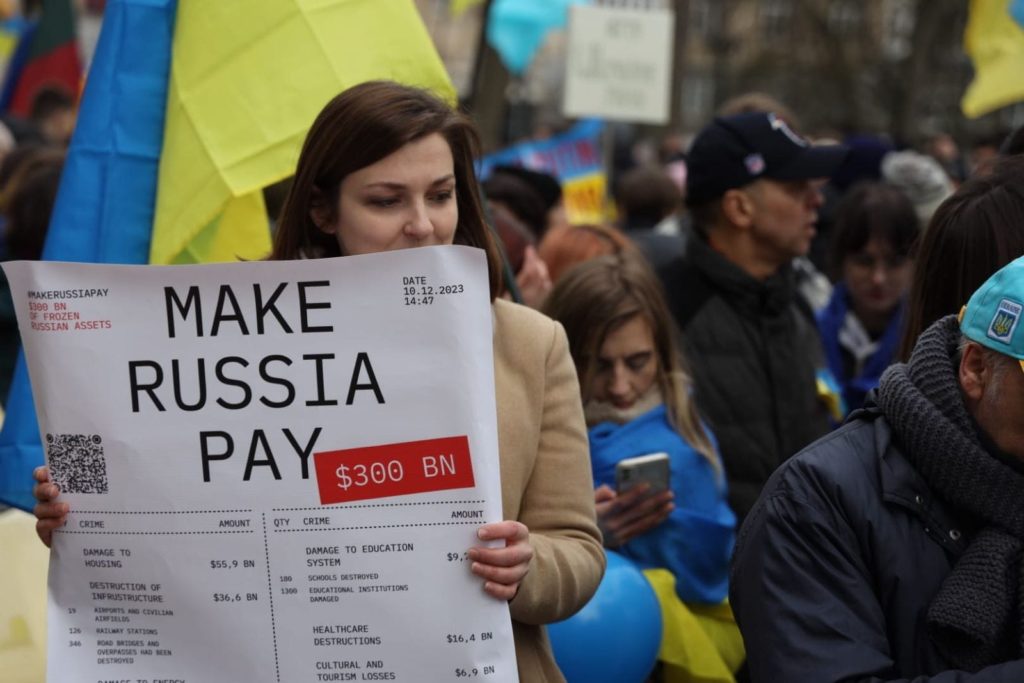
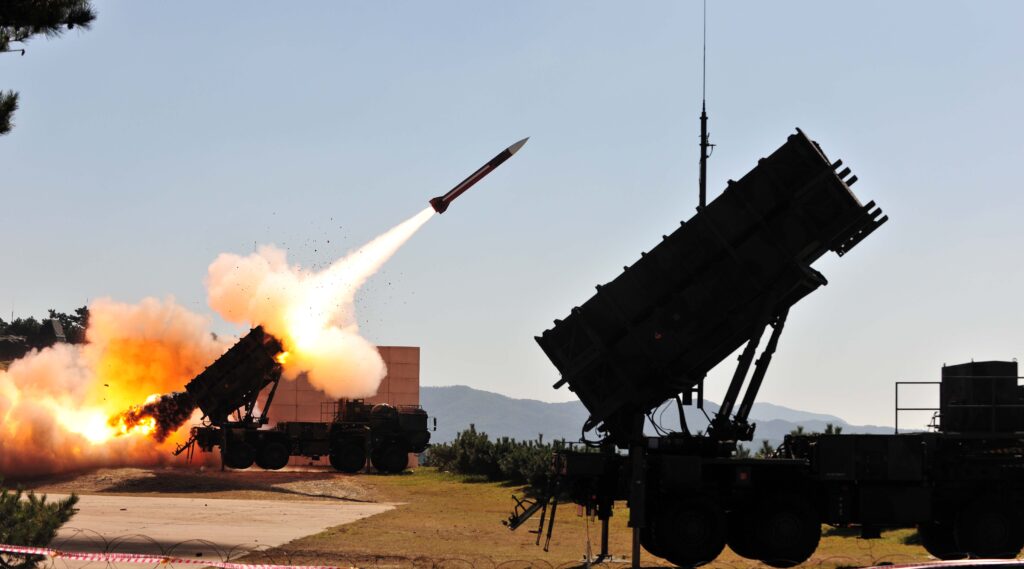
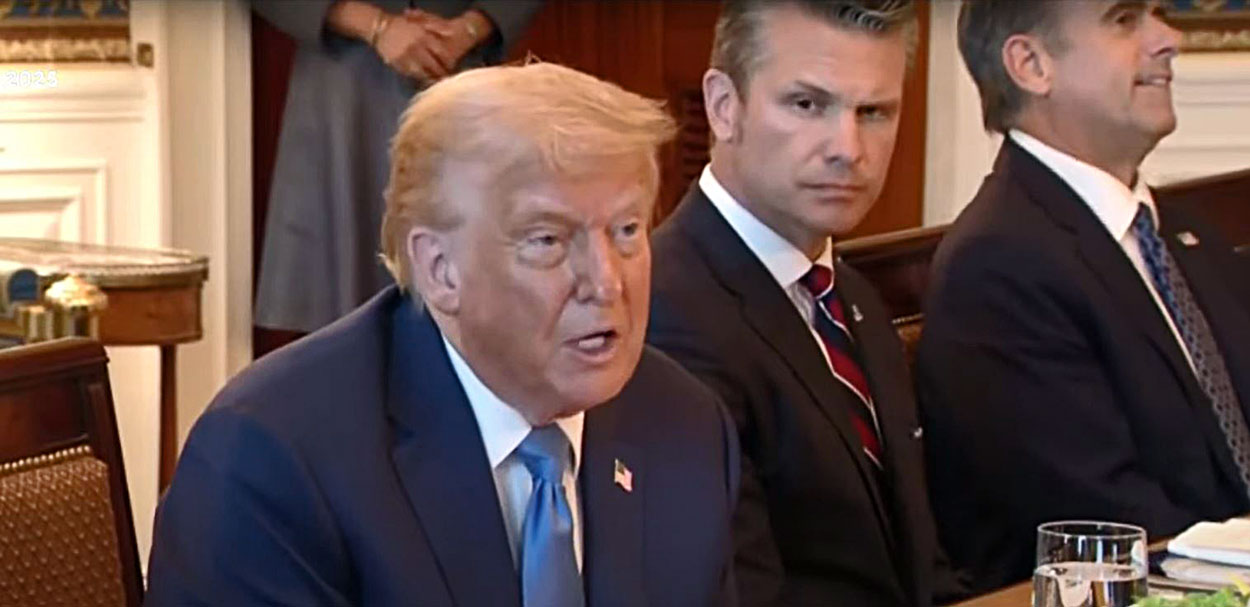

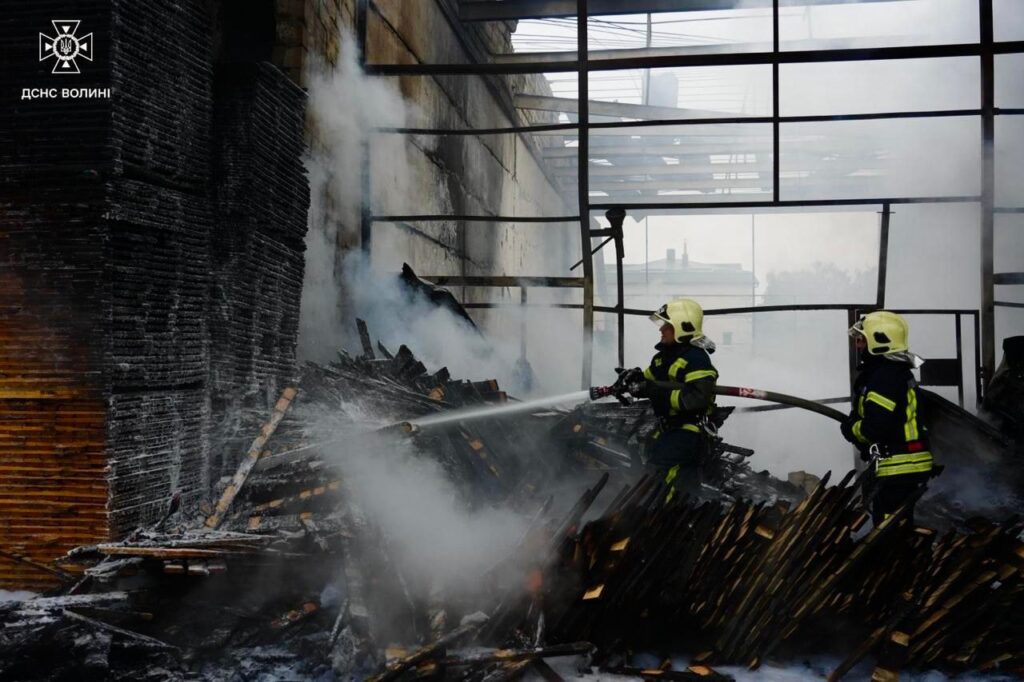
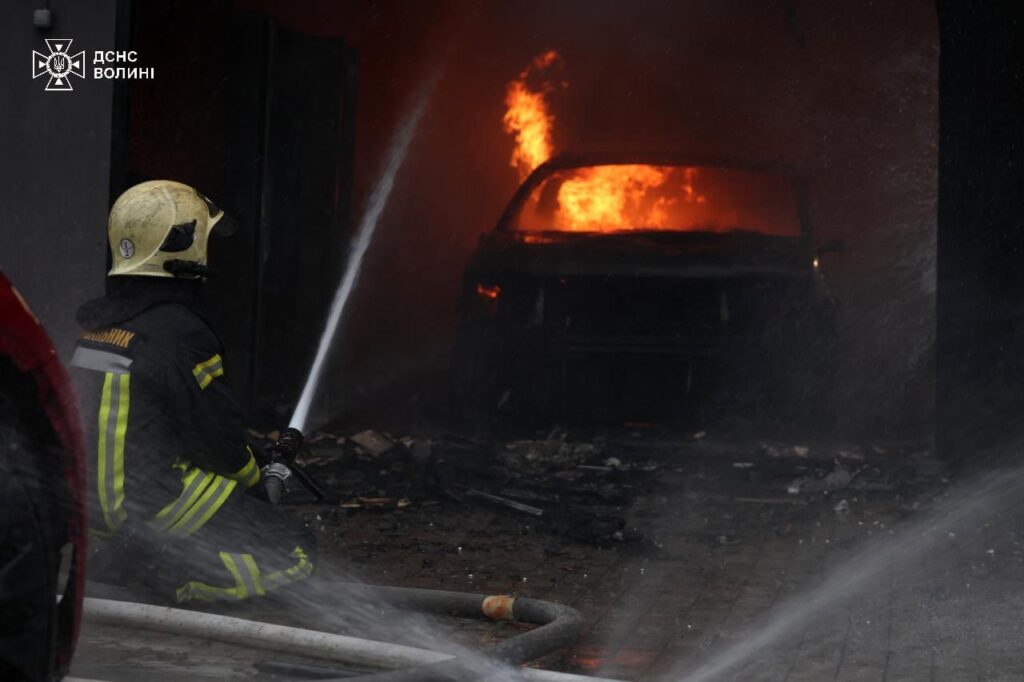
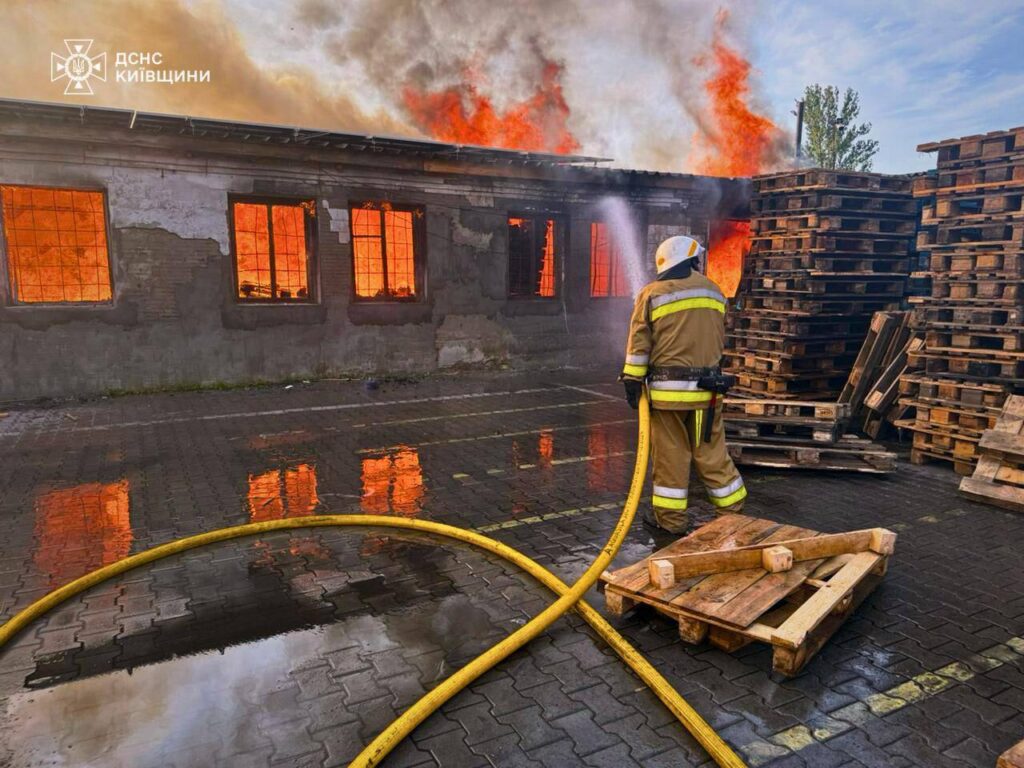
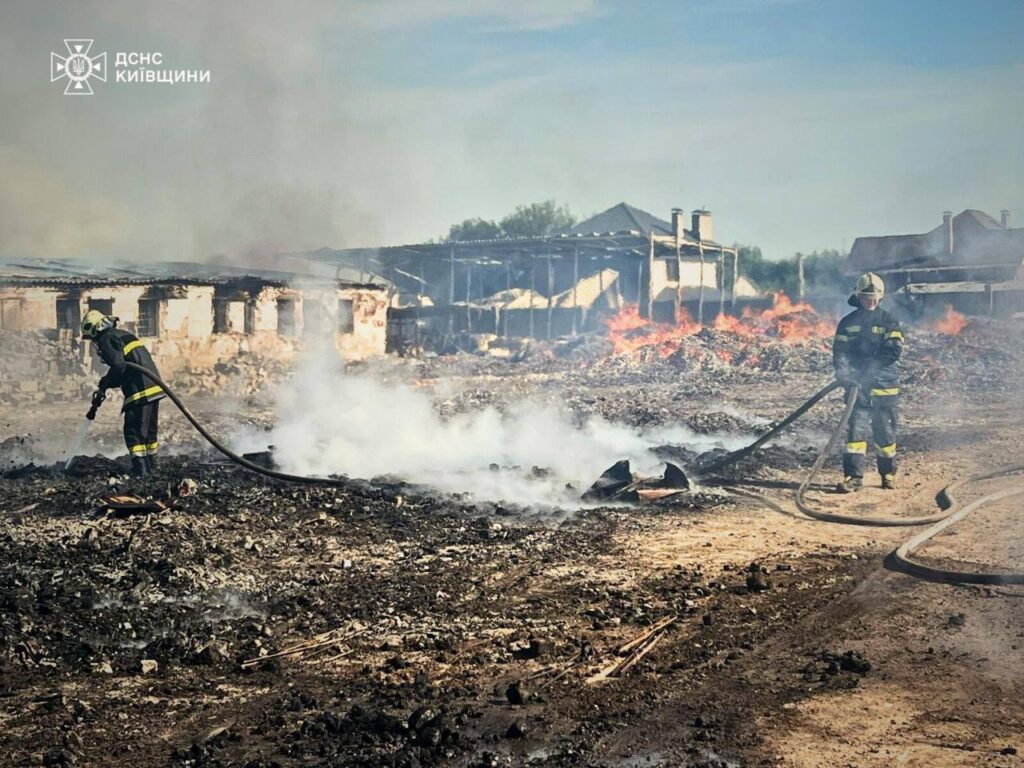

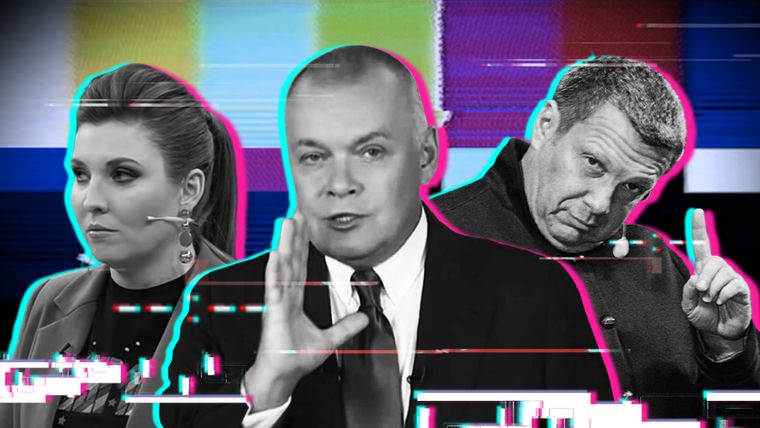
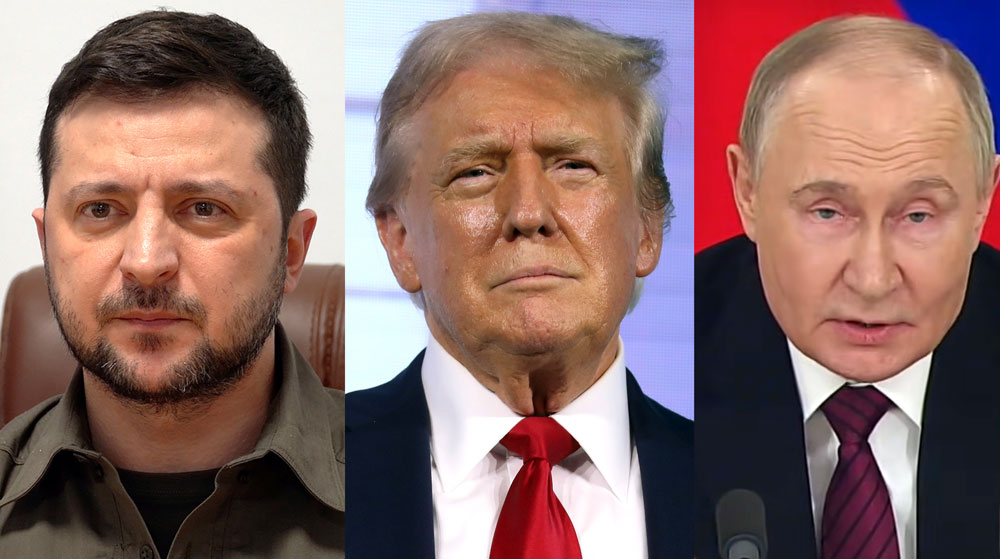






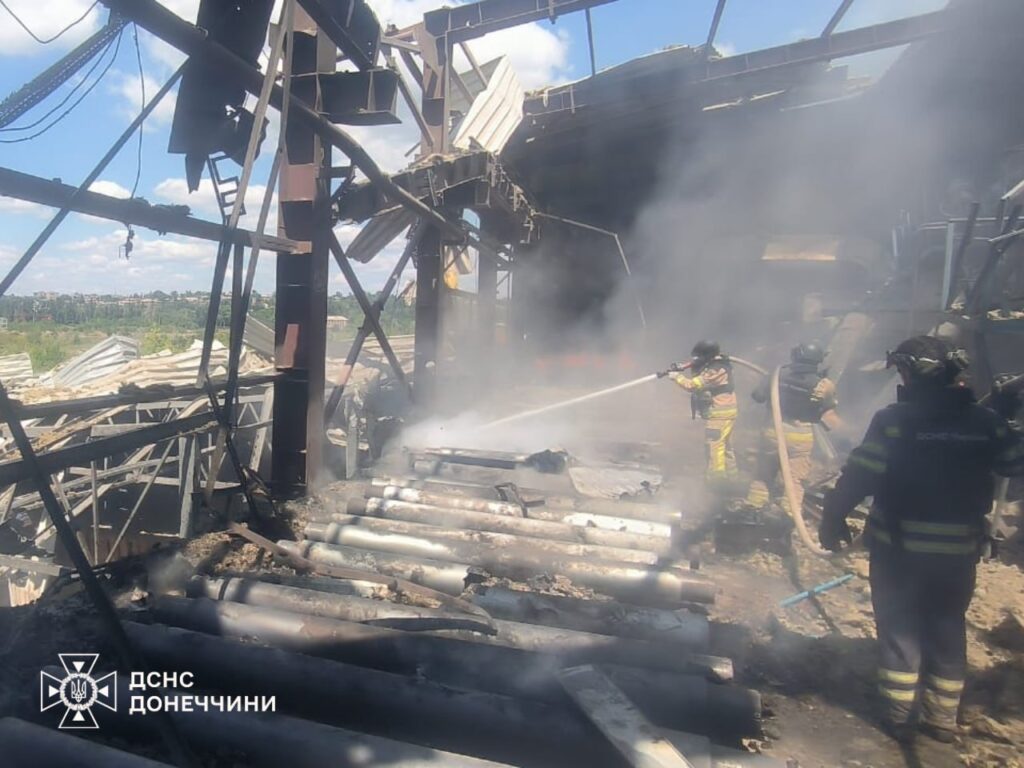

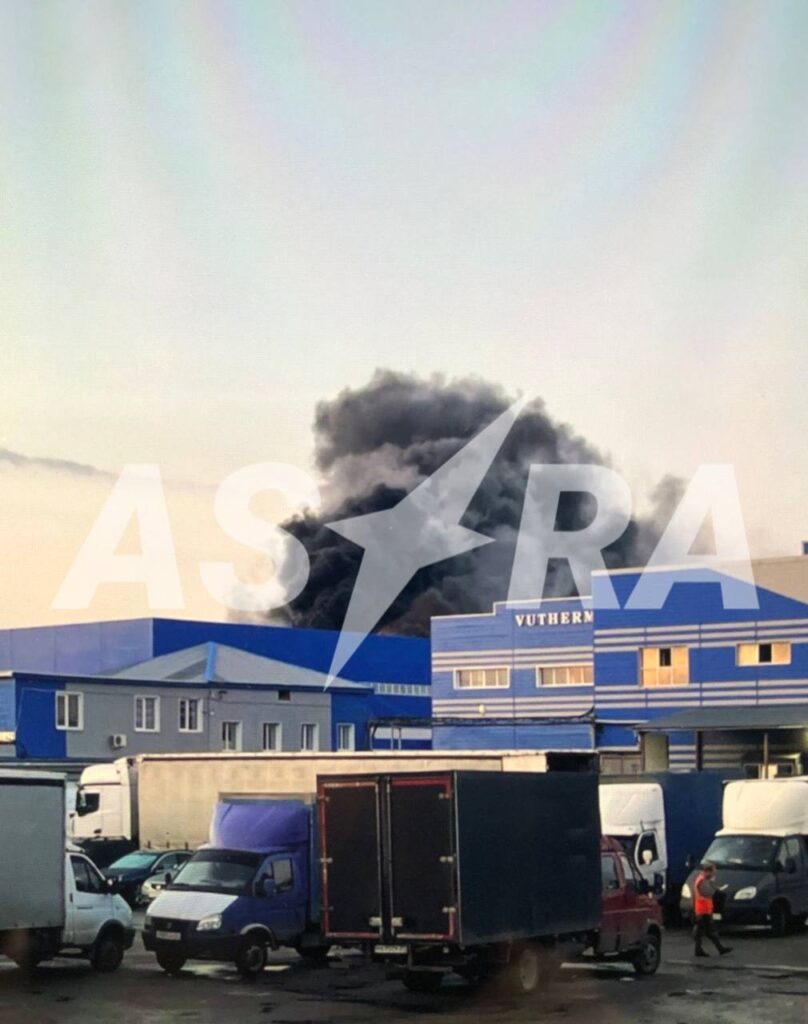




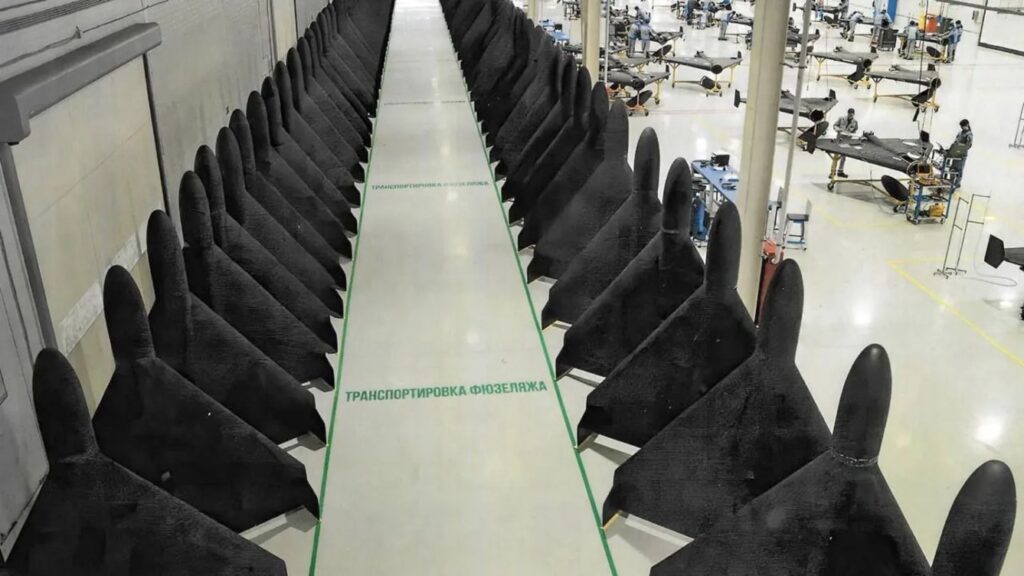
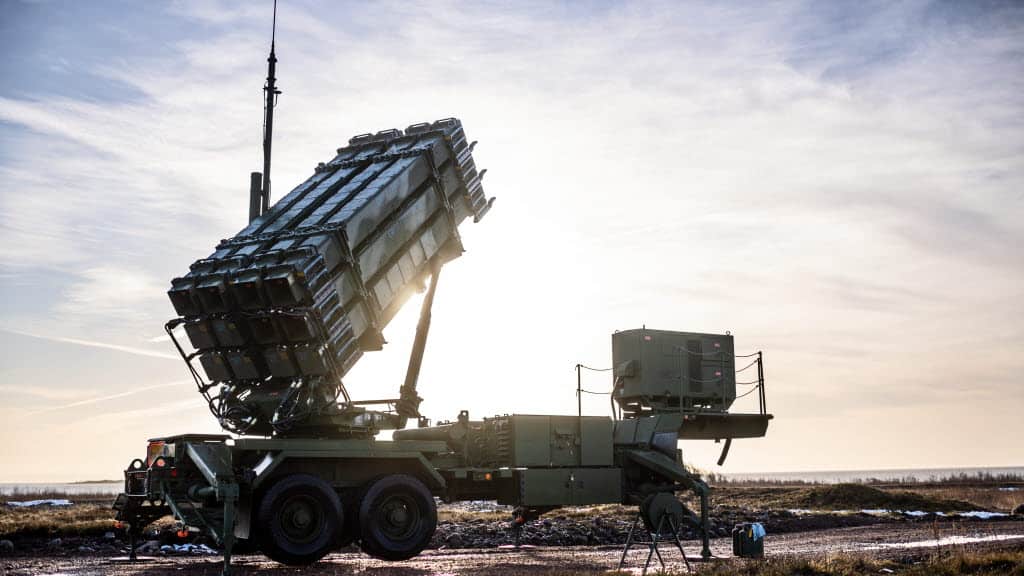

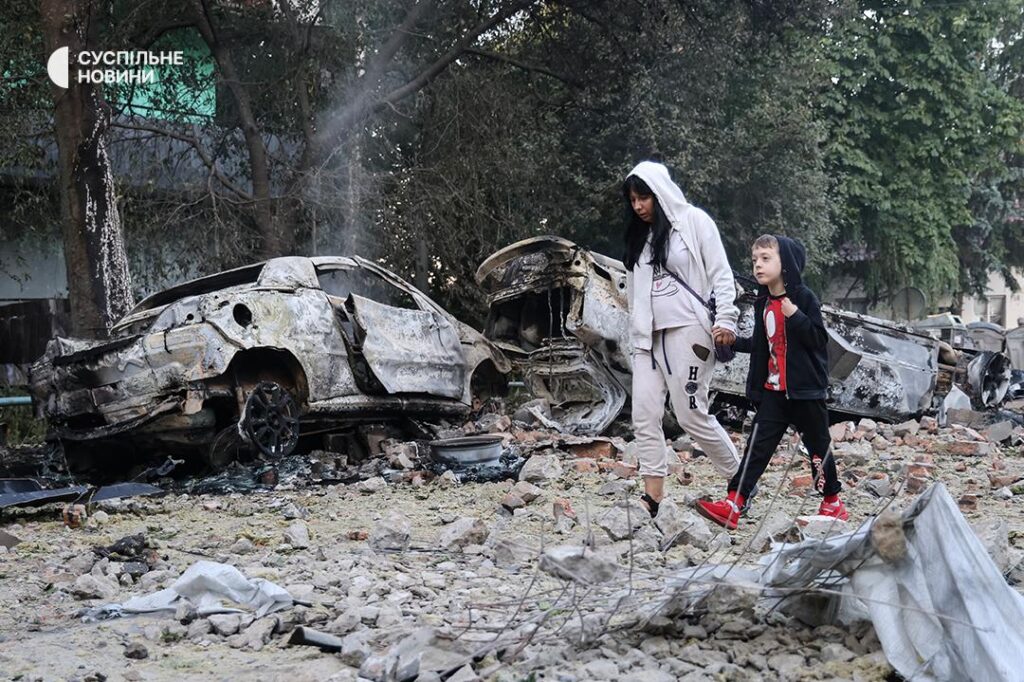


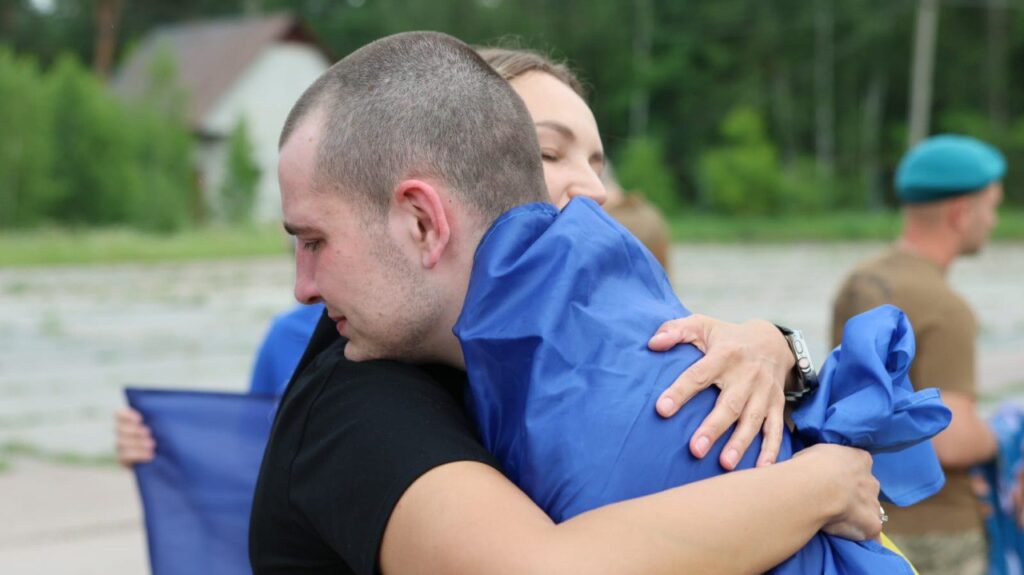
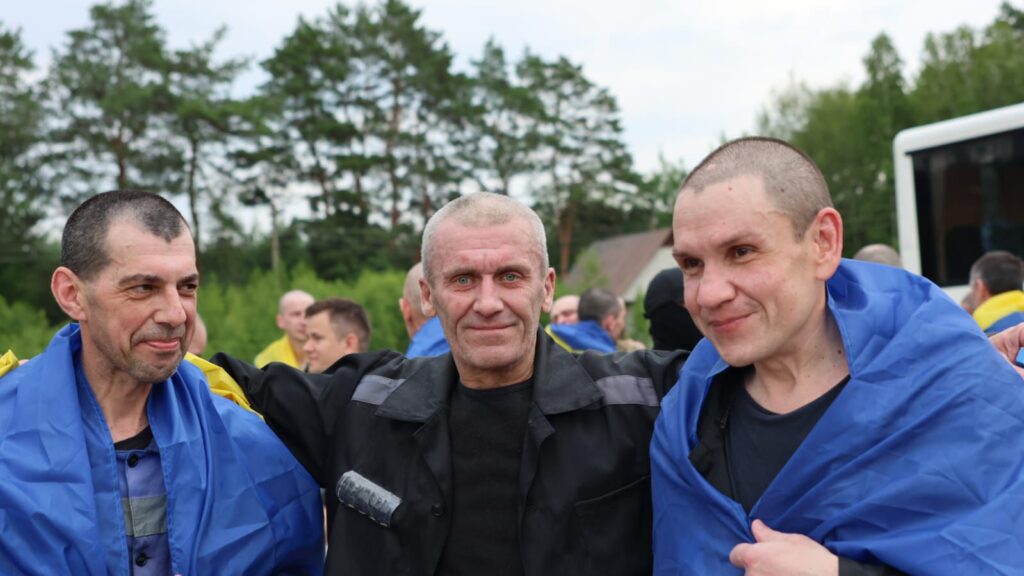

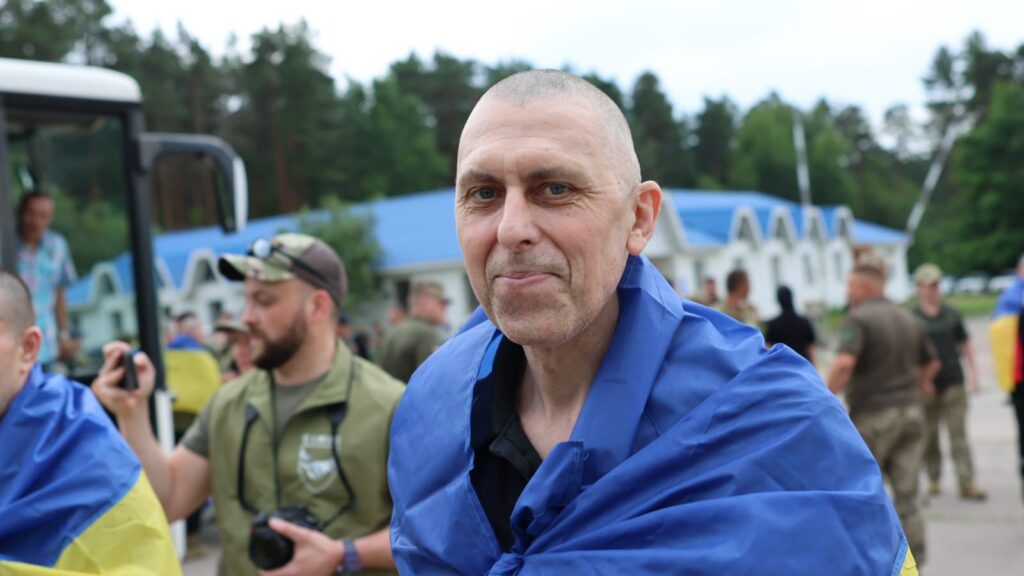







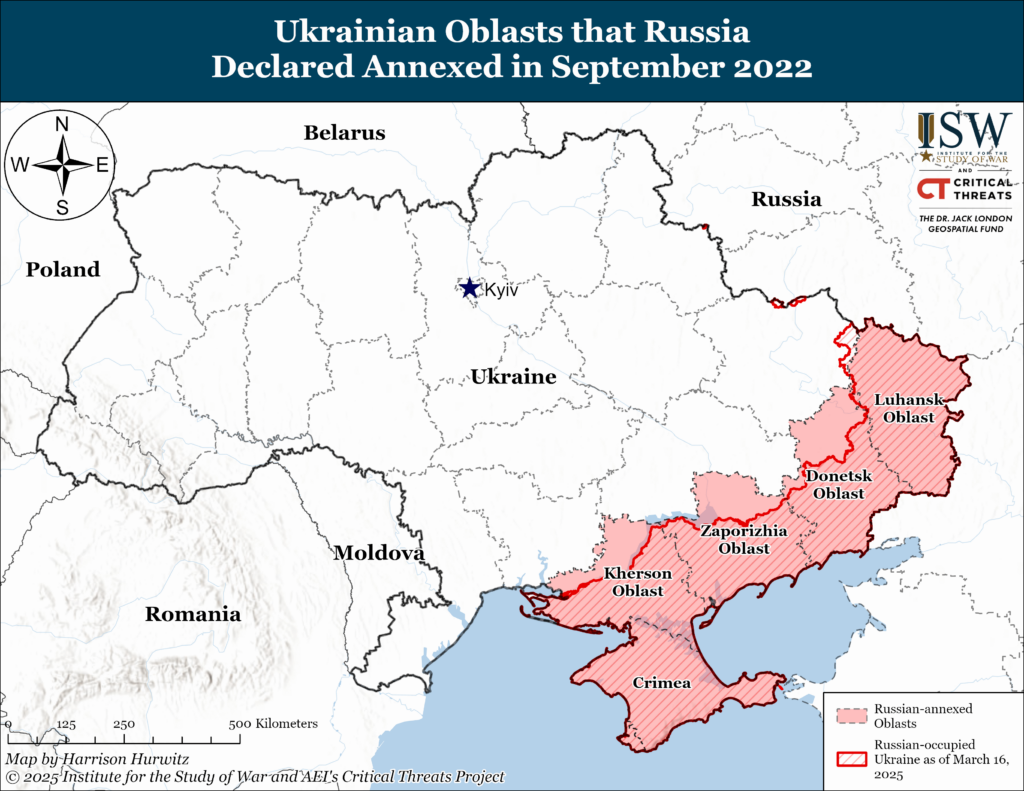
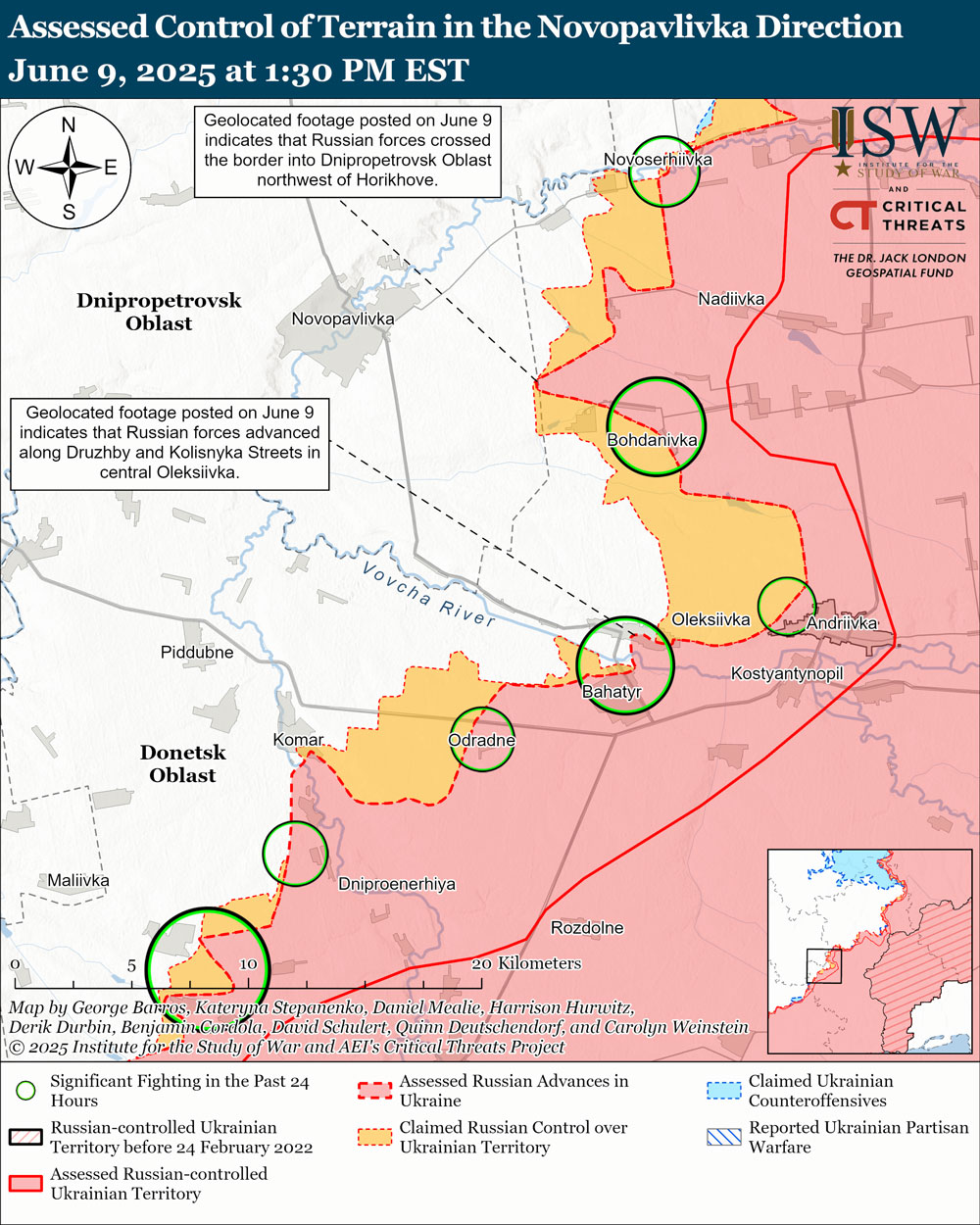
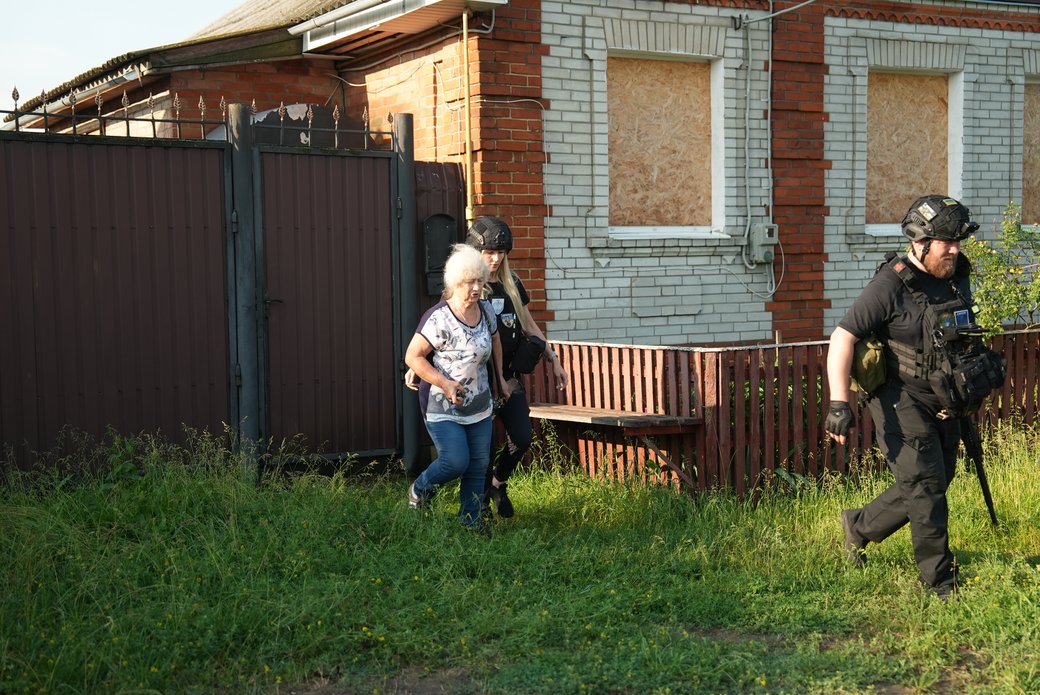


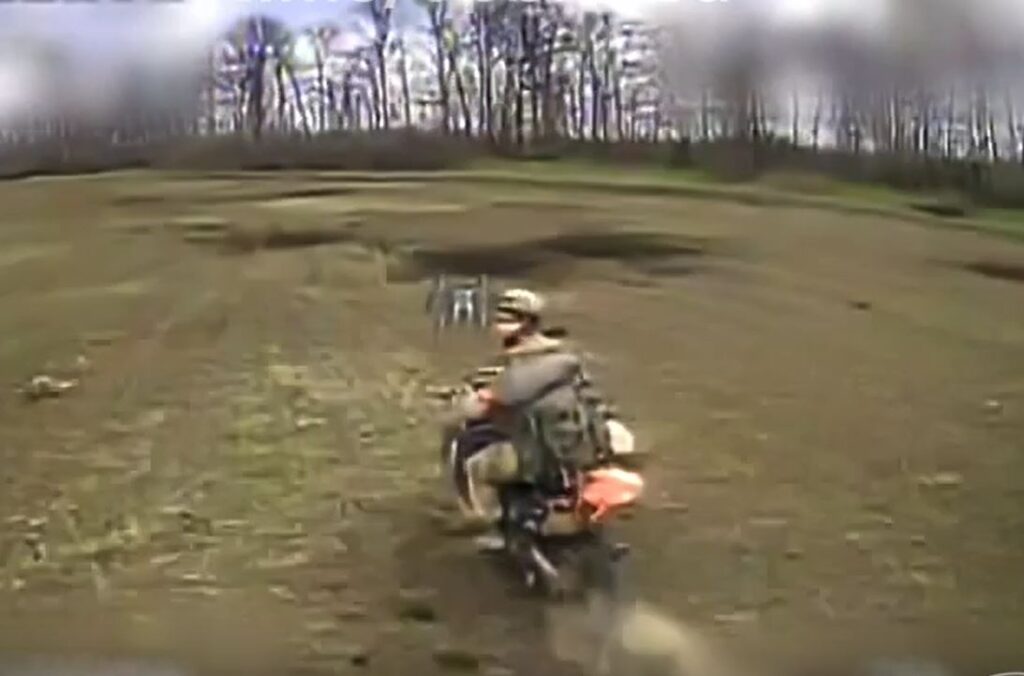
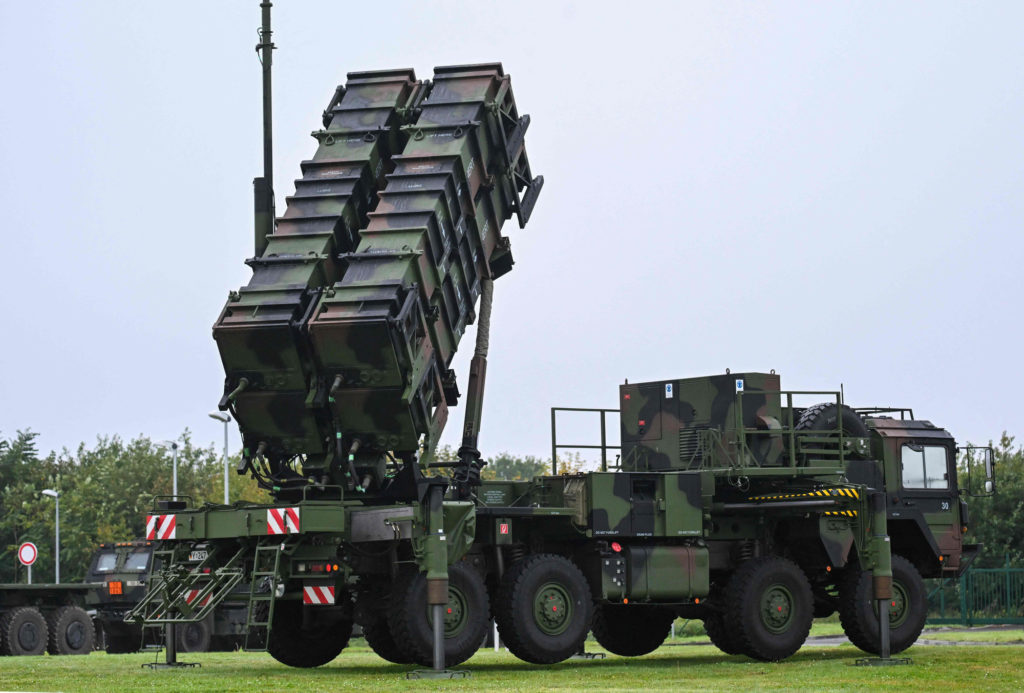
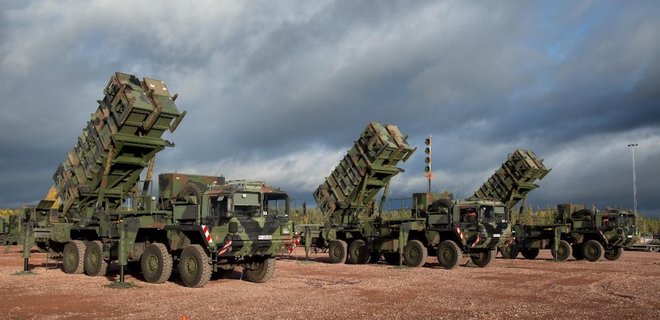
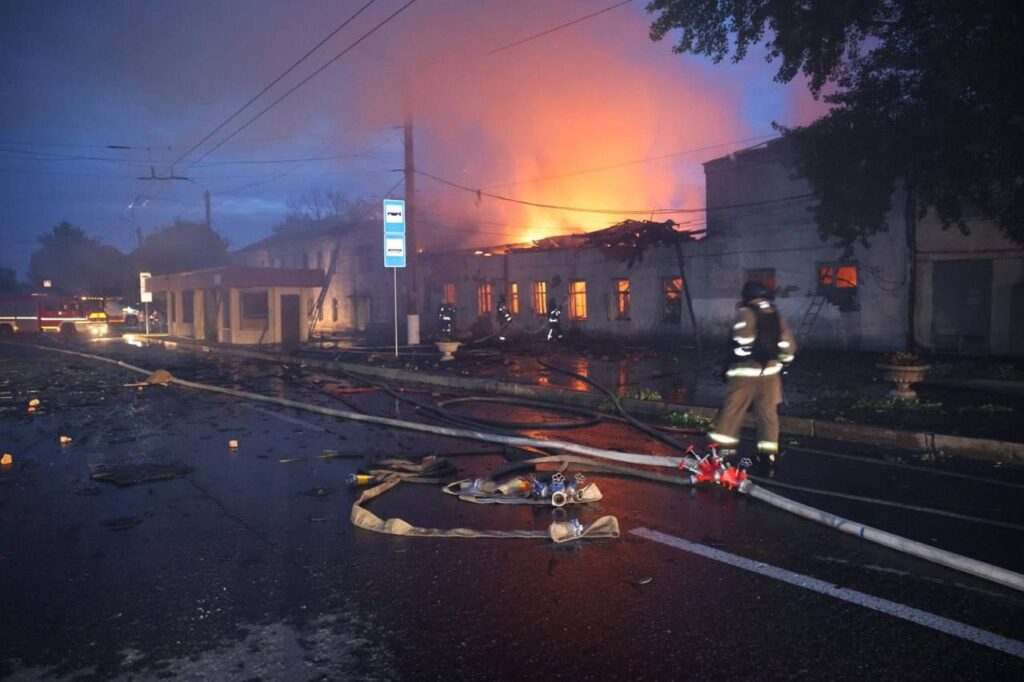


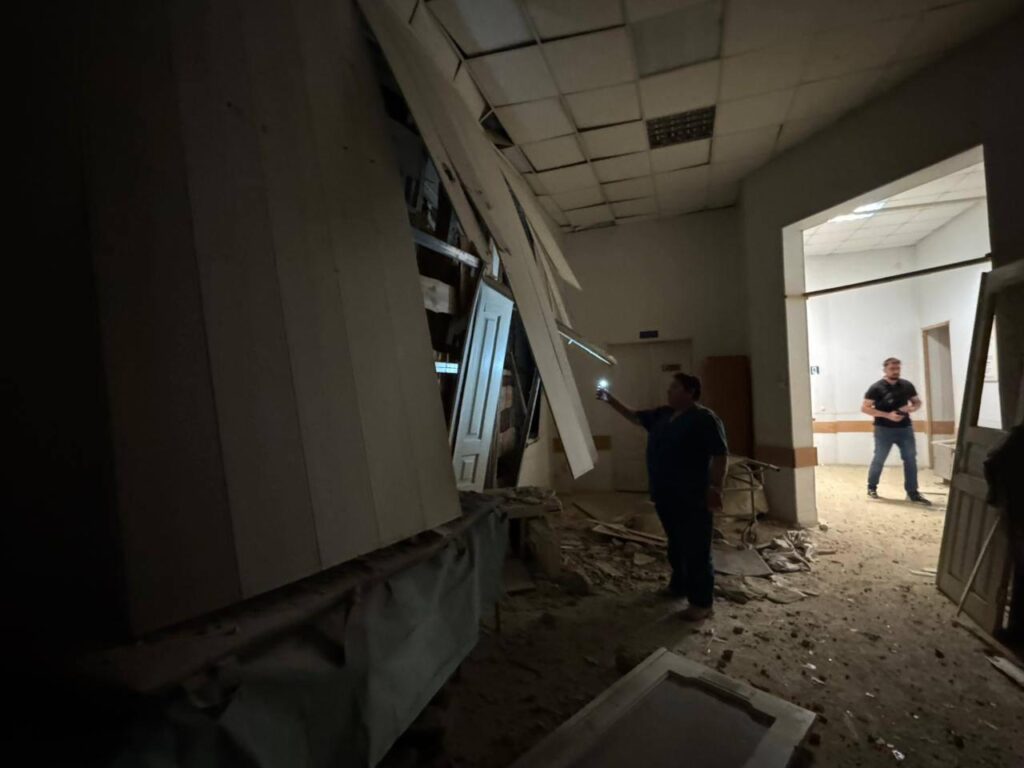
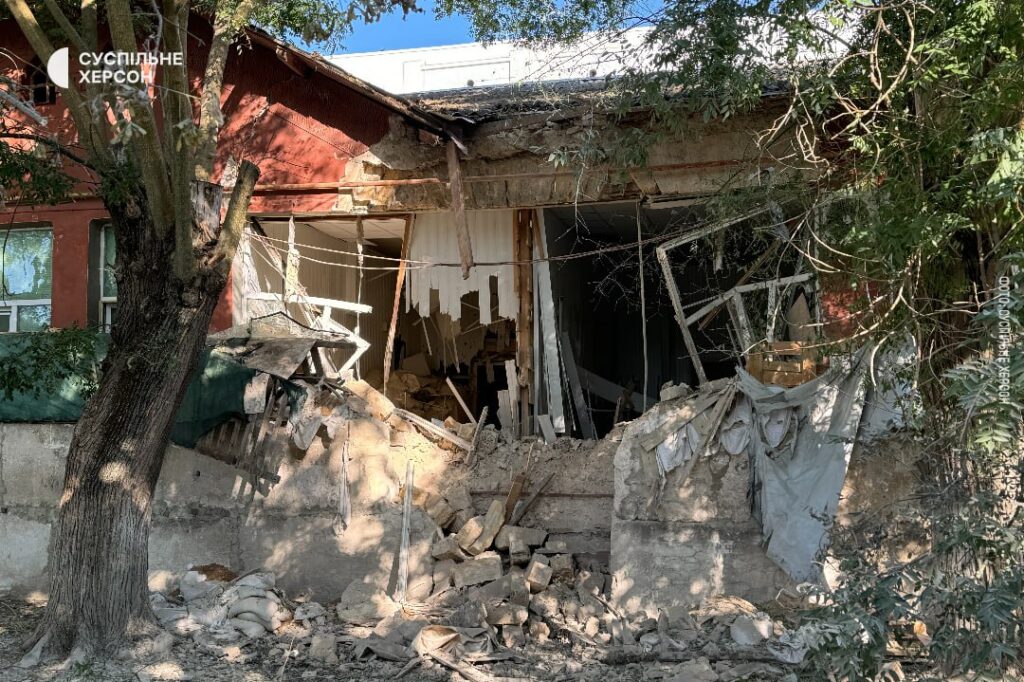
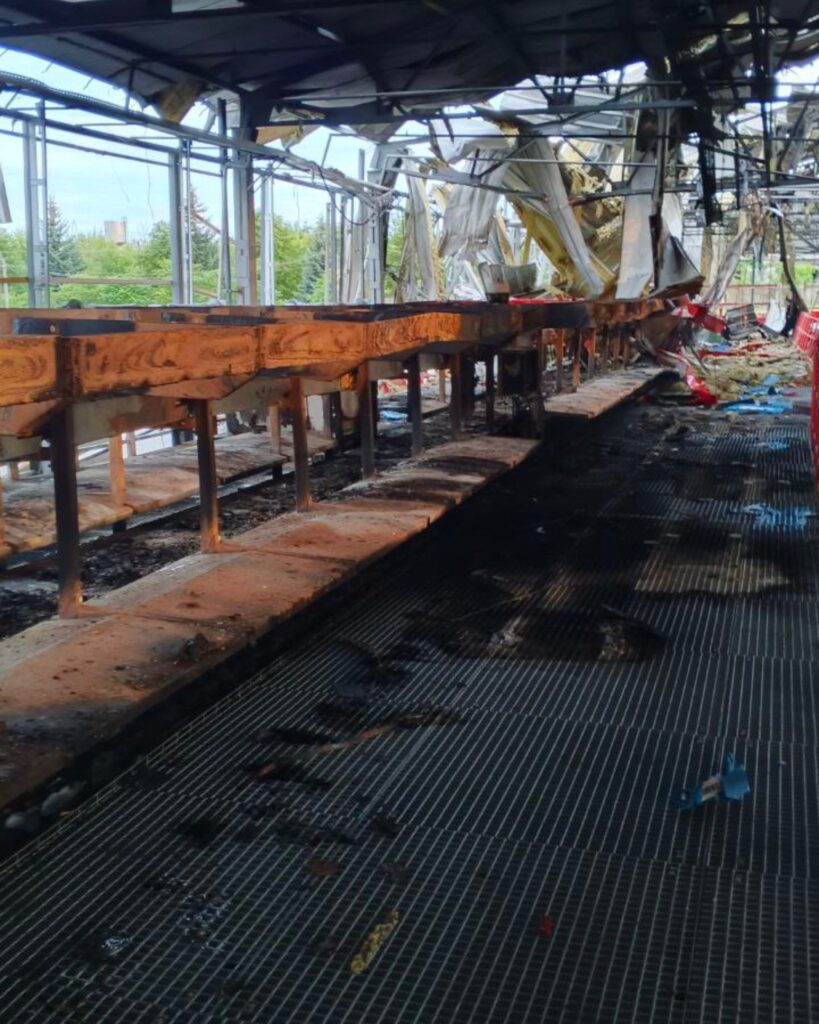
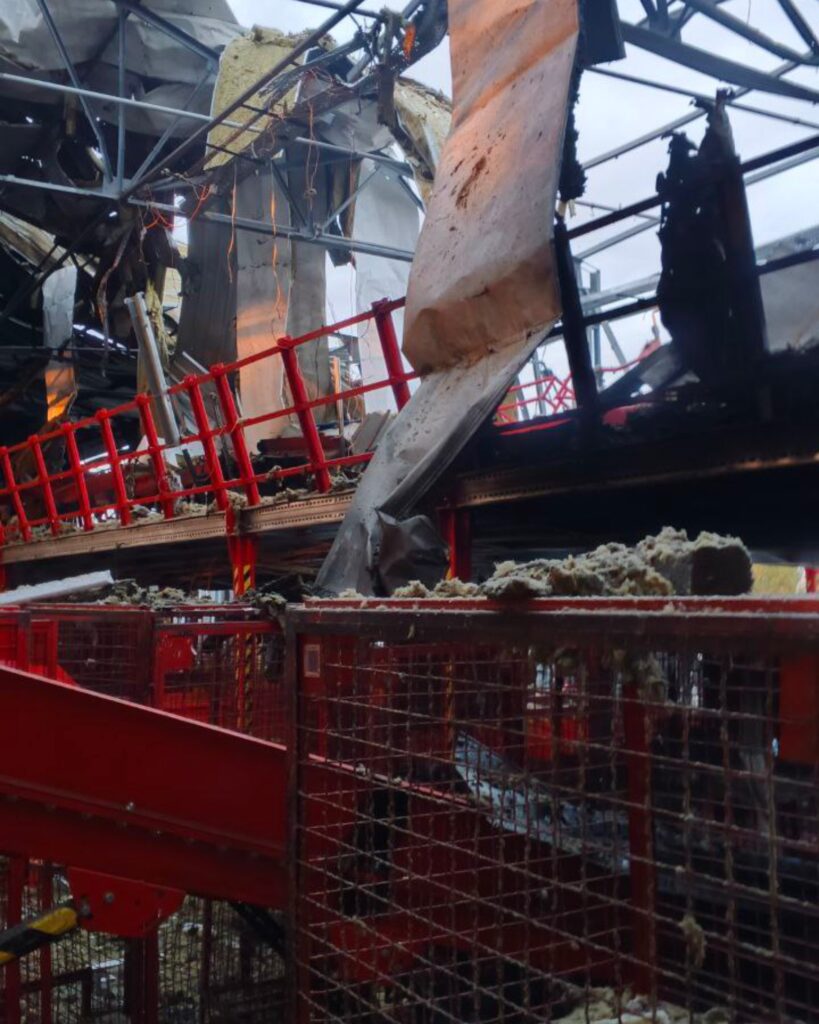
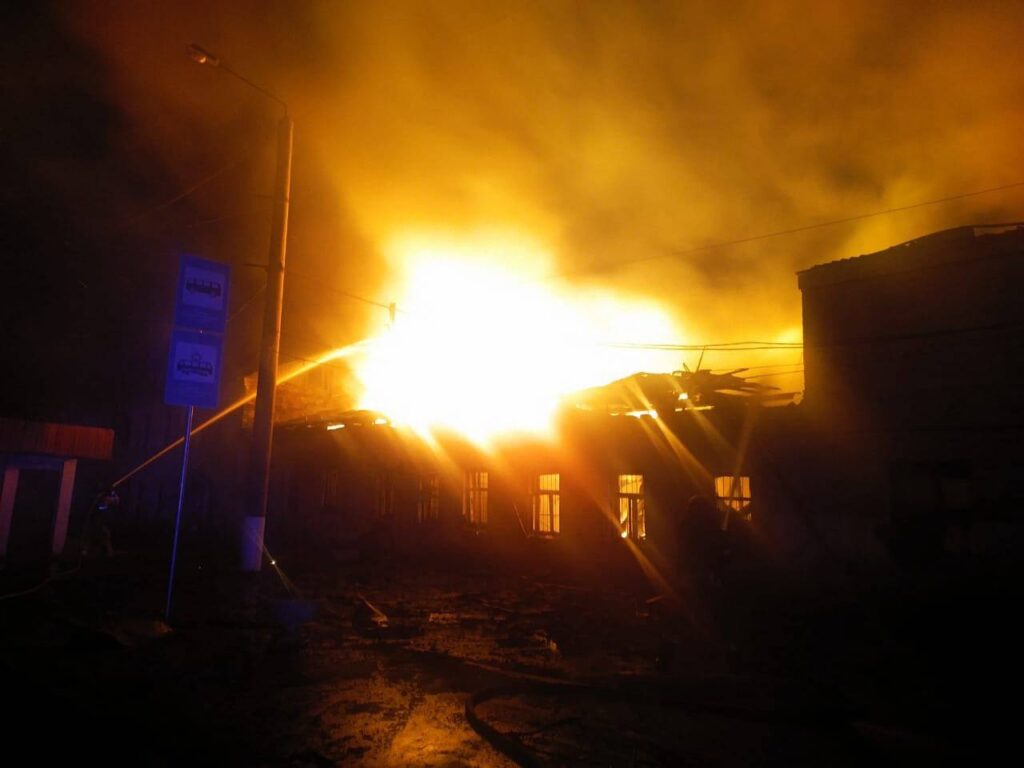
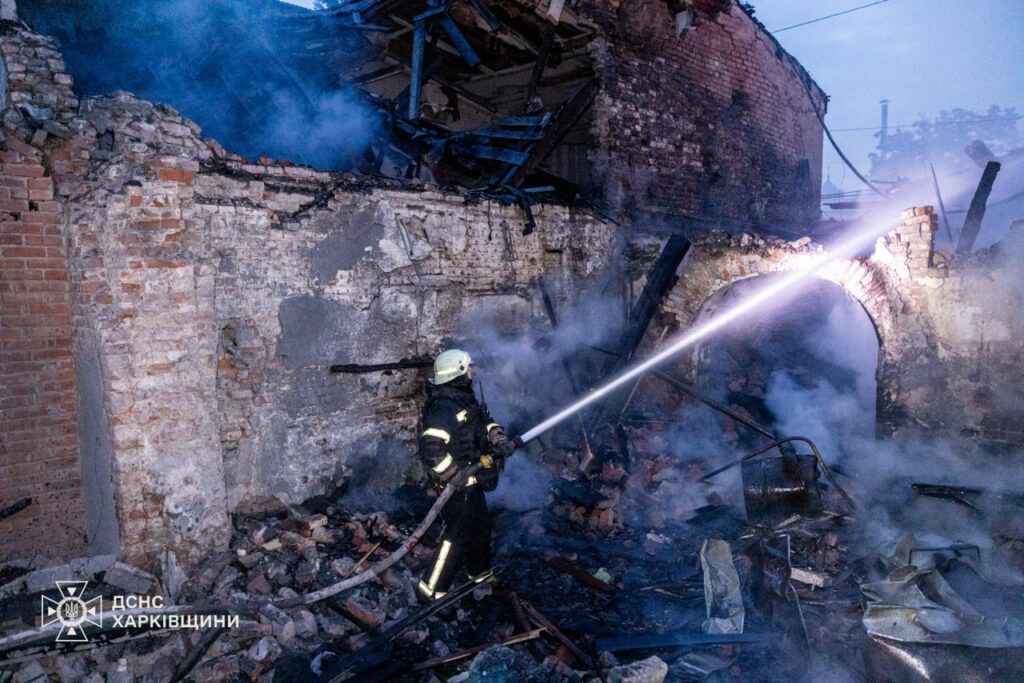





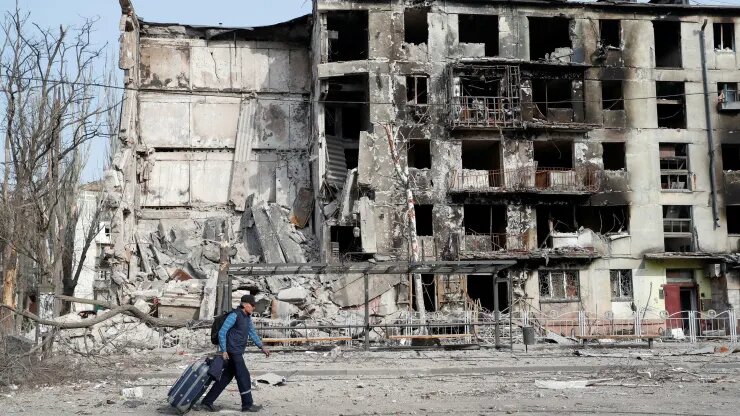
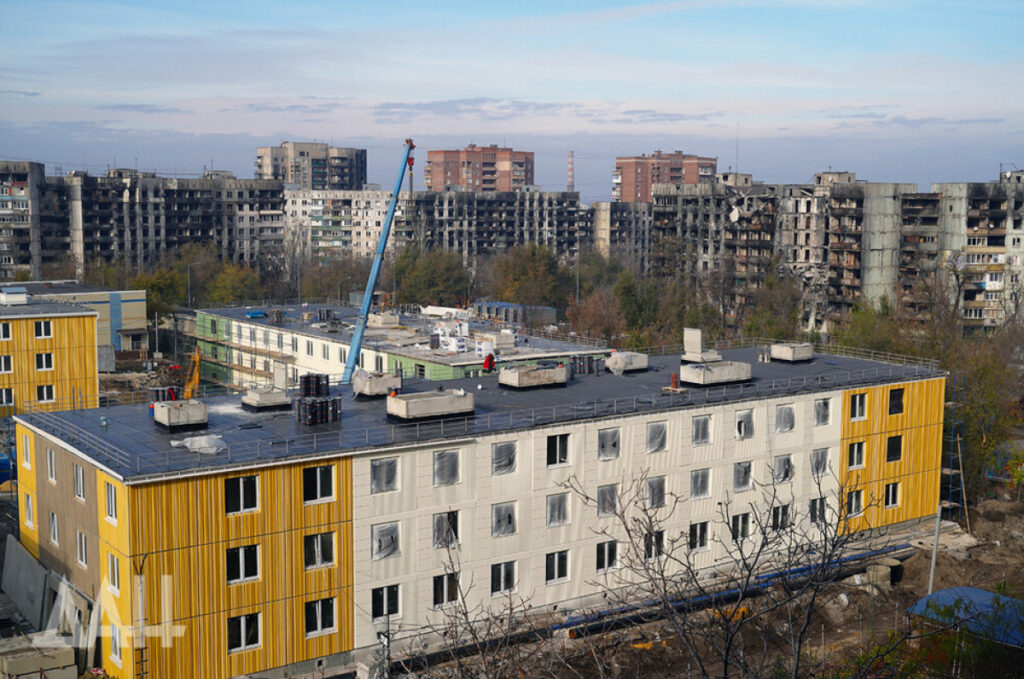


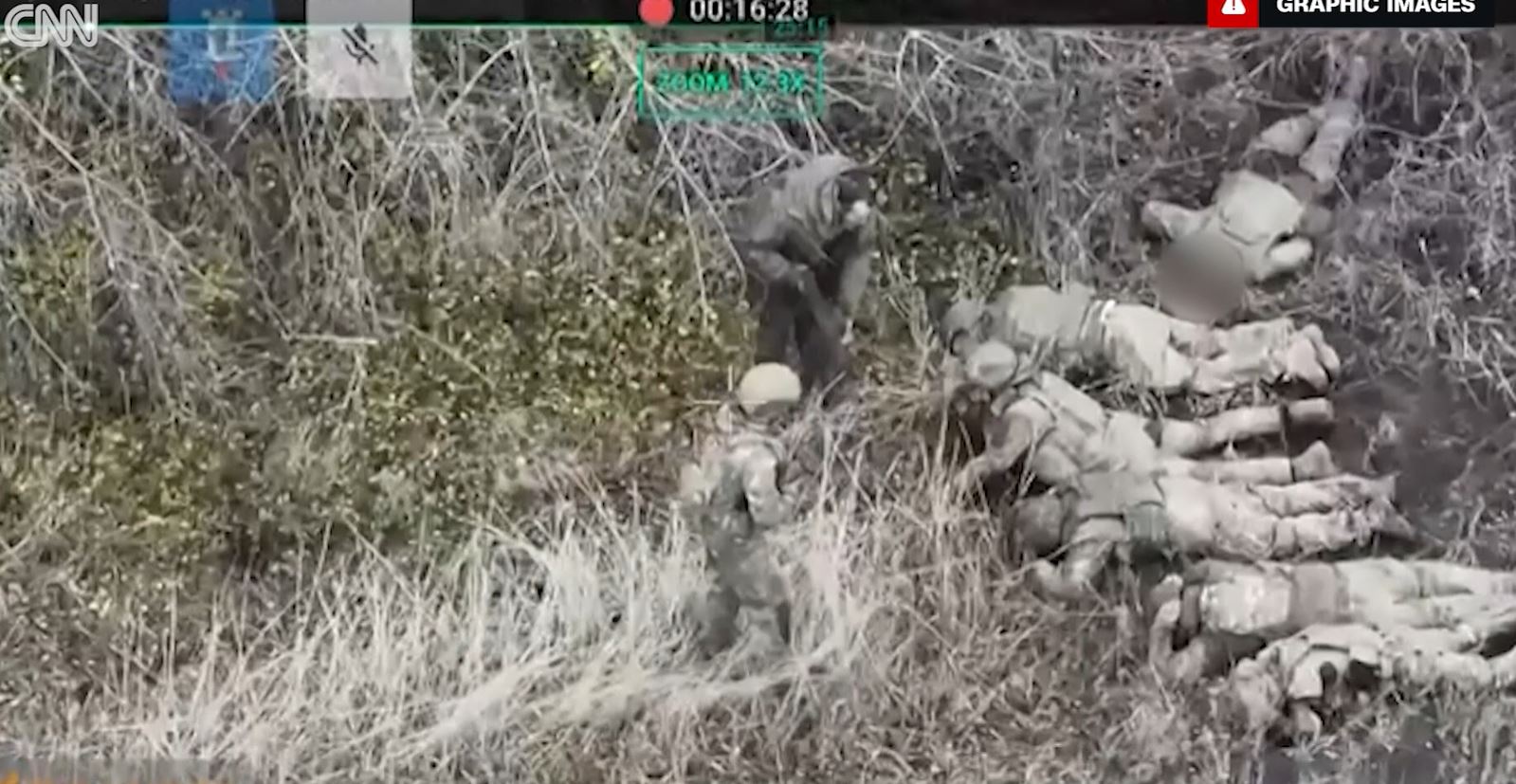


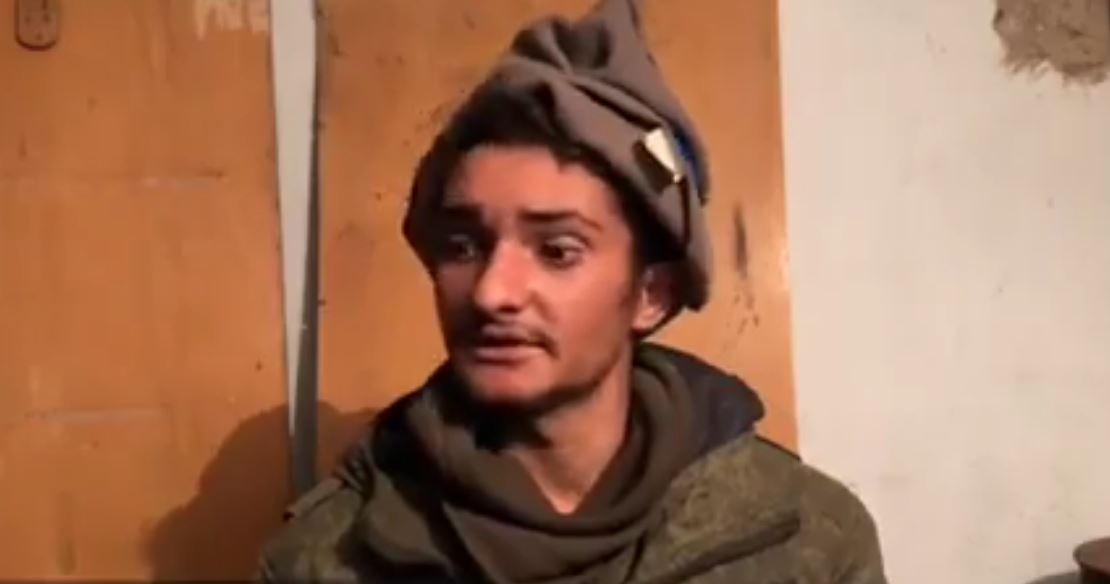
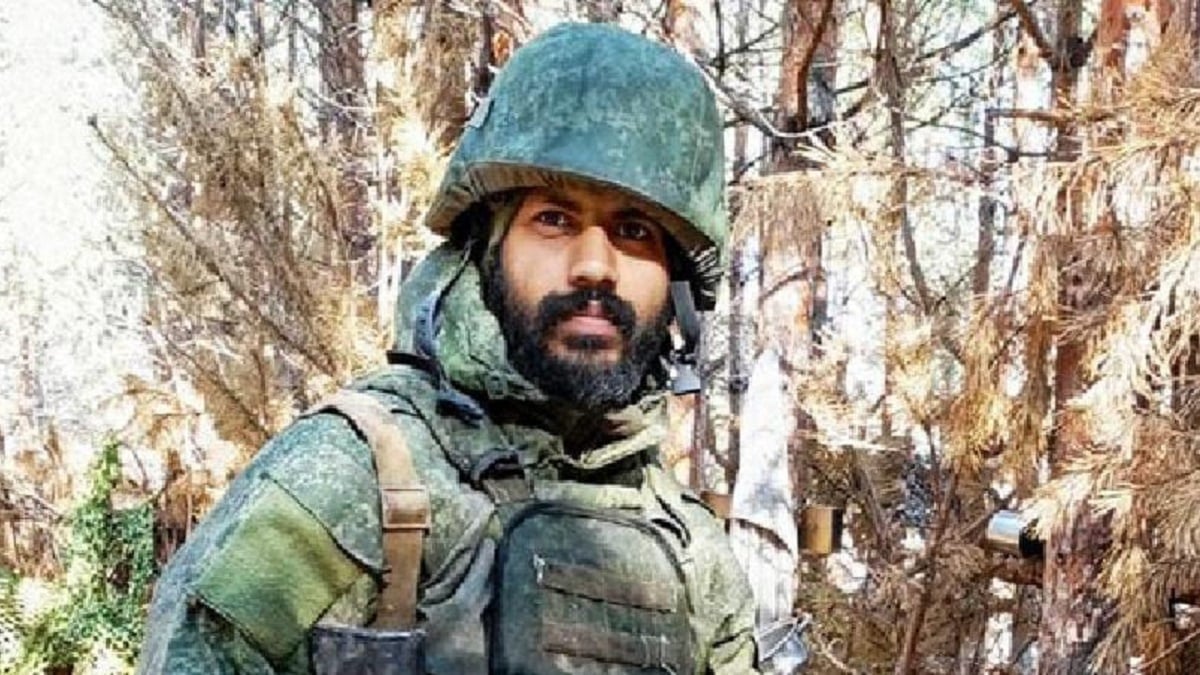
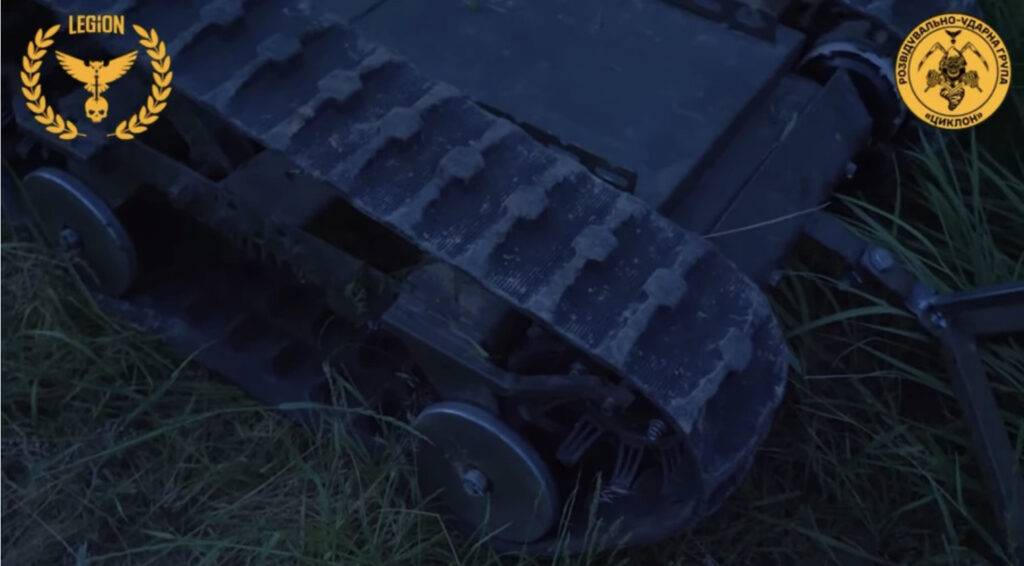
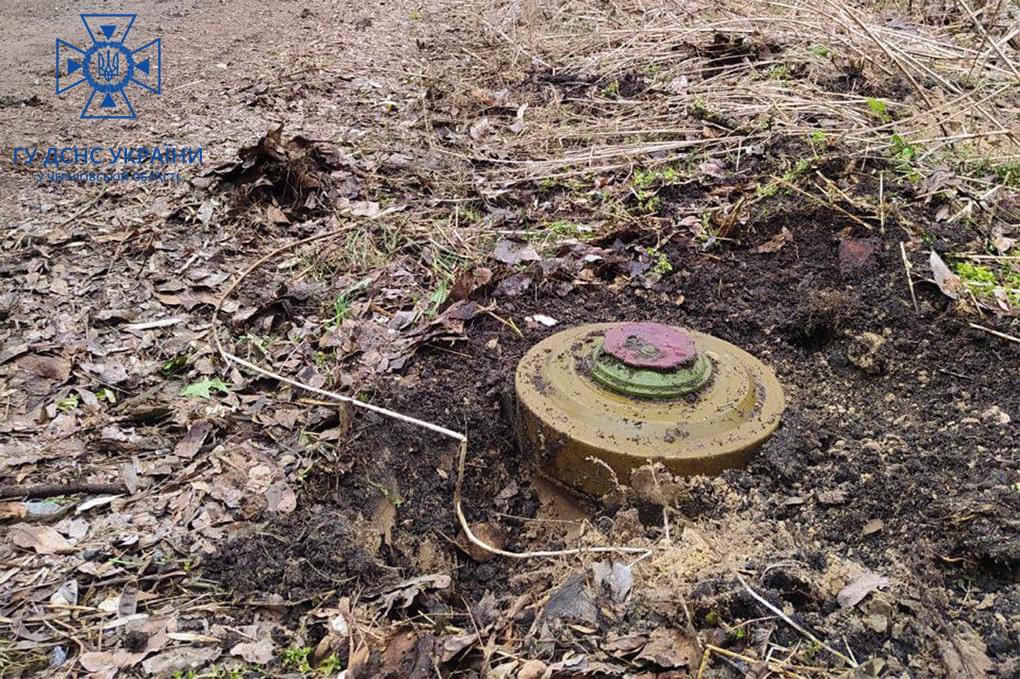
 (@MFA_Ukraine)
(@MFA_Ukraine) 